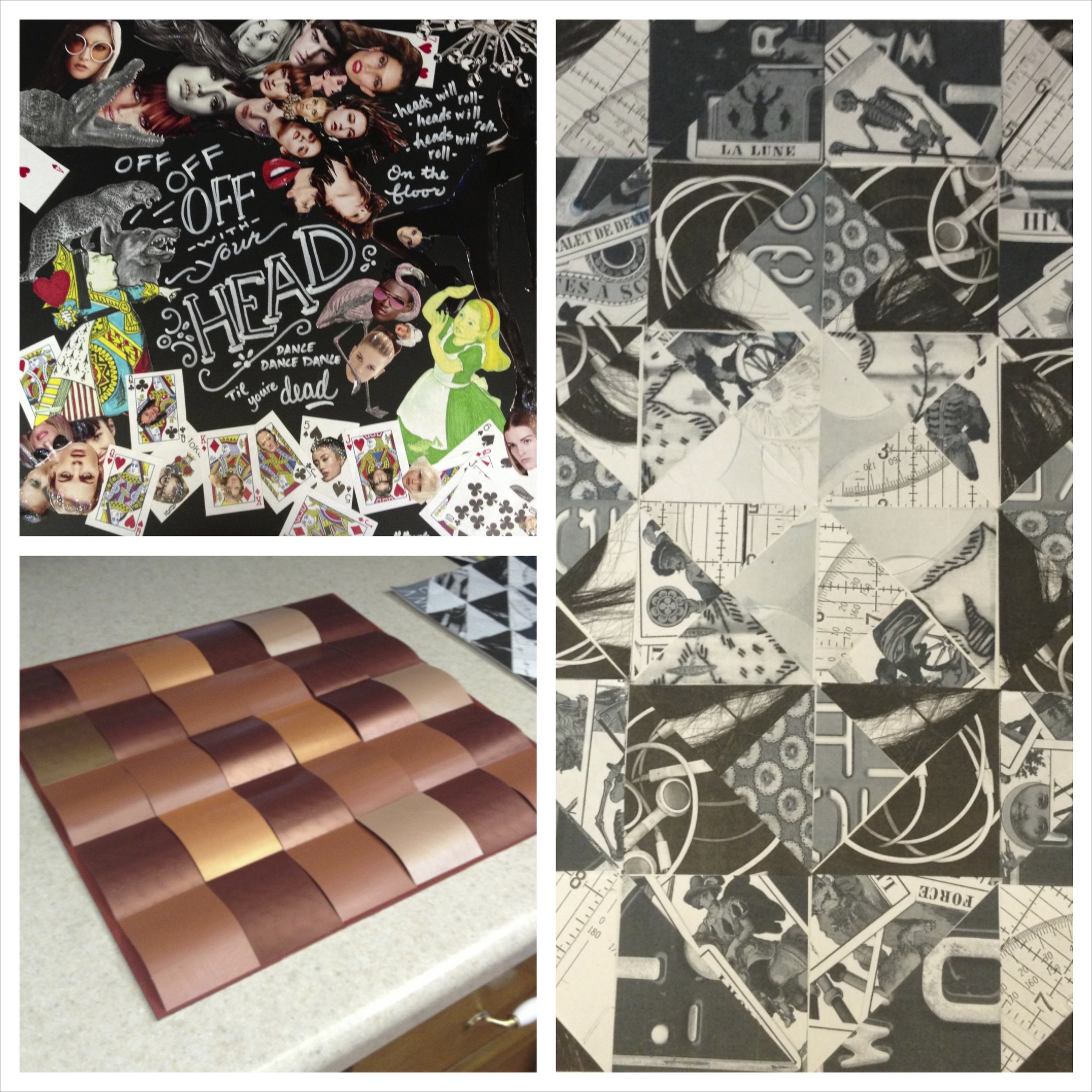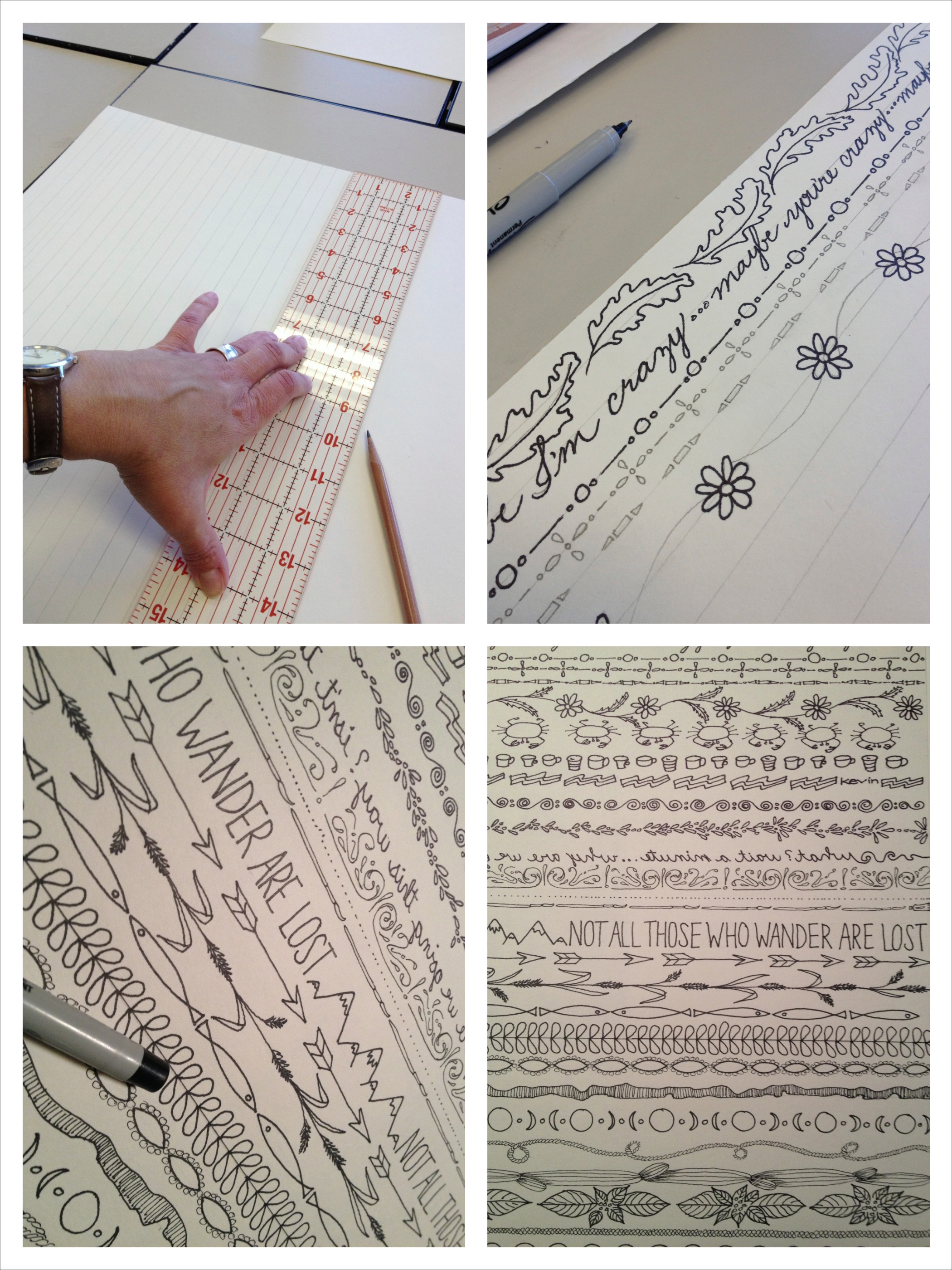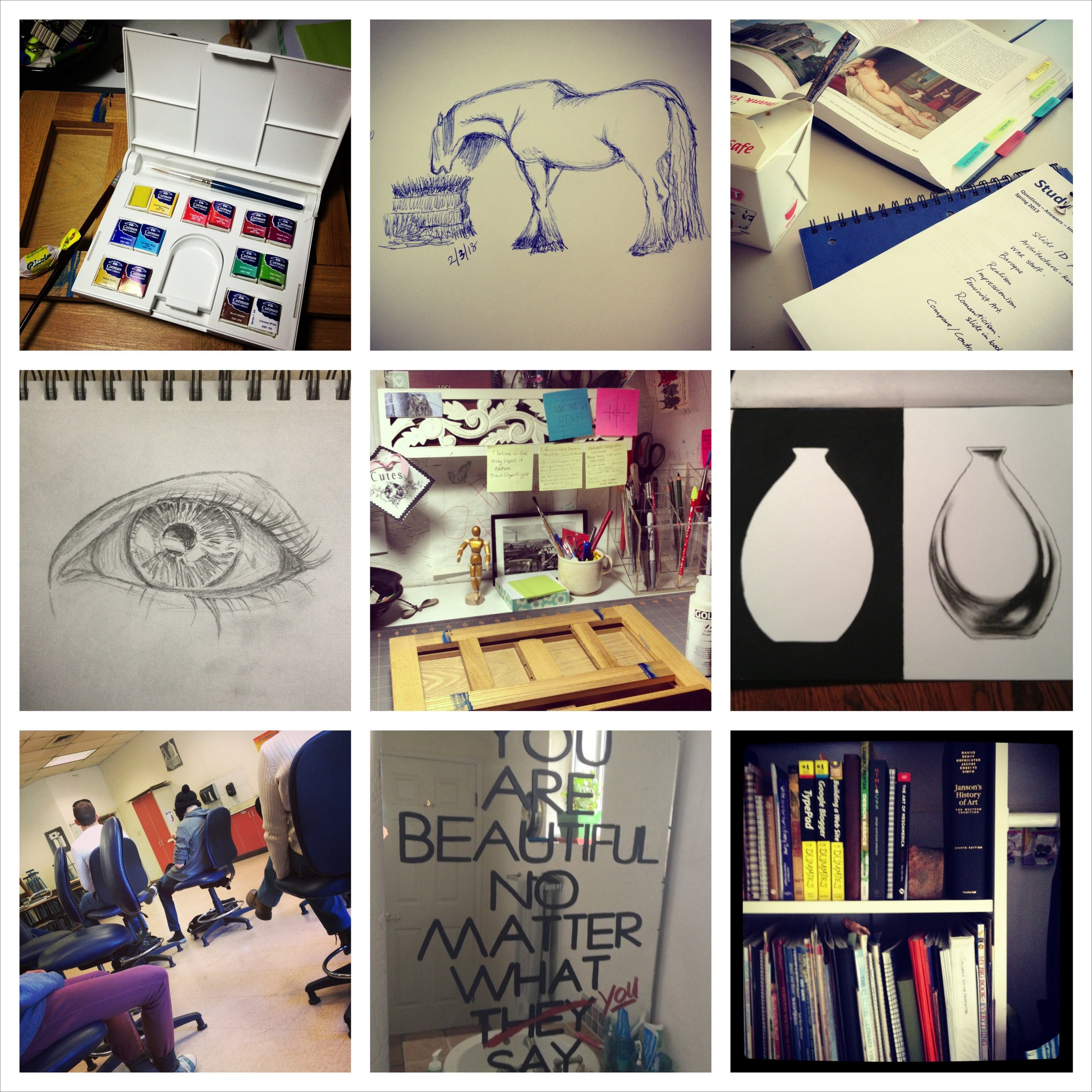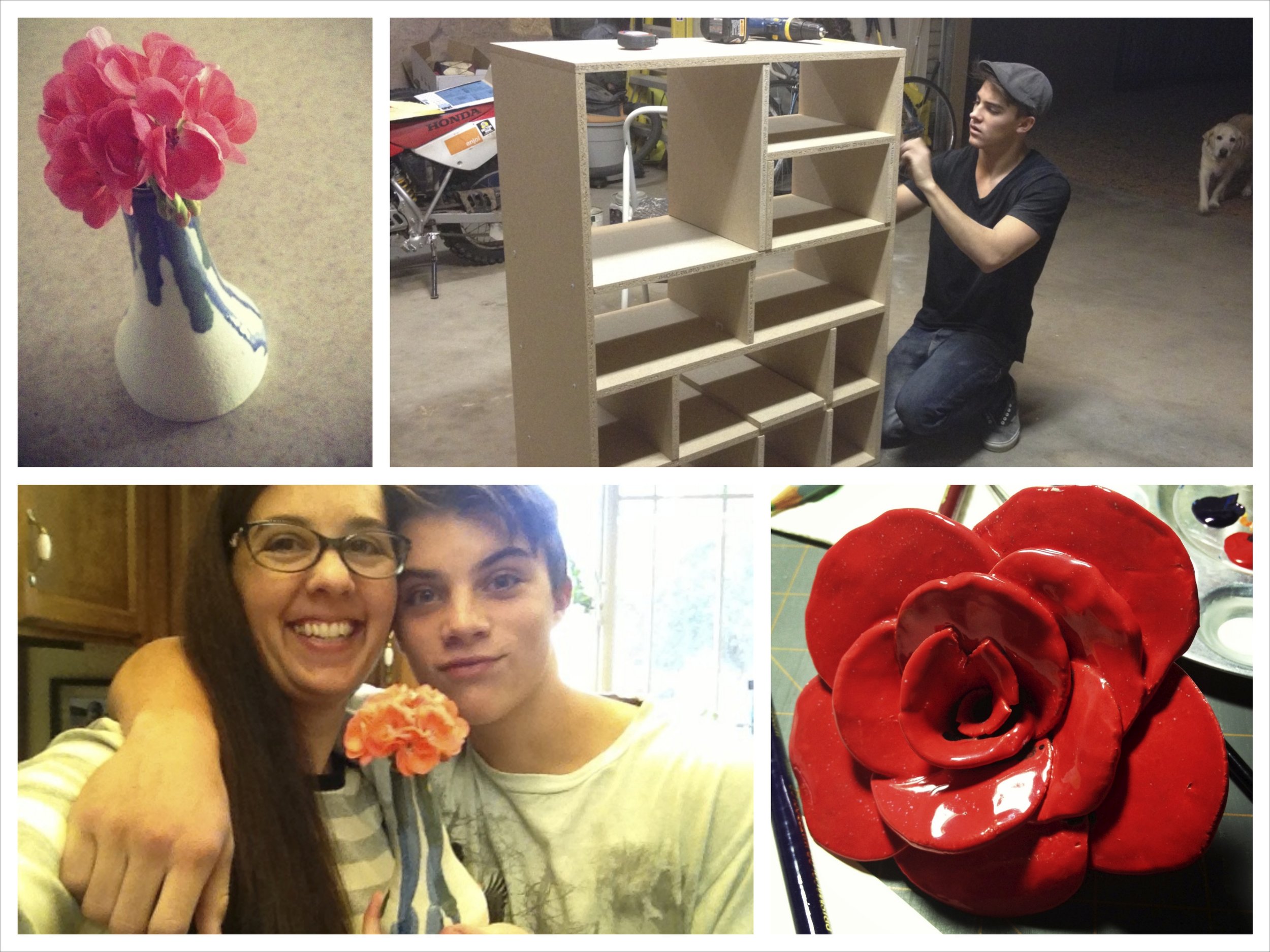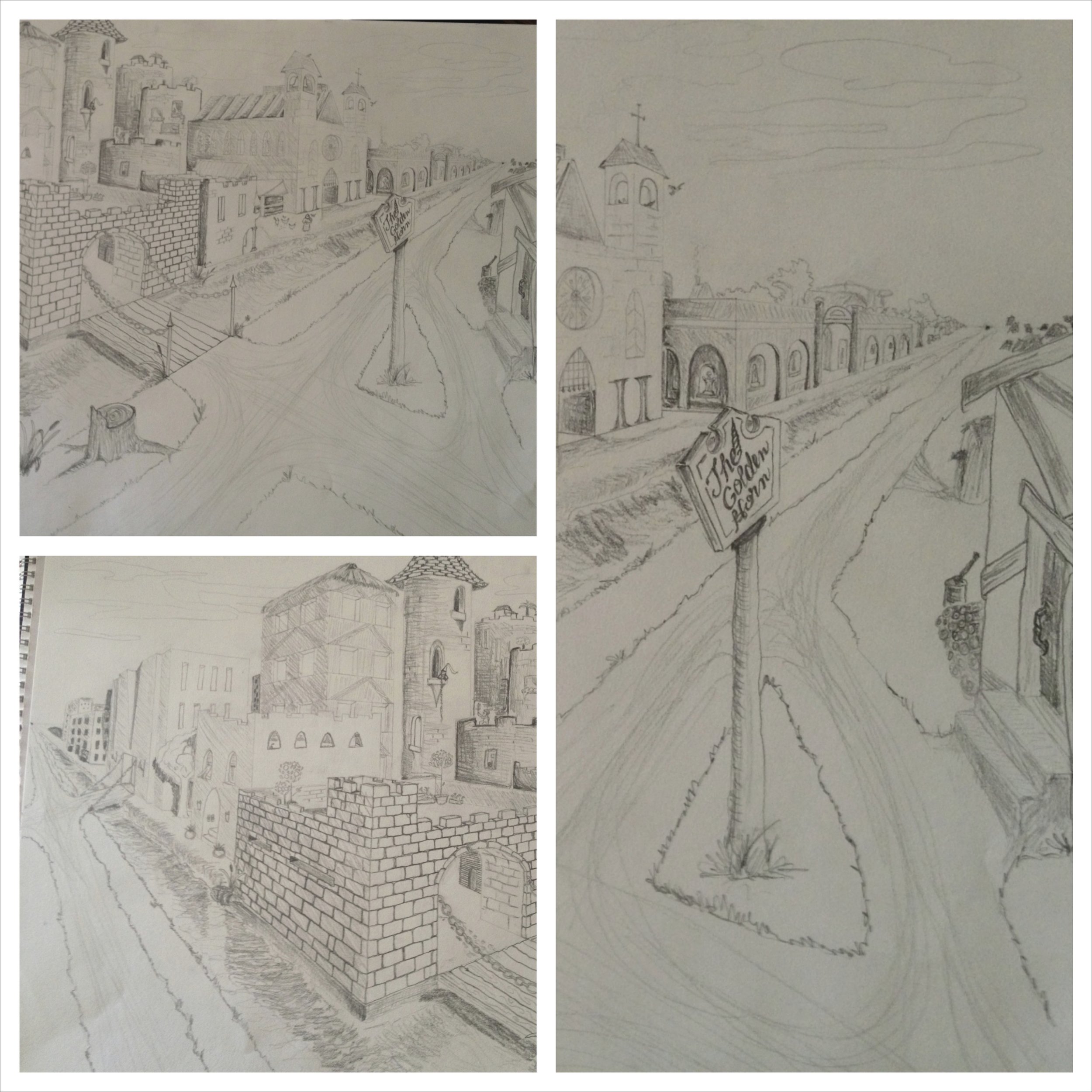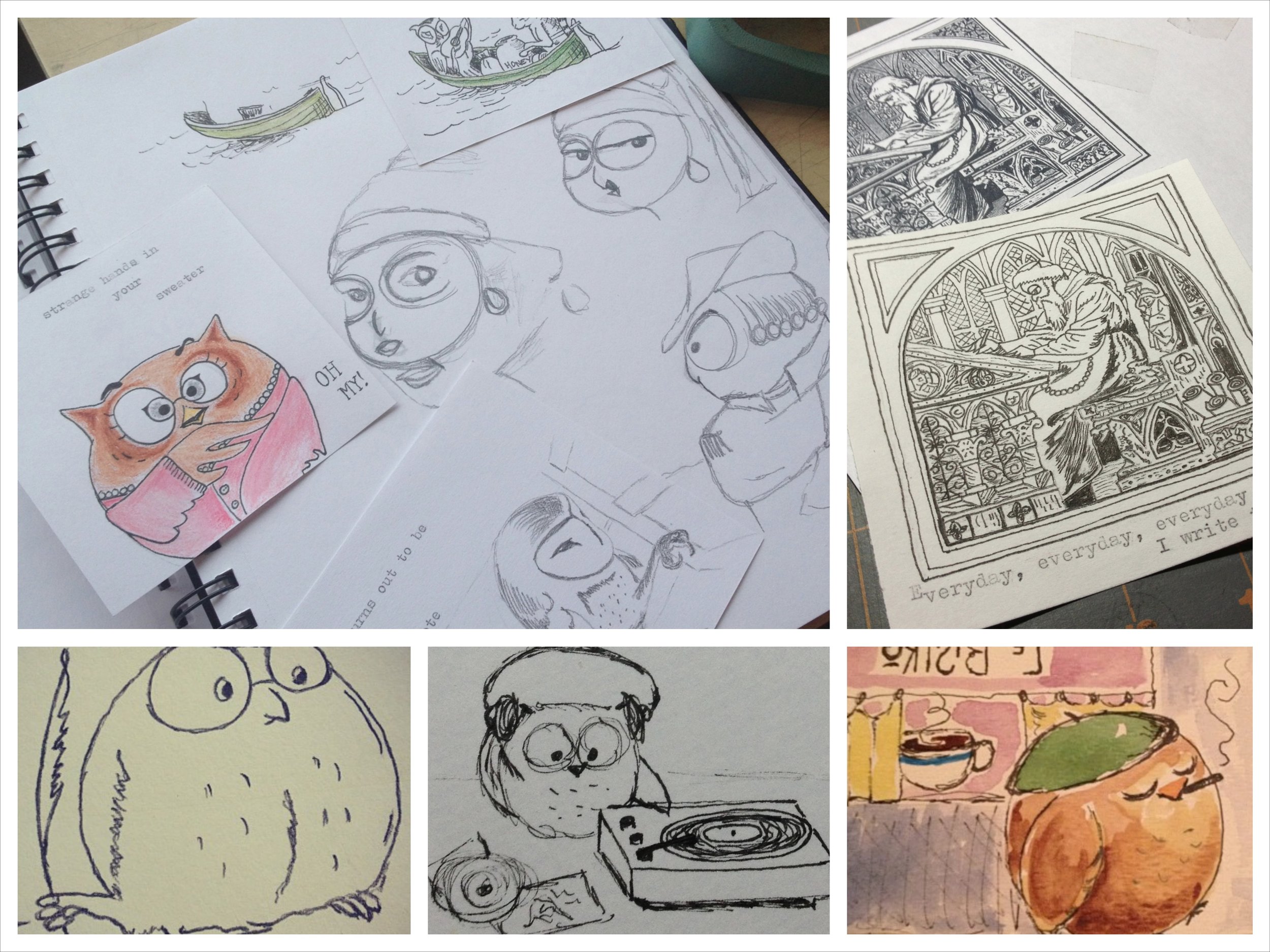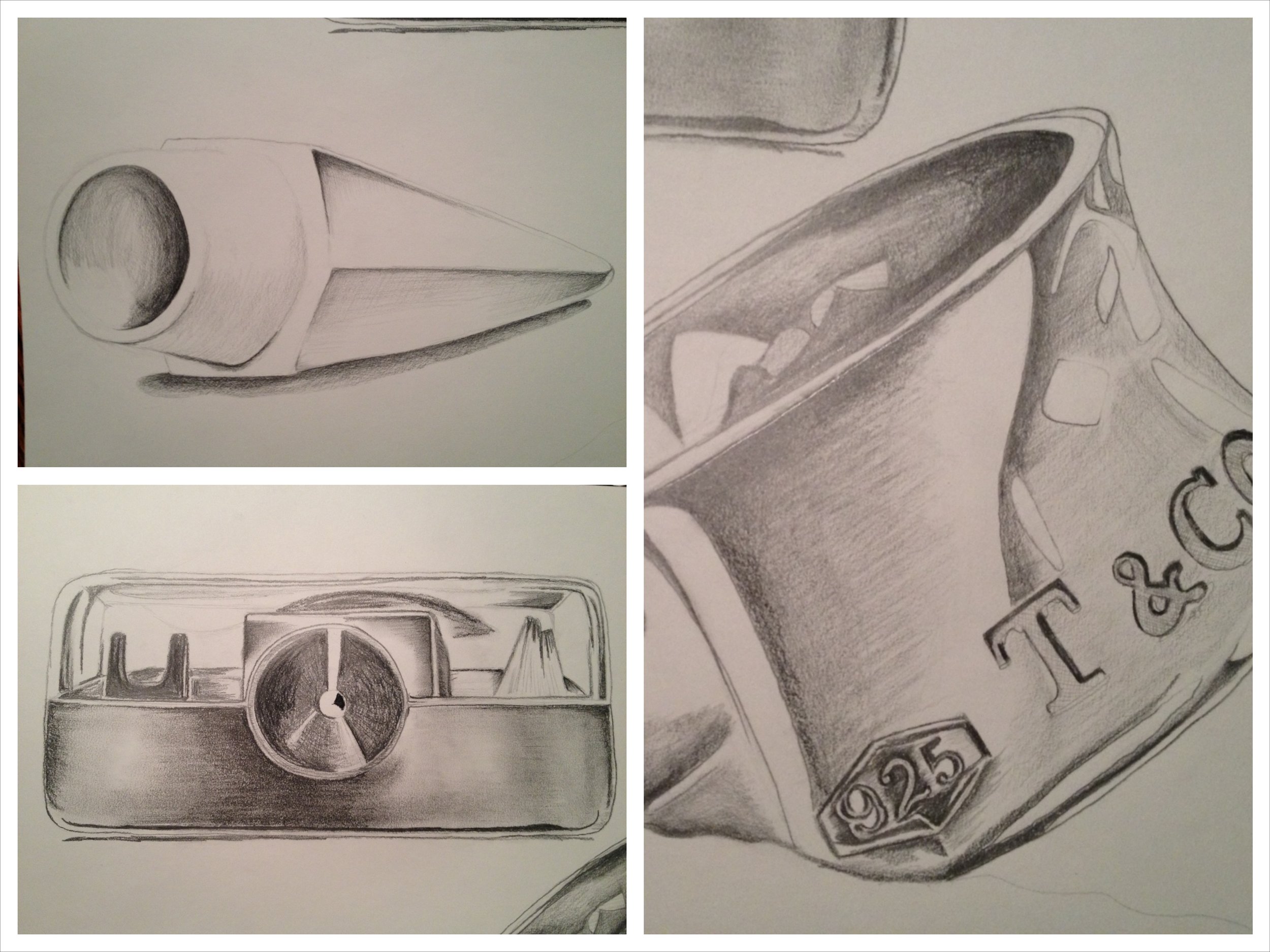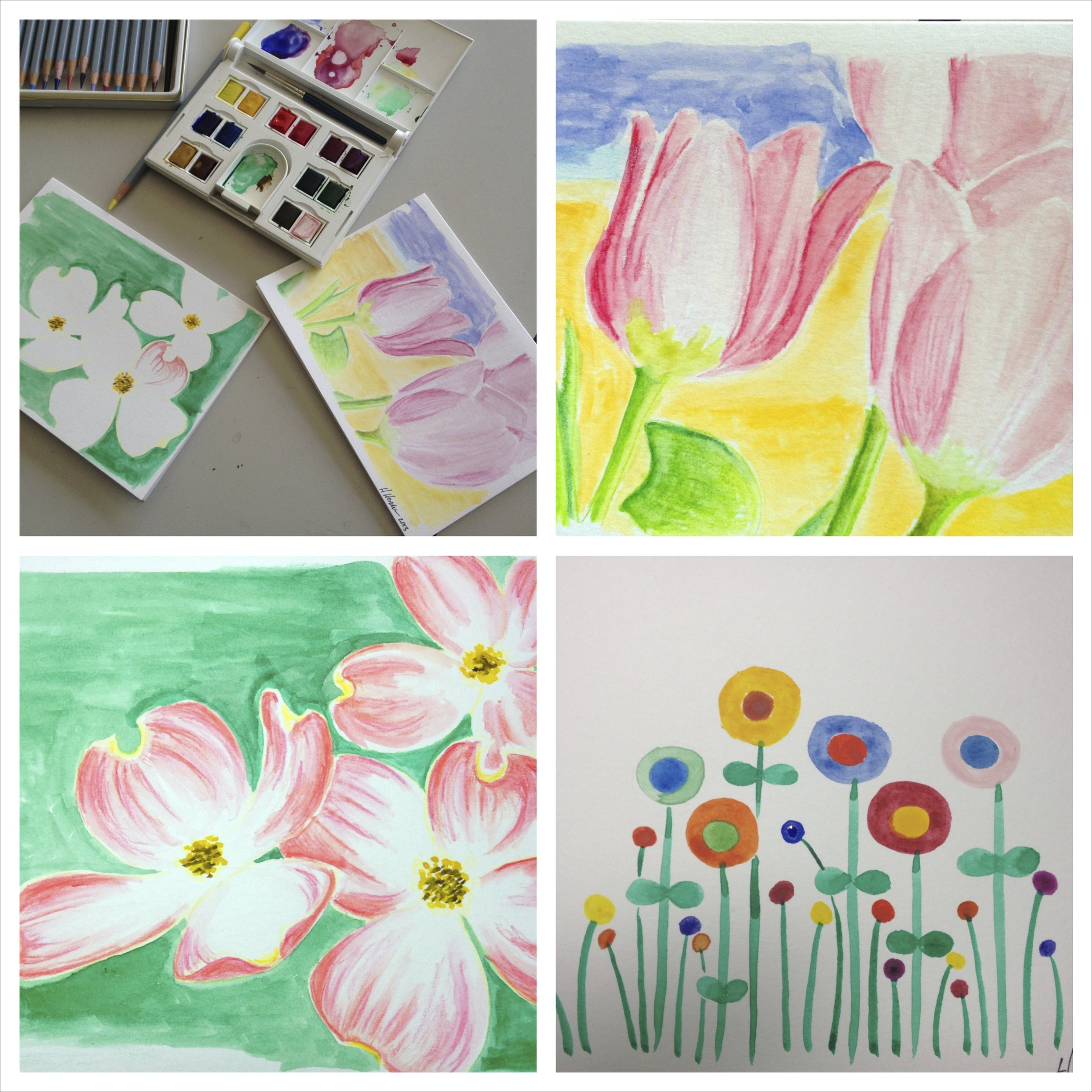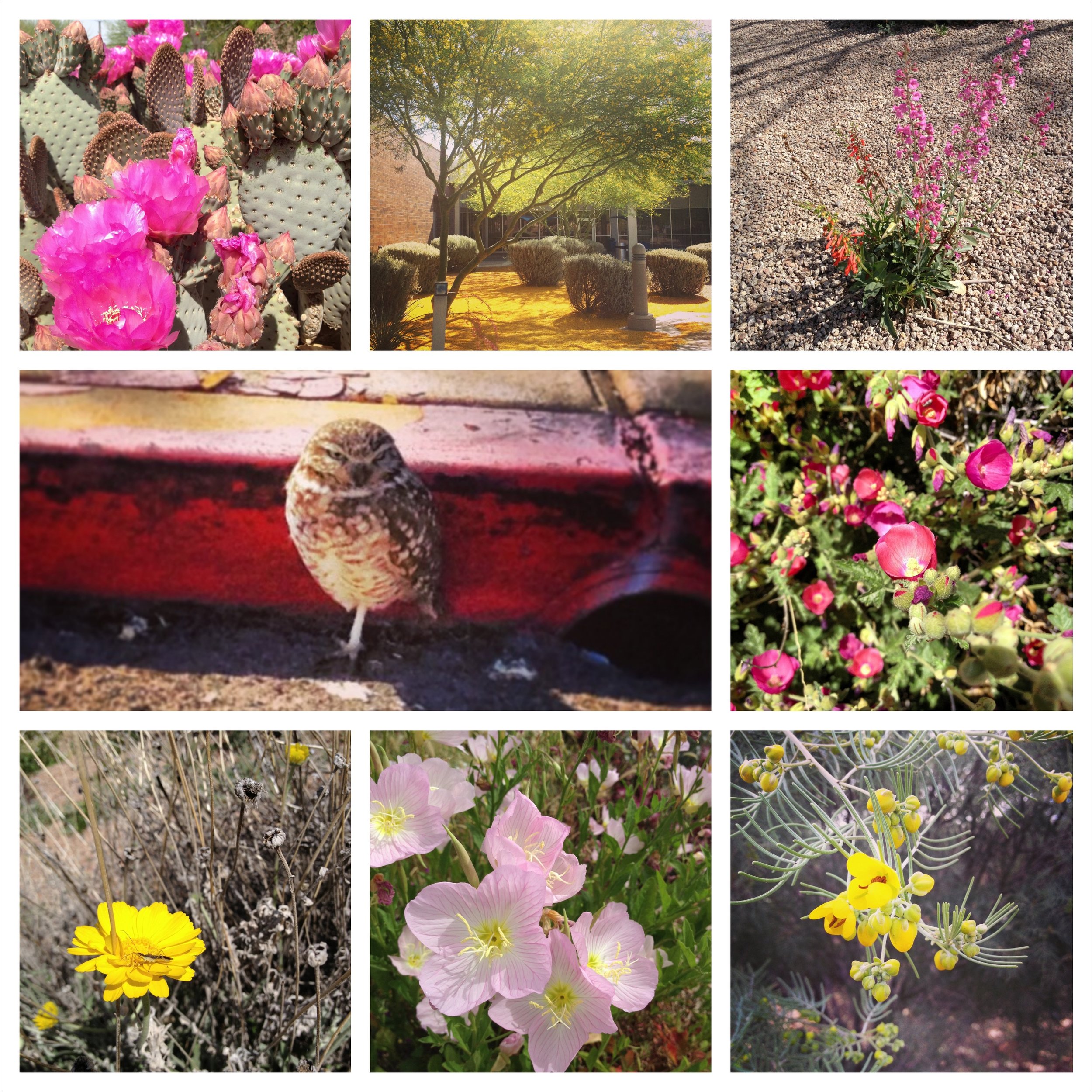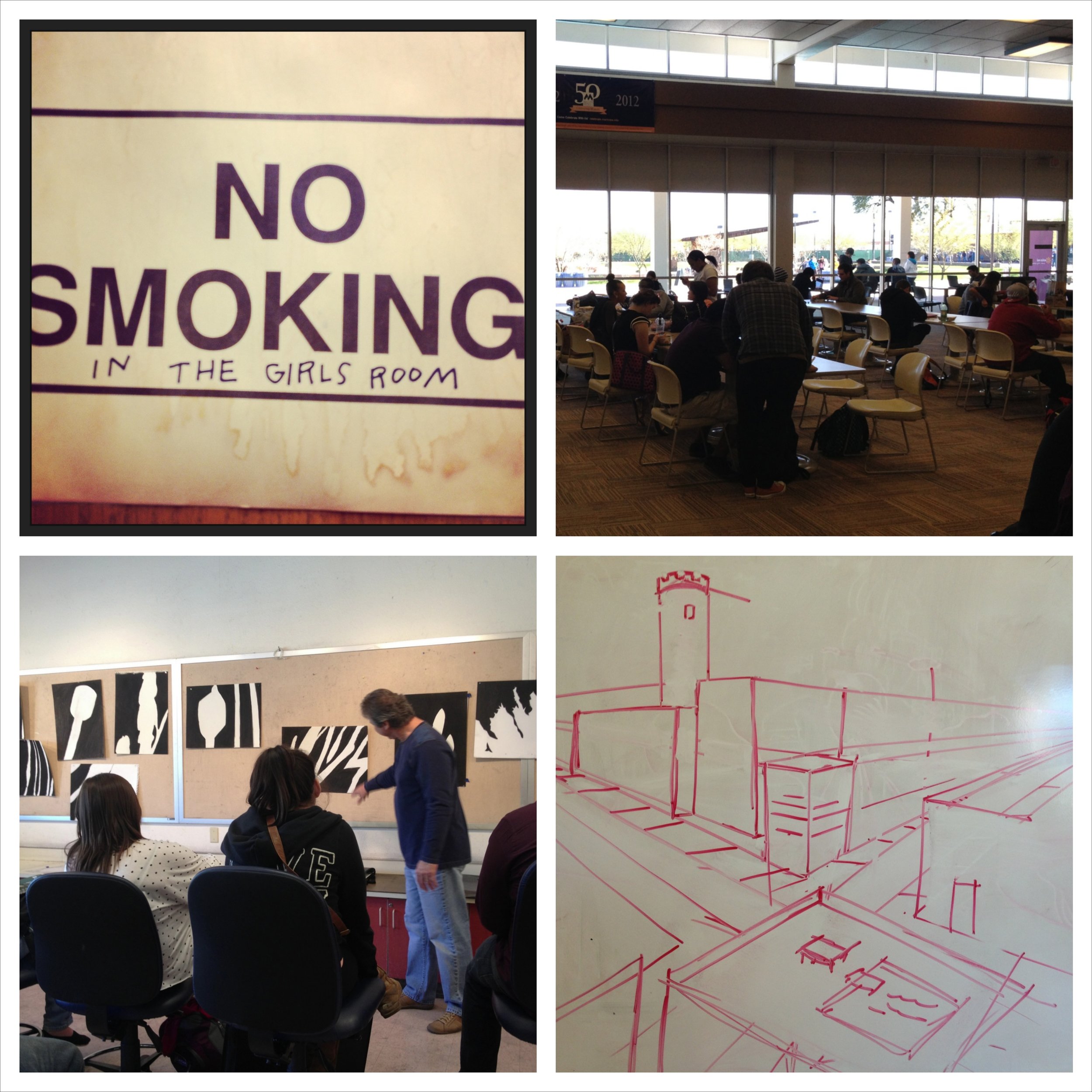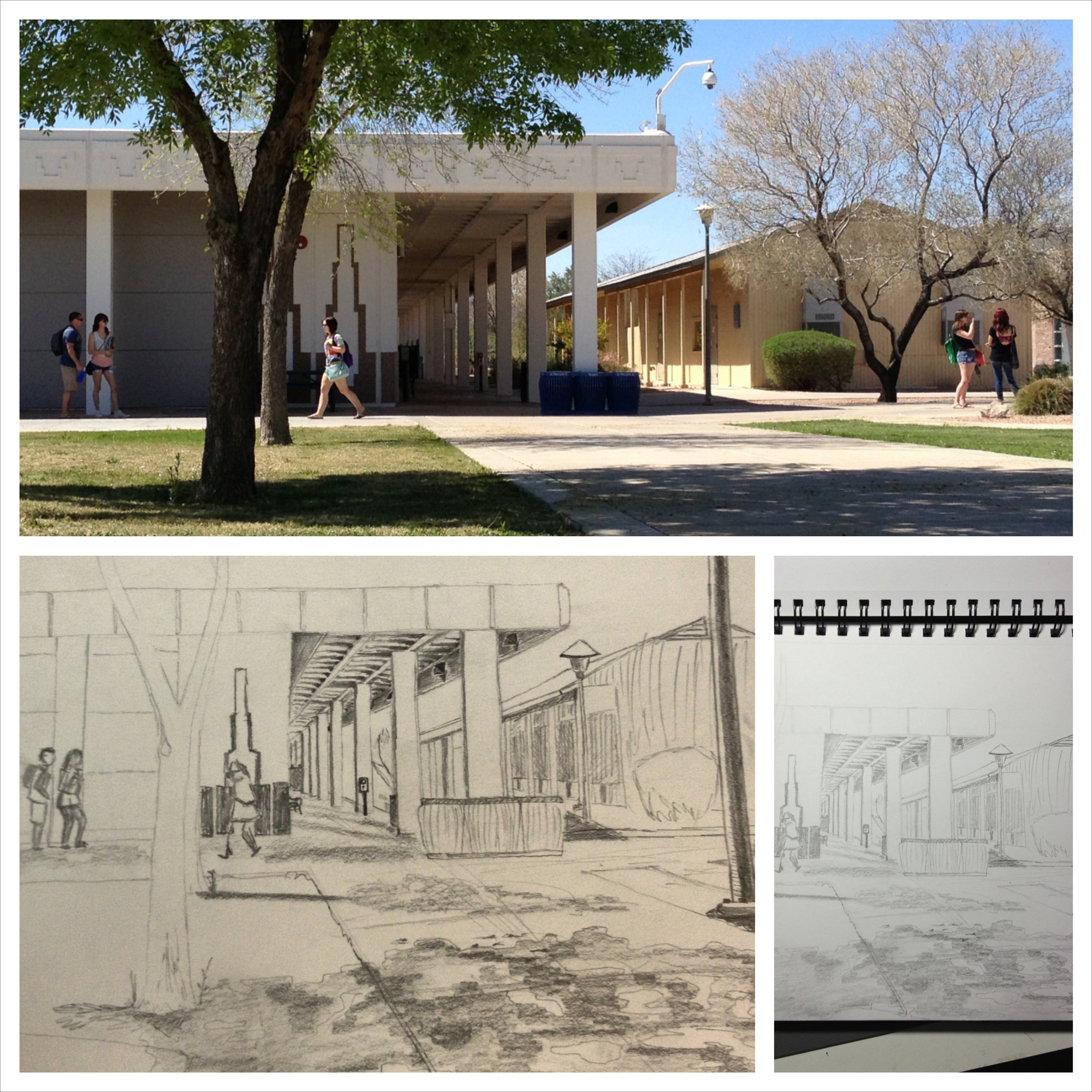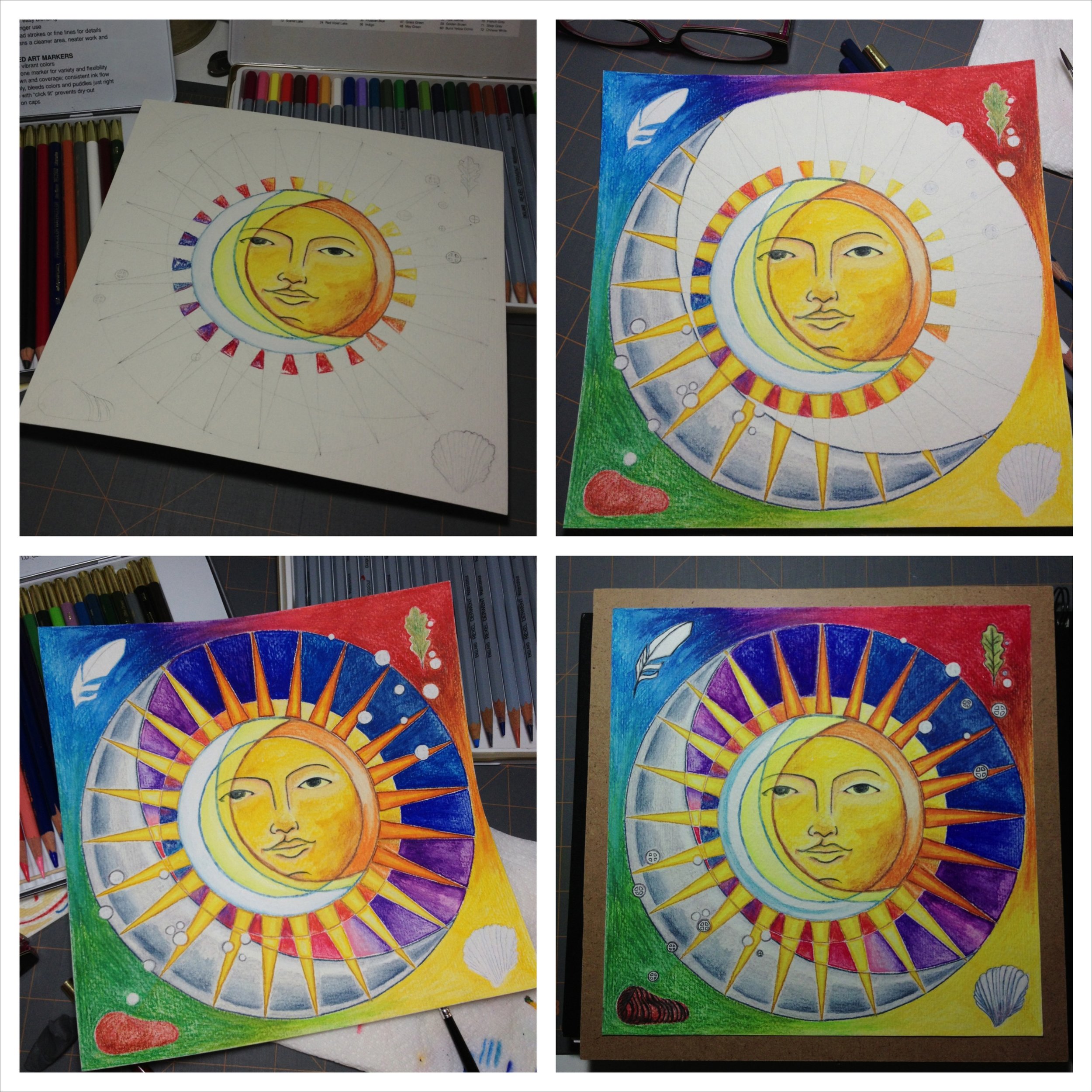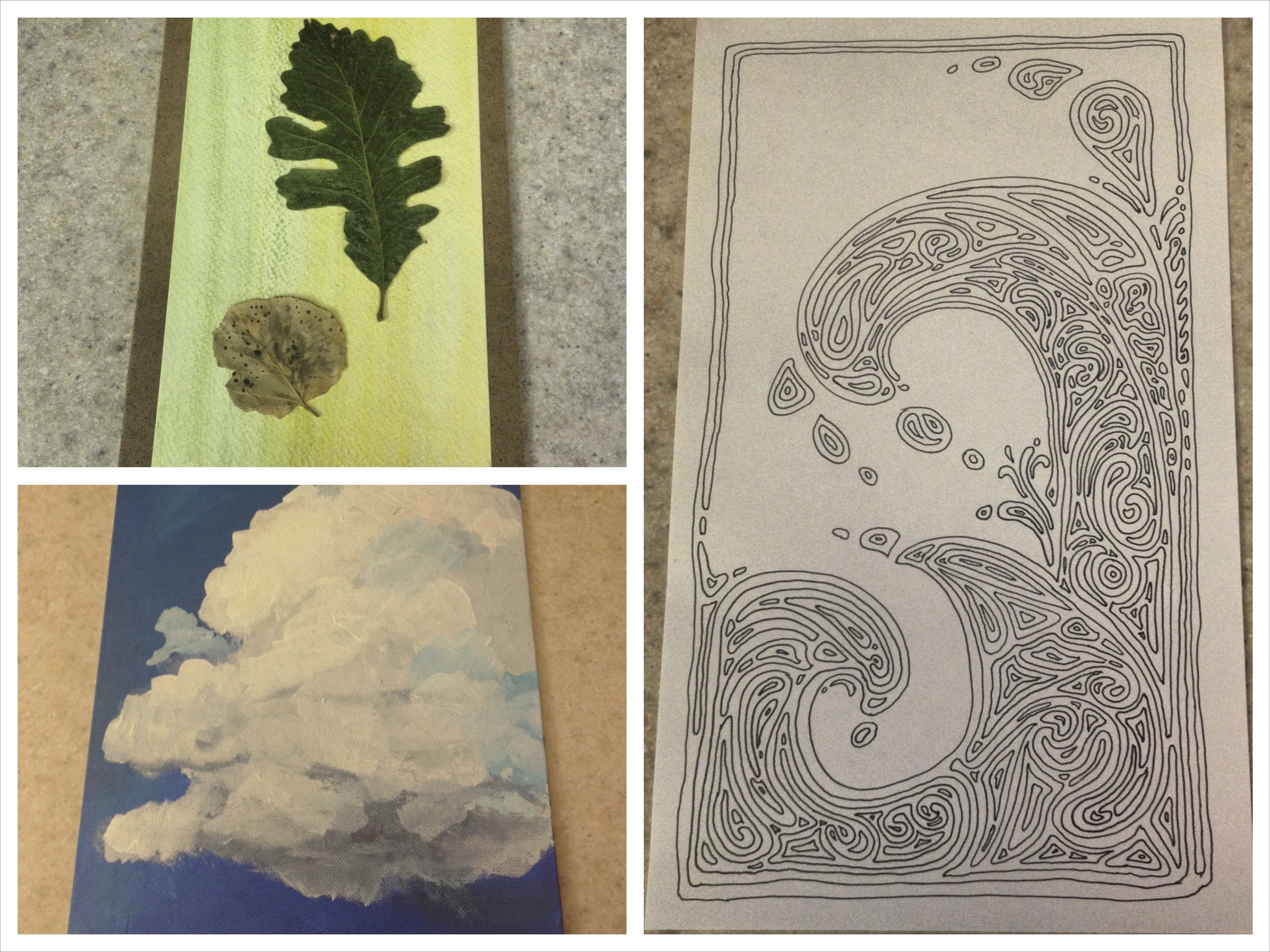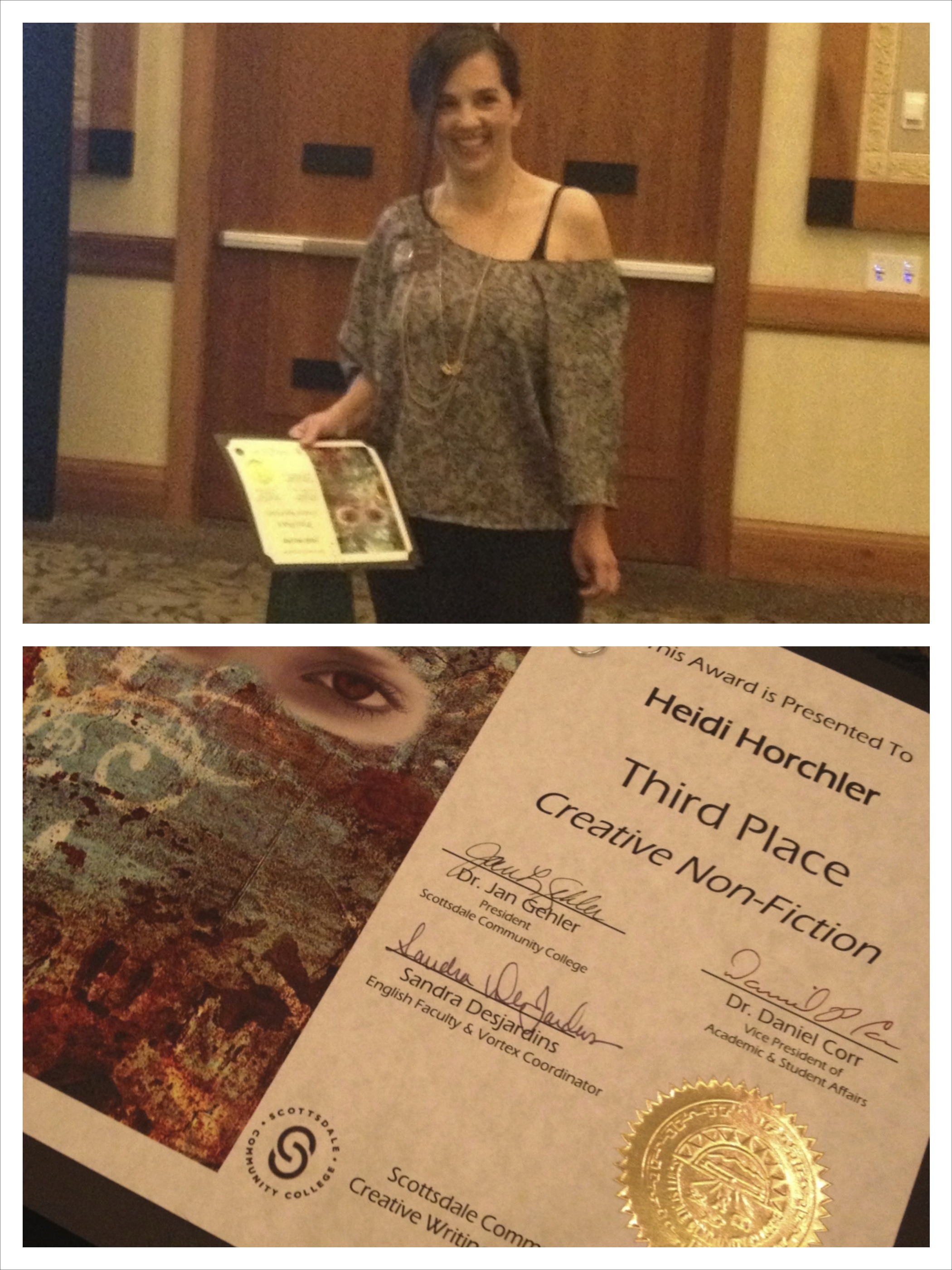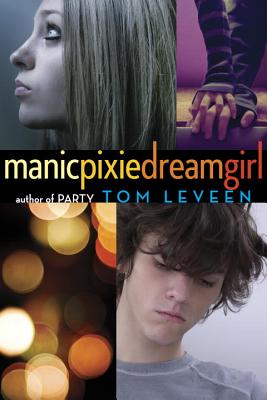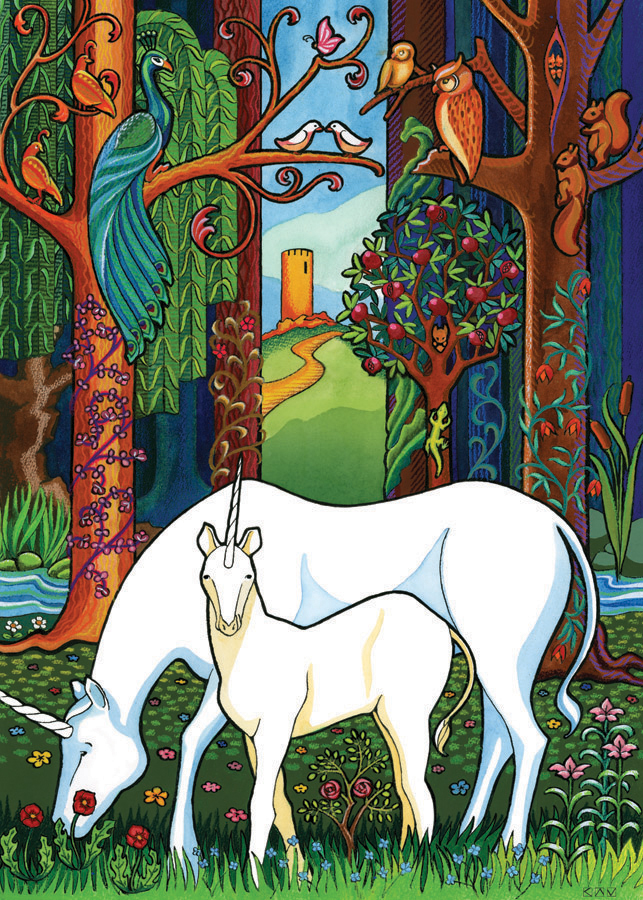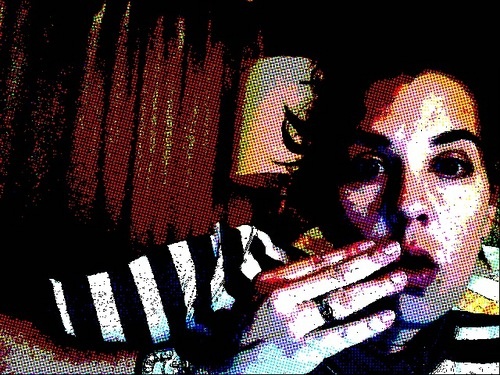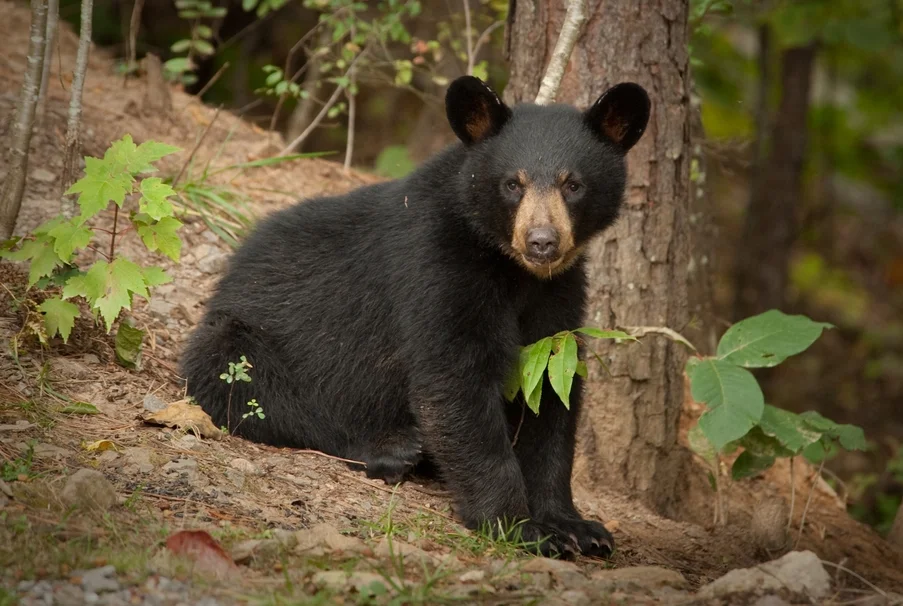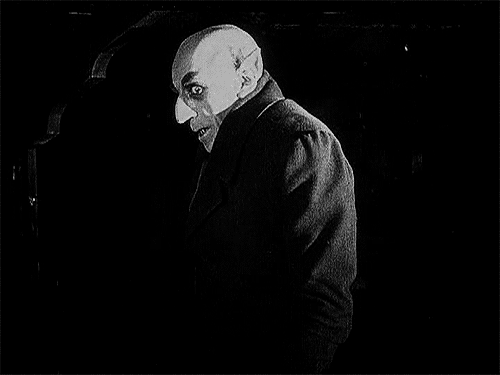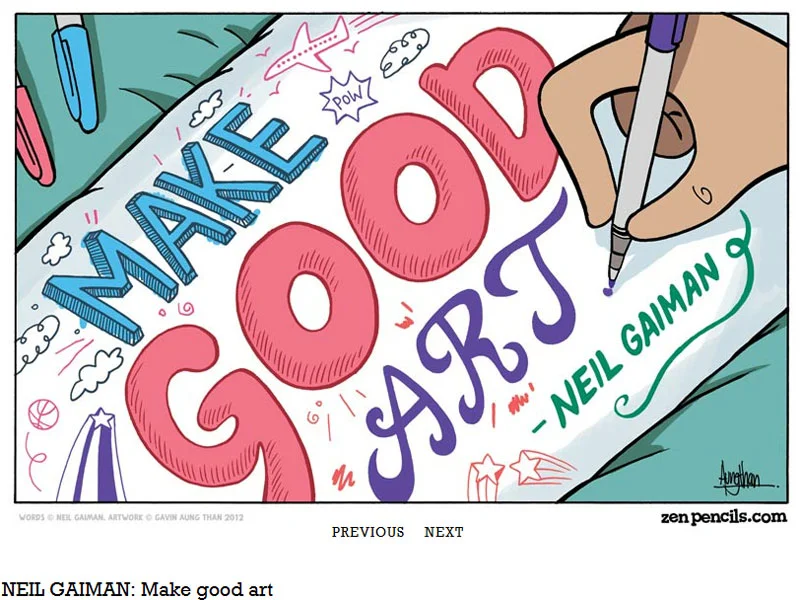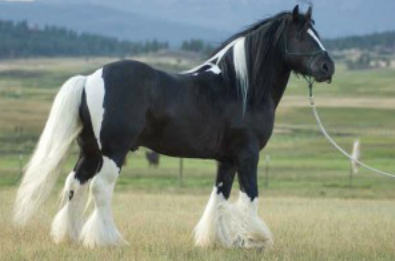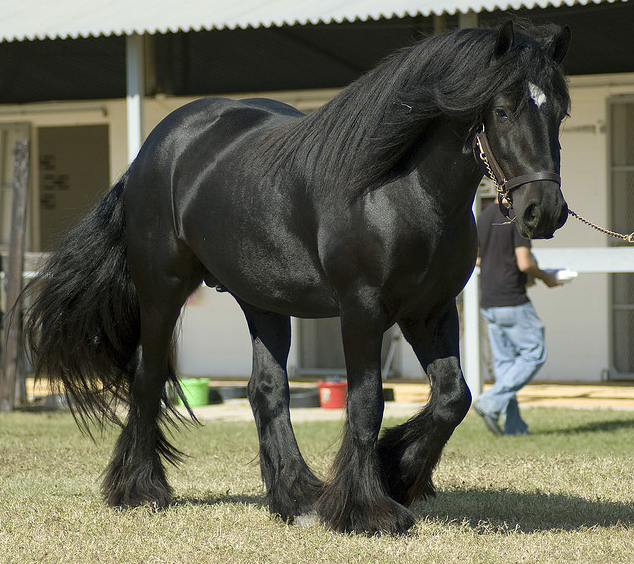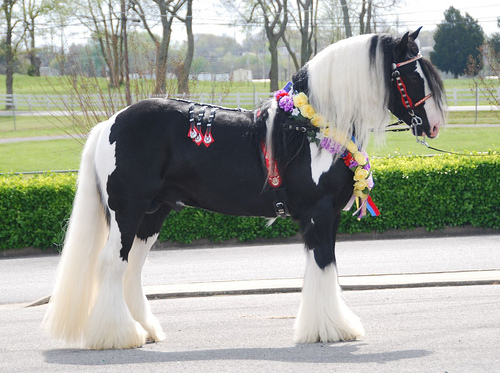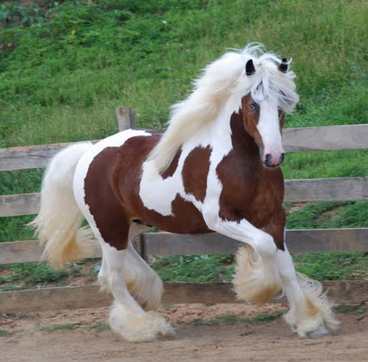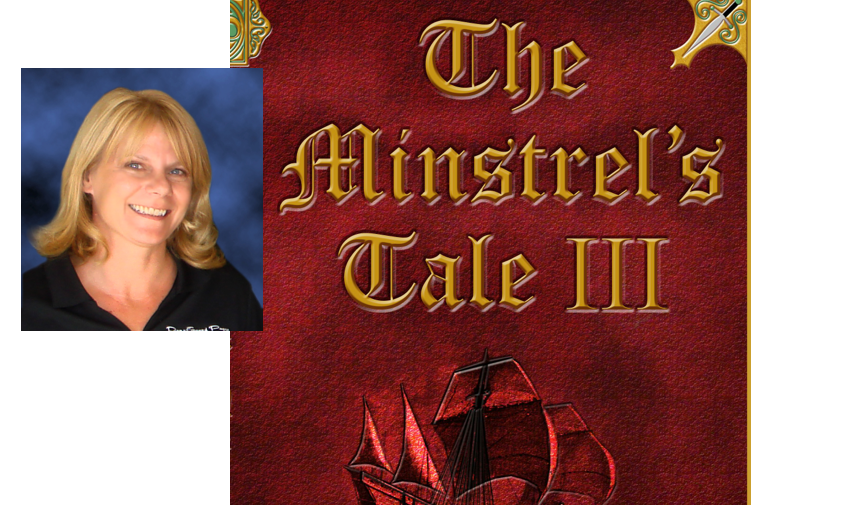Research can be deadly (OR) Why Scotland?
Merry Christmas. Enjoy some pictures of Scotland :)
So, as I'm writing (yay!), I'm listening to a guided meditation. There is a very calming voice in my ears telling me that I am intimately connected to the creative power of the Universe. I'm also looking at pictures of the Scottish countryside, because that's where the next part of my story takes place. Why Scotland? Why do American writers always go back to Scotland? I'll tell you why: because it's pure dead brilliant that's why. And if you've ever been there, you know what I'm talking about. It's been over 20 years since the summer I spent there, and it still pulls me back.
I'm also looking at pictures of the Scottish countryside, because that's where the next part of my story takes place. Why Scotland? Why do American writers always go back to Scotland? I'll tell you why: because it's pure dead brilliant that's why. And if you've ever been there, you know what I'm talking about. It's been over 20 years since the summer I spent there, and it still pulls me back. My husband thinks I'm crazy. I'm sure he thinks it's just a nerd-fantasy thing, and yeah it's that, too. I'm a nerd, I like fantasy, so that's cool. But he probably wishes I would shut up about it - the same way I get when people talk about football.
My husband thinks I'm crazy. I'm sure he thinks it's just a nerd-fantasy thing, and yeah it's that, too. I'm a nerd, I like fantasy, so that's cool. But he probably wishes I would shut up about it - the same way I get when people talk about football.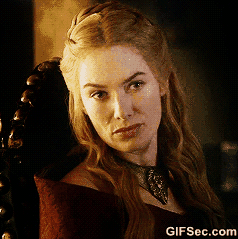 But looking at the pictures helps me get in the mindset. Where my characters are, what they're doing, the topography they're traveling through. If I can see it in my mind's eye, I can follow them, and let them show me what's going to happen next. It also helps me focus.Why is research deadly? Because like so many other things - like blogging for instance (ahem) - it takes away from what I should be doing, which is writing.The searches, images, and learning more about the things in my story help me feel connected to what's going on in that world, as opposed to letting my mind wander back to the dusting and the laundry pile. Not to mention that it's Christmas and that puts a whole new spin on the lack of writing time. Even though research (er, Google) can be a deadly distraction from your daily word count, sometimes you just need to dump the everyday garbage out of your head before you can make way for your story. Don't overthink and don't be too hard on yourself.
But looking at the pictures helps me get in the mindset. Where my characters are, what they're doing, the topography they're traveling through. If I can see it in my mind's eye, I can follow them, and let them show me what's going to happen next. It also helps me focus.Why is research deadly? Because like so many other things - like blogging for instance (ahem) - it takes away from what I should be doing, which is writing.The searches, images, and learning more about the things in my story help me feel connected to what's going on in that world, as opposed to letting my mind wander back to the dusting and the laundry pile. Not to mention that it's Christmas and that puts a whole new spin on the lack of writing time. Even though research (er, Google) can be a deadly distraction from your daily word count, sometimes you just need to dump the everyday garbage out of your head before you can make way for your story. Don't overthink and don't be too hard on yourself. Thankfully, I'm making progress. I keep telling myself that all I have to do is keep moving my story forward, and it will tell me where it needs to go.So now I'm going to stop blogging and researching and get back to writing. Happy Holidays everyone.xoxo heidi.Enjoy some pictures of Scotland (click for source):http://www.flickr.com/photos/8184136@N05/4177776613/in/photostream/
Thankfully, I'm making progress. I keep telling myself that all I have to do is keep moving my story forward, and it will tell me where it needs to go.So now I'm going to stop blogging and researching and get back to writing. Happy Holidays everyone.xoxo heidi.Enjoy some pictures of Scotland (click for source):http://www.flickr.com/photos/8184136@N05/4177776613/in/photostream/



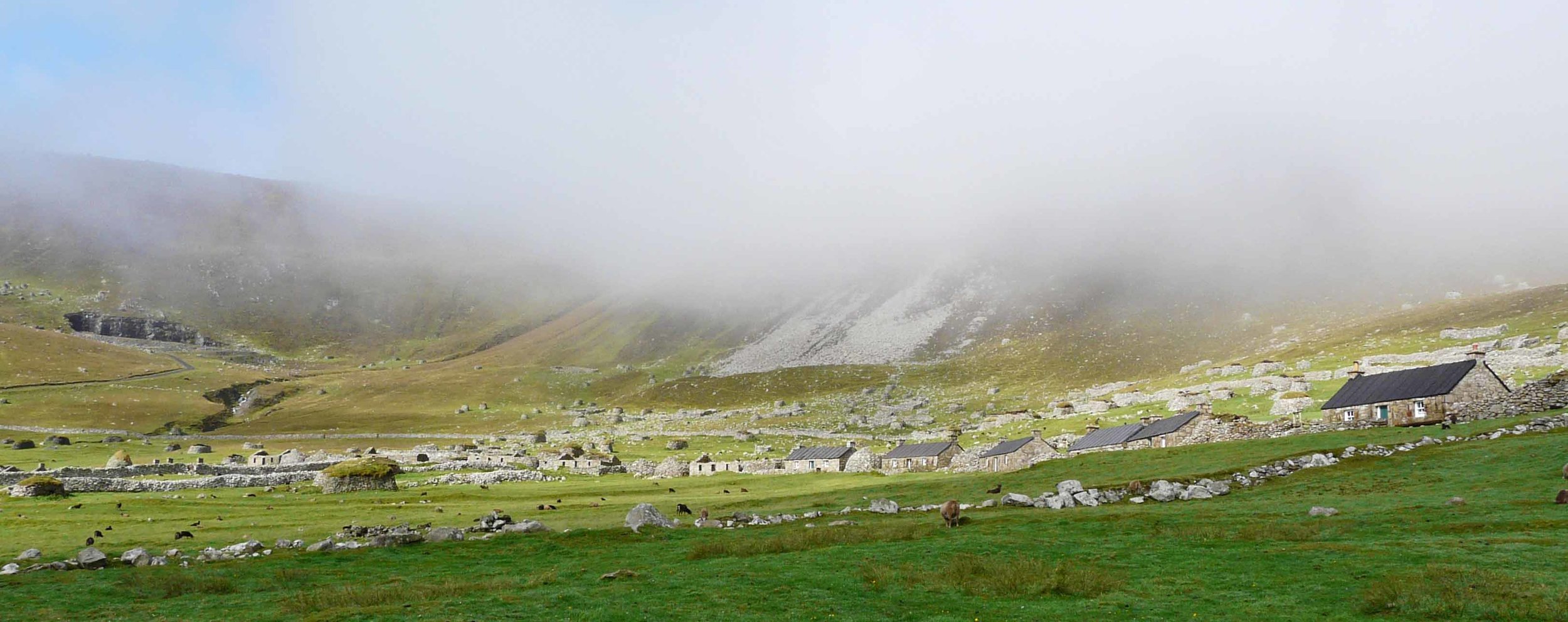

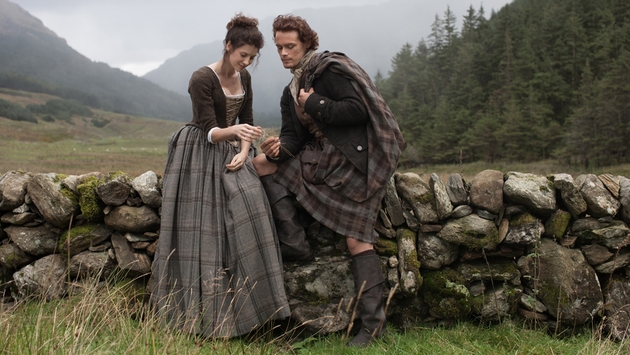 -- If anyone ever says to you, "Hey I've got an aunt who lives in Glasgow, you want to hang out for the summer?" Say yes.-- More Scotland info here.-- the meditation currently in my ears: click here.Merry Christmas.
-- If anyone ever says to you, "Hey I've got an aunt who lives in Glasgow, you want to hang out for the summer?" Say yes.-- More Scotland info here.-- the meditation currently in my ears: click here.Merry Christmas.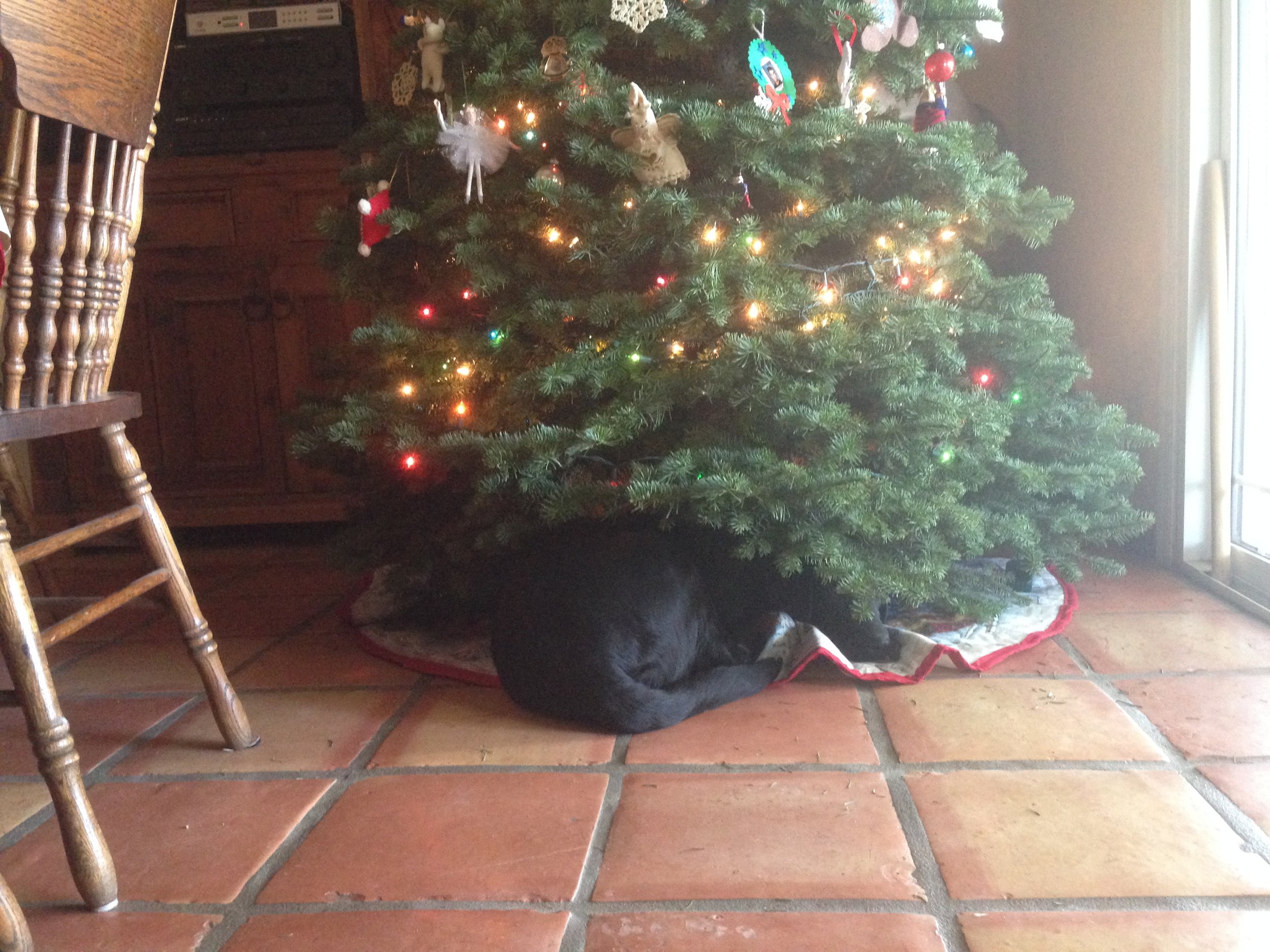
Kittens and Puppies and Homework Oh My
Today I wanted a day off. I don't want to go anywhere. I don't want to do anything. But you know, 4 hours of yard work and two trips to home depot, dinner to make, laundry to do, toilets to clean, and oh, yeah. Homework.
I already need a beer.
It's been a busy year and a lot is always going on. There's always so much to do. And 99.9% of my creative energy has gone towards school. This is what I've been up to this past few months:
[gallery type="rectangular" ids="5058,5072,5068,5063,5030,5077,5065,5070,5020,5067,5080,5021,5062,5071,5079,5073,5074,5060,5075,5061,5083,5041,5039,5040,5037,5076,5082,5069,5078,5034,5038,5081,5084,5088,5089,5085,5086,5087,5091"]
Next time, I'll show you what I've been up to since I've started at ASU! It's crazy! I'm surrounded by thousands of young people every day. Talk about a fish out of water.
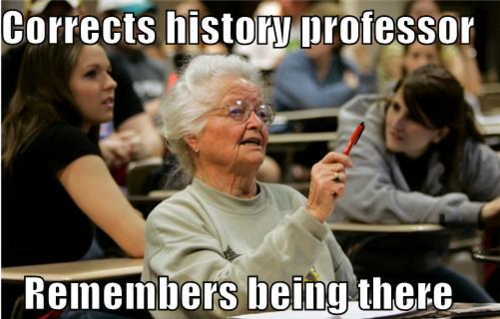
If anyone has any questions on the art process, what do you DO in art classes anyway? What are we learning? on choosing to go back to college full-time, as a 43-year-old wife and a mother of 2, I'd be happy to answer them. Please leave a comment below.
And if you're wondering, "Why, of all fields of study to choose from, and in a struggling economy, would anyone go to ART SCHOOL?"
here's why:
So your son or daughter wants to be an ART major?!
by Adriene Jenik, director, ASU School of Art Thanks for stopping by.xo Heidi
How to win an art scholarship
This is how I applied for and won an art-based scholarship.
This is how I applied for and won an art-based scholarship.The Bethel E. Ells Scholarship is awarded to a part- or full-time art or art humanities major. I believe there is more than one recipient, but I'm not sure of the number. Here is the info from the application:
For students majoring in Art, this includes Drawing, Painting, Computer Graphics, Photography, and Sculpture or Art Humanities.
Amount: Full time students, 12 + credit hours: $500 - $1000 Part time students: 6 – 11 credit hours: $250 - $500
Applicants must have a 3.0 GPA in Art or Art History, or High School senior eligible for Spring 2013. All applicants for Art Scholarships must submit an essay. In addition, studio art majors must submit a portfolio of work for review. Applicants should submit their work on disk, jump drive or hard copy. Black and white and color prints may be submitted as such. Any artwork over 11x14” must be submitted on disc or jump drive. Submit all articles pertinent to the application together in one envelope up to 11x14”. Enclose official transcripts and two letters of recommendation. For students who have not completed 12 college credits, attach high school transcripts along with two letters of recommendation.
It was definitely a challenge to even complete the application process because it was due the weekend after Thanksgiving, and right before finals. Between family gatherings, completing my final projects for 3D Design and Color Theory; and cramming for my Art History final, I worked on my scholarship application.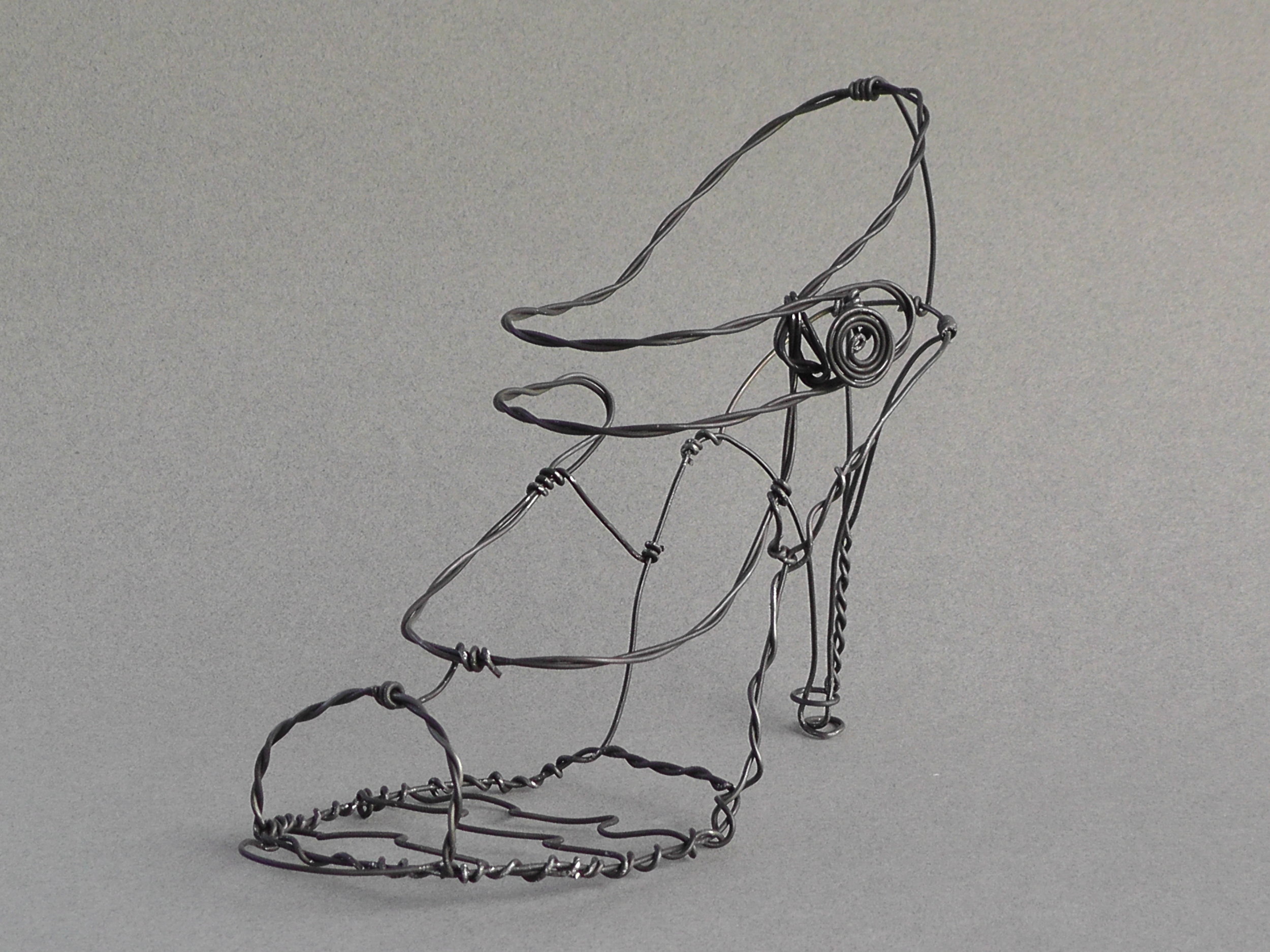 Luckily, my Portfolio class prepared me for it. ART255B, The Portfolio, is a required one-credit class for art majors. I took this class as an independent study option at another school. My advisor met with me once a month for about an hour or so, and gave me assignments. Throughout the semester, I built up 3 different portfolios:
Luckily, my Portfolio class prepared me for it. ART255B, The Portfolio, is a required one-credit class for art majors. I took this class as an independent study option at another school. My advisor met with me once a month for about an hour or so, and gave me assignments. Throughout the semester, I built up 3 different portfolios:
1. Educational; covers academic history and student work for applying to a university arts program (This is the one I will use when I apply to the Art Education program at ASU*)
2. Professional; shows qualifications and diversity when applying for an art-based job. (This will be my portfolio when I apply for a job as an art teacher. You'd also use this to apply for a job in a museum or arts organizations.)
3. Gallery; when you become so badass that you think people should PAY for your art, you'd use this portfolio to try and get a gallery show. (Yeah - I'm not quite there yet.)
You prepare a different resume, CV, artist's statement and image files for each portfolio. To apply for the Beth Ells scholarship, I used my artist statements as a jumping off point, and wrote my essay from there. I got copies of my transcripts and prepared a comprehensive portfolio, with images of my student work so far (which I have brilliantly used to illustrate this post), and a few things I've done outside of school.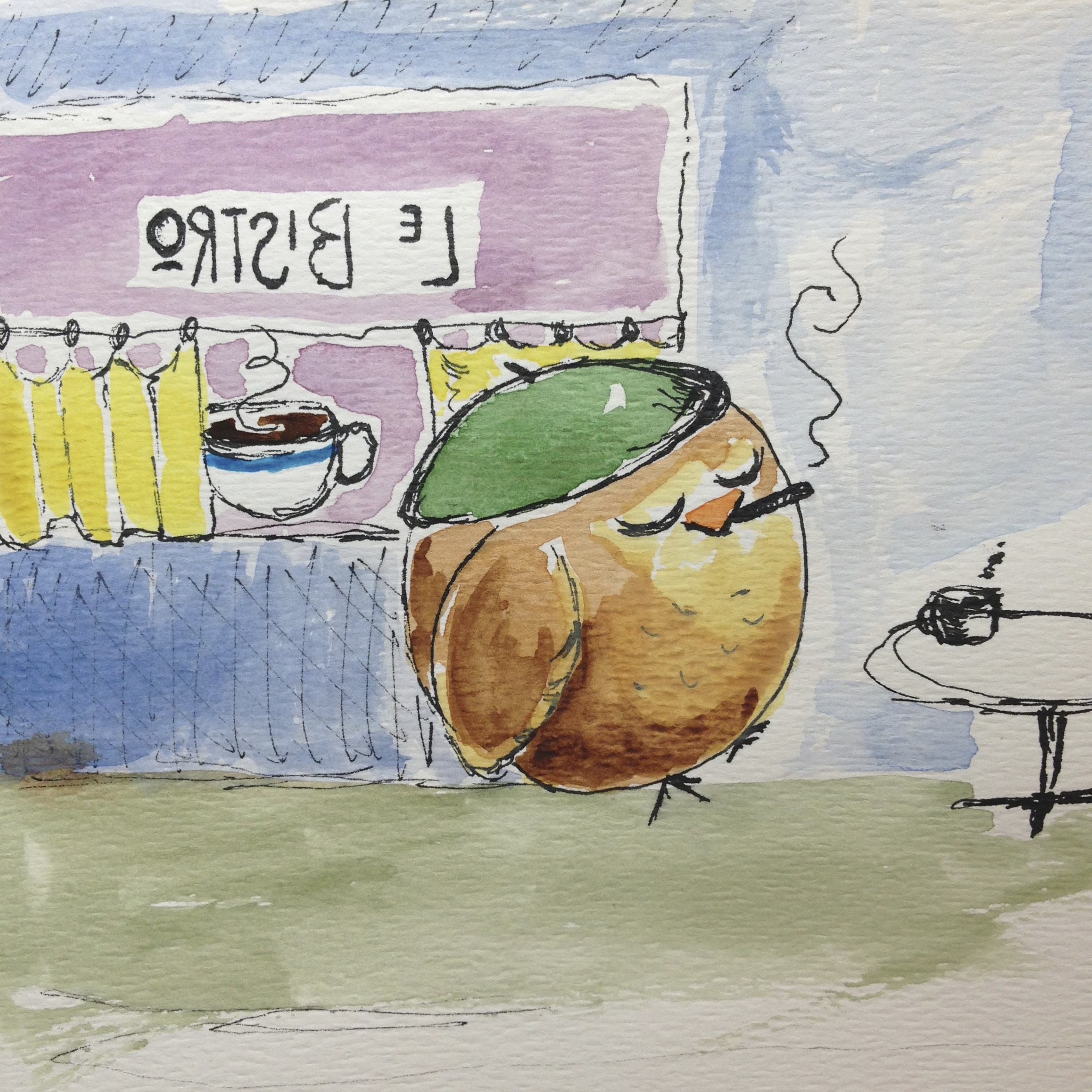 And, two of my AWESOME teachers wrote letters of recommendation for me. I hope I can live up to their expectations and I'm humbled by their kind words.
And, two of my AWESOME teachers wrote letters of recommendation for me. I hope I can live up to their expectations and I'm humbled by their kind words.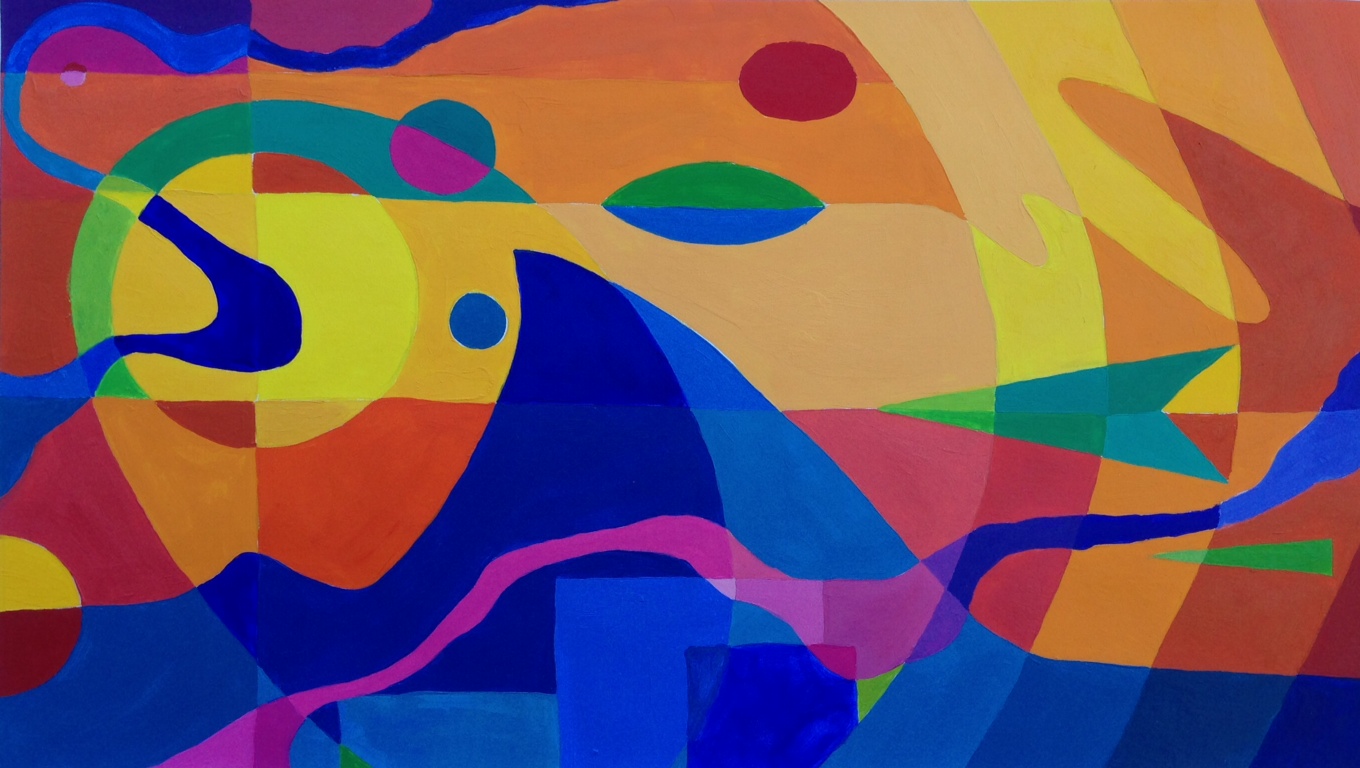 When I opened the award letter I think I scared my husband. He hasn't seen me jump up and down like that in awhile. Plus I screeched out "Oh my god!" right in his ear. Poor guy.I'm so happy and proud to share that I have been awarded $750.00 for the spring semester!YAY :)
When I opened the award letter I think I scared my husband. He hasn't seen me jump up and down like that in awhile. Plus I screeched out "Oh my god!" right in his ear. Poor guy.I'm so happy and proud to share that I have been awarded $750.00 for the spring semester!YAY :)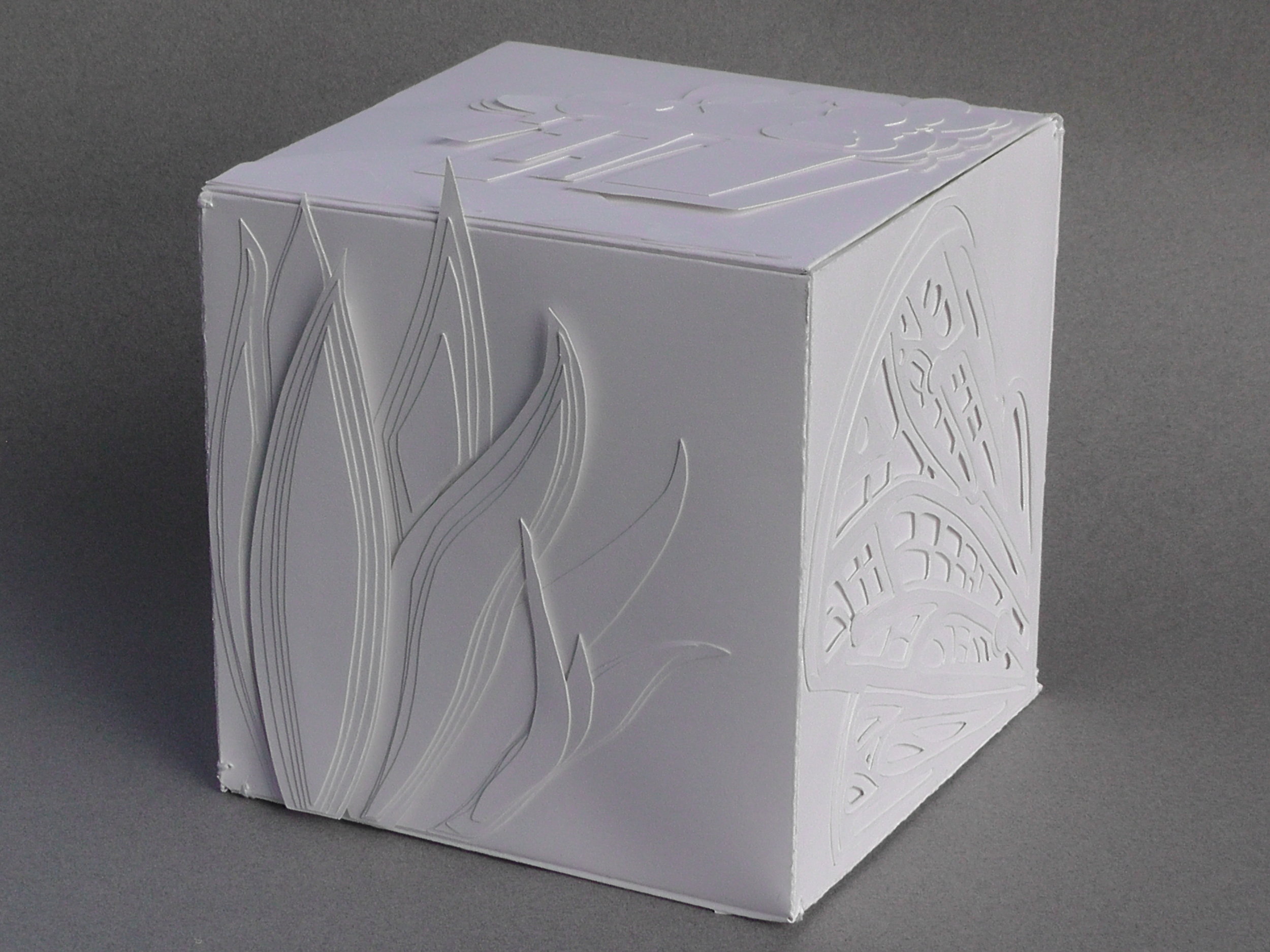 Here is the essay I wrote:
Here is the essay I wrote:
Art has been a part of my life as long as I can remember. I loved the slippery feel of finger paints as they spread across wet paper, or squishing Play-Doh into purple spaghetti. As a child, my favorite classroom activities involved making something. I learned from all members of my family that something crafted by hand is not only a necessity, as store-bought things were usually too expensive, but when we put pride into whatever we make, the end result is a reward in itself. I did not come from a family of artists; rather, a bunch of stalwart Midwestern immigrants whose daily lives depended on what they could provide for their families - much of the time from scratch, and often from spare parts. As a result of doing things right, many of their handicrafts could be considered art.
When my youngest son was in elementary school, he went through a very difficult struggle with a learning disability. School for him was a place of confusion, where he found that no matter how hard he tried, it wasn’t good enough. Facing ridicule from students as well as teachers (the sad truth), he suffered from depression, anxiety and low self-worth. BUT the one place he could go, where everything he did was good, was the art room.
At this time, I offered to be the classroom volunteer for the Art Masterpiece program. As part of the program, volunteers were invited to attend classes at the Phoenix Art Museum. We received ideas for lessons and heard lectures from the Art Librarian. Over the next few years the class made Soleri-inspired windbells, Lichtenstein-style portraits, and charcoal drawings of the desert. I loved it. I couldn’t wait to get in there with the kids and talk about art! This new found love, along with seeing how art helped my own son, inspired me to go back to school to pursue a degree in Art Education.
Art is the physical manifestation of expression. Therefore, my foundation for teaching will be “no bad art.” That is to say, if a student shows up, does the works and expresses themselves, that is their art, and how could that be considered “bad,” by me or anyone else? I fully intend to take the lessons I’ve learned here, and help that student see where they can make their art even better.
Art History classes have made a huge impact on me, and the more I learn about art, the more I want to learn, and share with others. For my Honors project I created a two-class lecture and presentation on the Early Medieval period. I intend to make future lesson plans revolve around an Art History core. I’ve also become interested in the value of Art Therapy, and would love to incorporate art into a Special Ed program. Beyond the public school setting, I hope to one day work with the elderly, either in a teaching aspect, or as an art therapist, if I am able to further my education.
My goals are to learn about art and how to become a better artist myself, as well as promote other artists and the idea of art in general to the public. I hope my classroom will be a safe haven; the place where kids feel welcome and happy no matter what else is going on in their lives. Don’t get me wrong; I don’t want to be anyone’s savior. I want my students, young and old, to discover that through art, they can save themselves.
I truly believe, 100%, that art makes the world a better place.
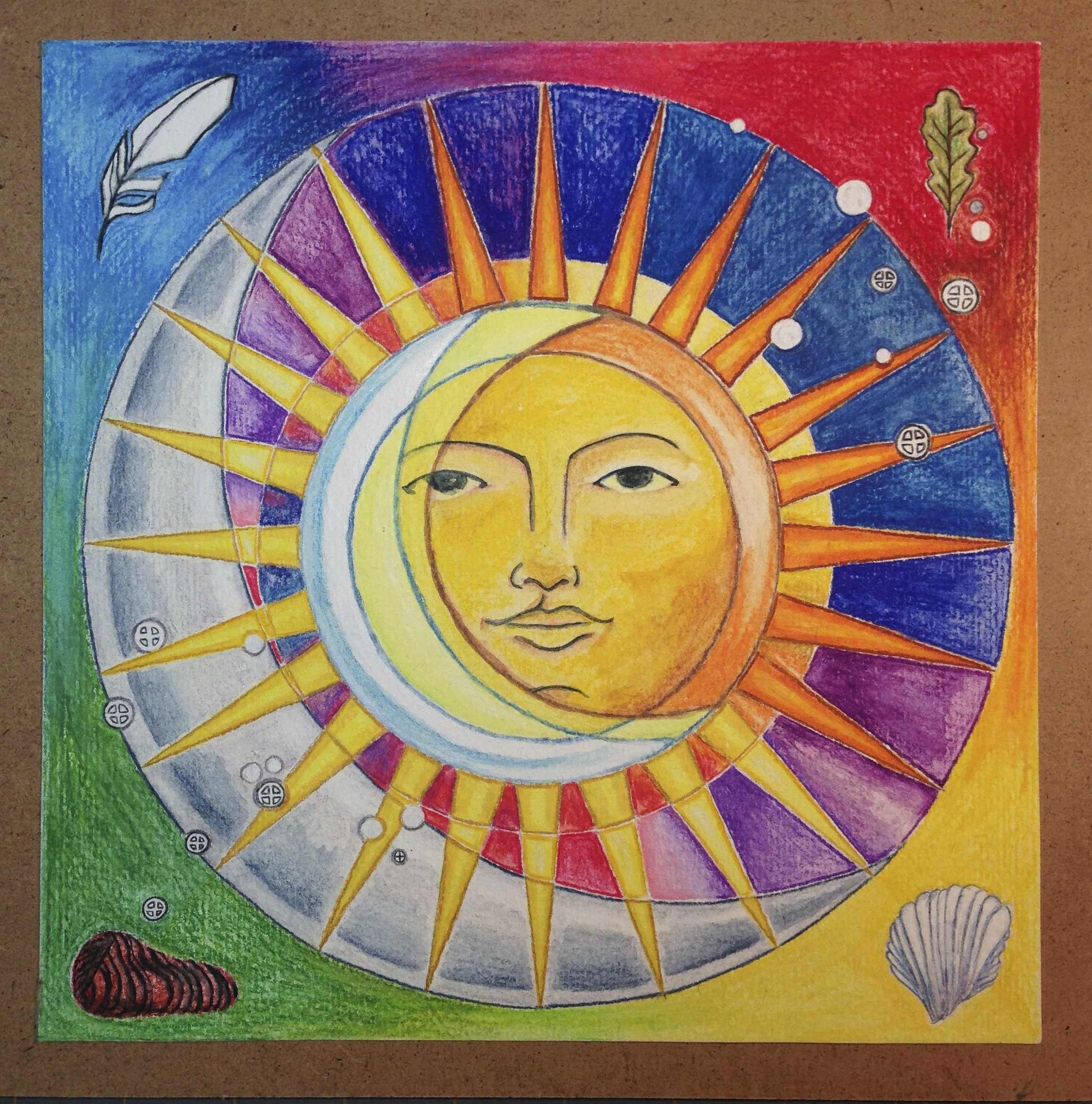
If you're thinking about applying for a scholarship, do it!! It's a little extra work, but it is so worth it. Plus it feels good to know you can accomplish what you set out to do.What about you? Do you have any goals or accomplishments to share? Leave a comment.Thinkin bout tryin out for a scholarship:http://www.youtube.com/watch?v=7VIG3SdCiSAMy sincere gratitude goes out to the Bethel E. Ells Scholarship committee and Mr. and Mrs. Robert Christopher. Thank you for this opportunity.
Thanks
So, I'm sure you've noticed a huge gap in posts. I mean, of course you have, because you're a regular reader and you love my wit, and you can't WAIT until you see a new post from me!Kind of like how I am with The Hermitage, Dreams + Jeans, and Fine Art Tips.A lot has been going on. I have been taking 17 credit hours this semester, and I can't remember the last time I've worked so hard and been so happy in that work. I'm telling you right now: If you've been in a slump, or maybe want to advance in your career but lack of a degree is holding you back; GO TO SCHOOL, even if it's just one class at a time.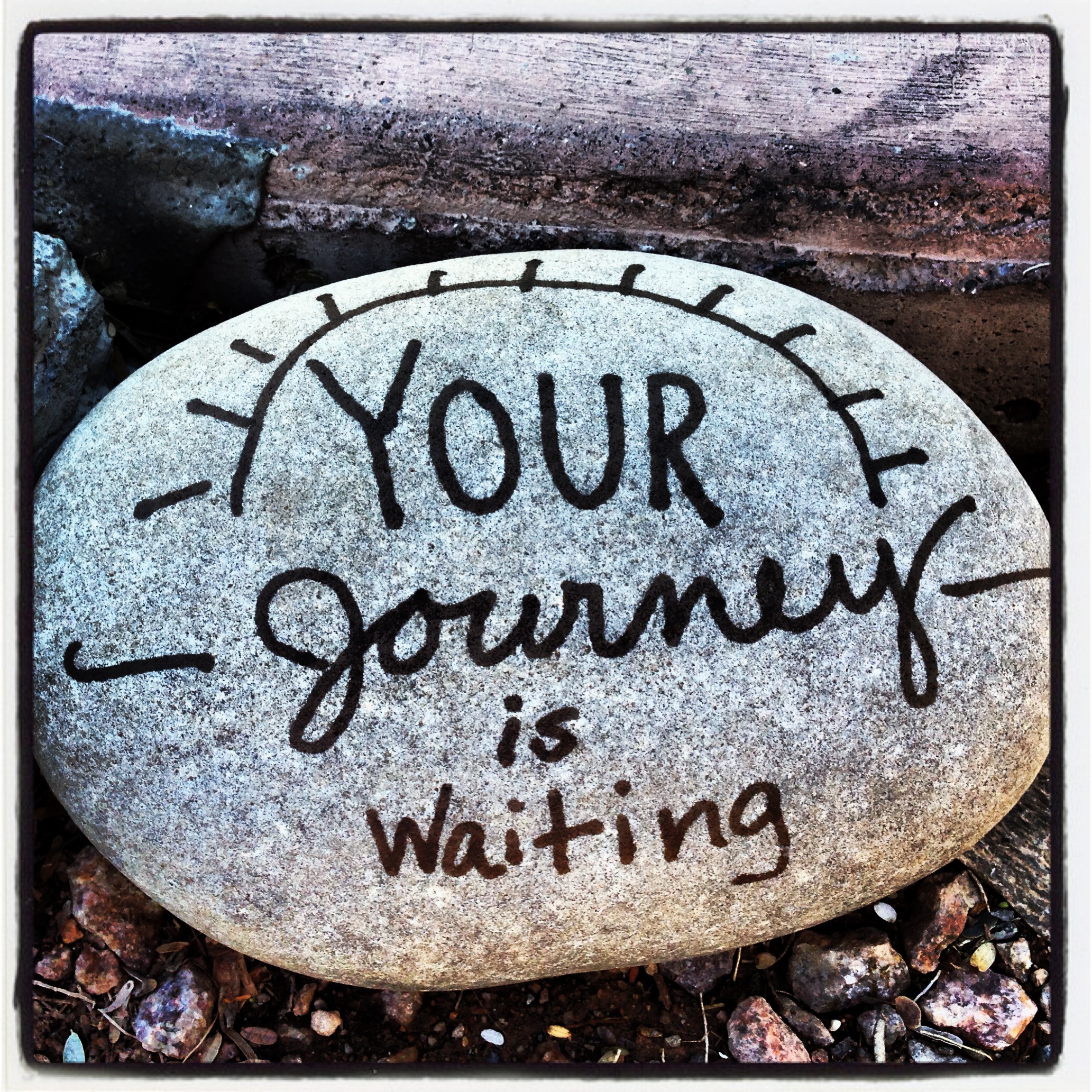 There's nothing that will revive you more than feeding your brain. It's the perfect time in the economy, too. Things are starting to bounce back, but it's slow going and business is still slow enough that if you wanted to, you could squeeze in a morning or evening class. Some of them are scheduled to only meet once a week, if that's all you can commit. There are loads of scholarships available, and enrollment is down, so they WANT you to go to school.But assuming you can afford one class per semester - maybe two - what would you take? What has always piqued your interest? Ancient Egypt? Art History 101- Prehistoric to the Gothic, or World History to 1500.
There's nothing that will revive you more than feeding your brain. It's the perfect time in the economy, too. Things are starting to bounce back, but it's slow going and business is still slow enough that if you wanted to, you could squeeze in a morning or evening class. Some of them are scheduled to only meet once a week, if that's all you can commit. There are loads of scholarships available, and enrollment is down, so they WANT you to go to school.But assuming you can afford one class per semester - maybe two - what would you take? What has always piqued your interest? Ancient Egypt? Art History 101- Prehistoric to the Gothic, or World History to 1500. What have you always wondered more about? How to really use Excel, so you can go up a paygrade at work? CIS 105 or Excel Level I.
What have you always wondered more about? How to really use Excel, so you can go up a paygrade at work? CIS 105 or Excel Level I.
Or, have you always wondered why rocks look like this? Take Geology 101! I liked it so much I took 102 as well. Why don't you do something for you? You've always wanted to try painting. Remember how much you loved watching Bob Ross? I recommend taking Color Theory first. It's been a challenge, but a good one!
Why don't you do something for you? You've always wanted to try painting. Remember how much you loved watching Bob Ross? I recommend taking Color Theory first. It's been a challenge, but a good one!

Think about it.Besides school, we've had a few birthdays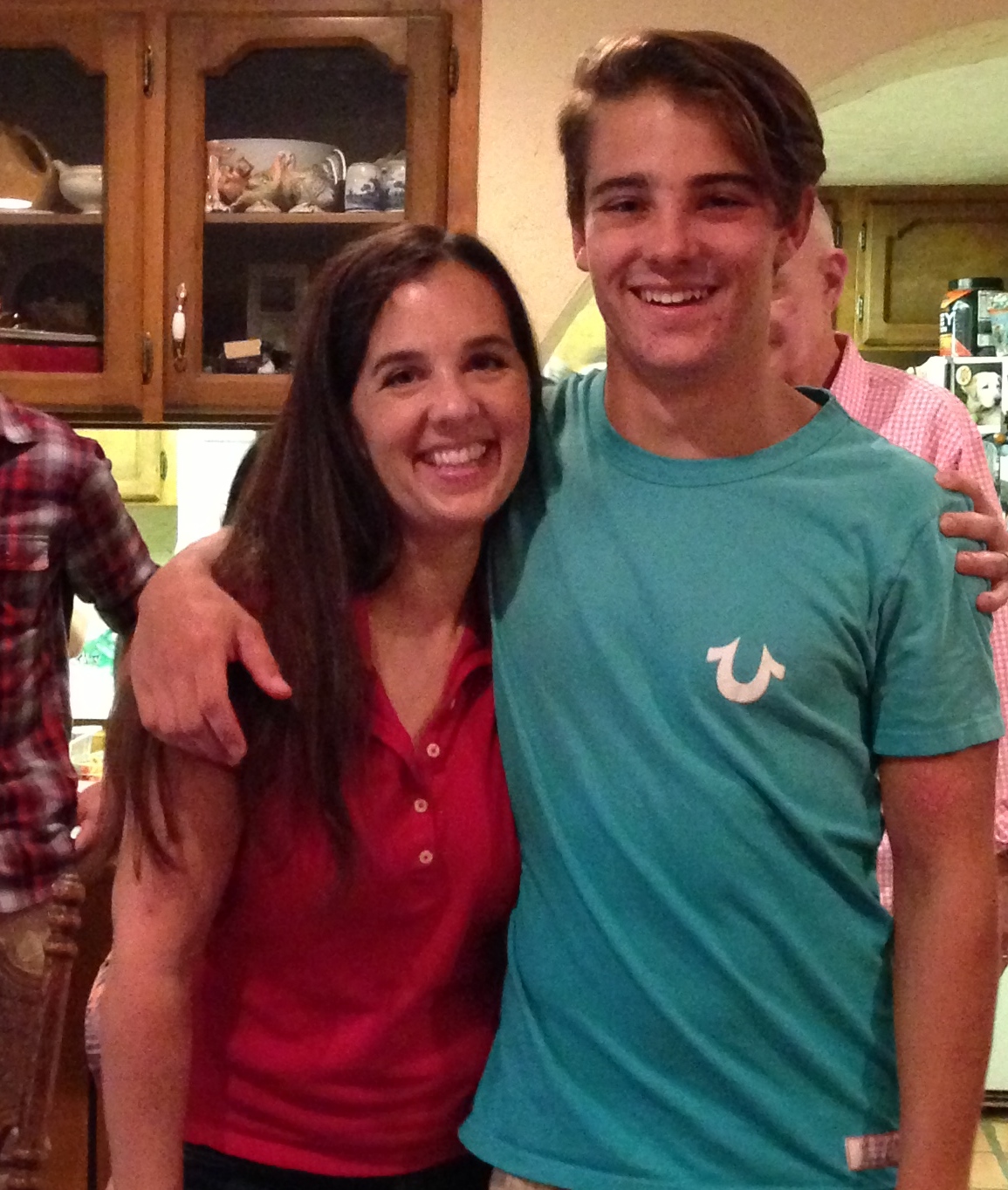
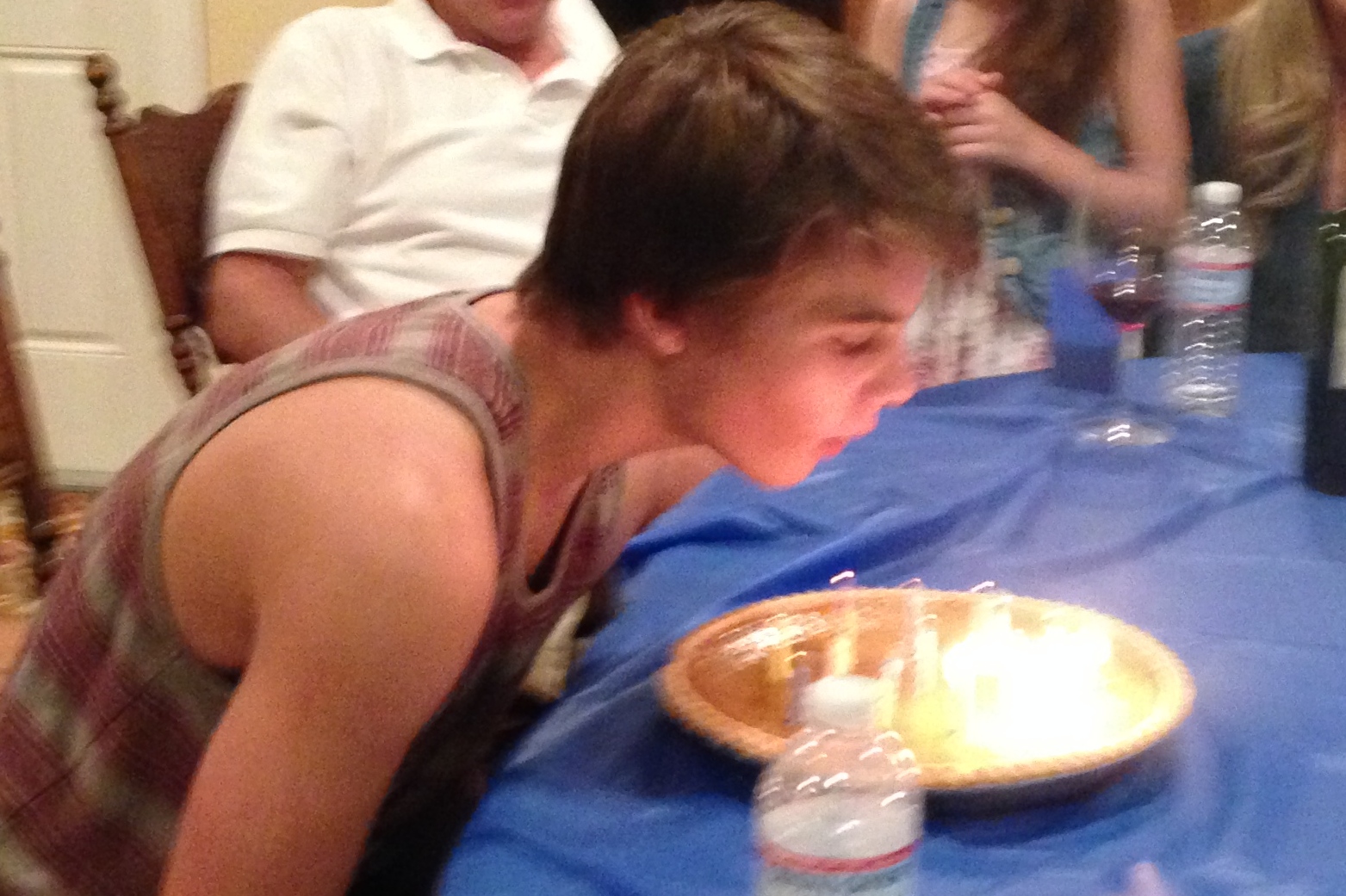 and lost our two best friends :(Butter (aka Best Dog in the World) was 13, and Pepper (2nd Best Dog in the World) was 12. They passed away within a month of each other.
and lost our two best friends :(Butter (aka Best Dog in the World) was 13, and Pepper (2nd Best Dog in the World) was 12. They passed away within a month of each other.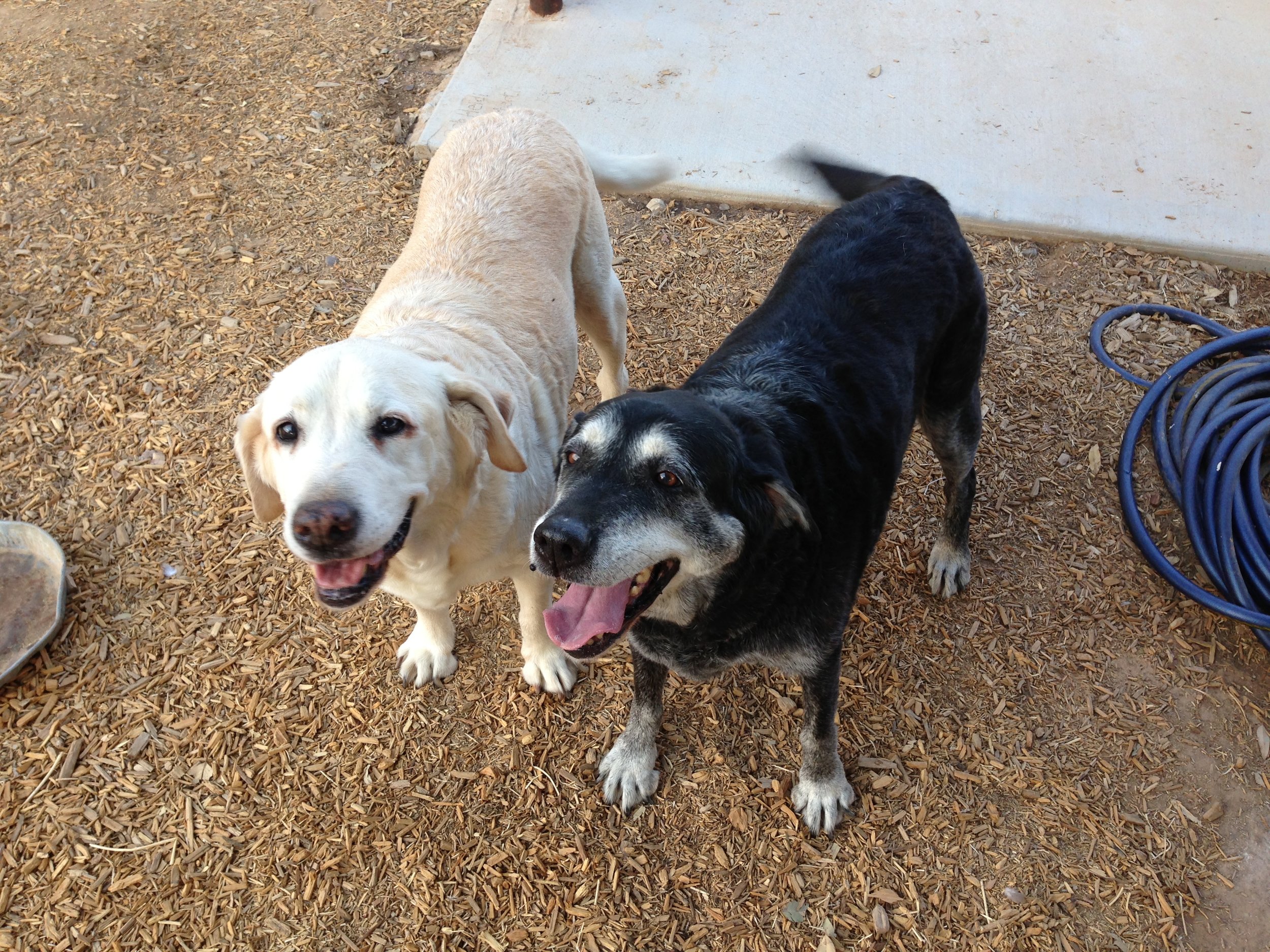 Our new girl, Juniper, was a birthday surprise, and missed meeting Pepper by two days, but kept Butter company for the last month. She's adorable, and smart, and keeps us all on our toes.
Our new girl, Juniper, was a birthday surprise, and missed meeting Pepper by two days, but kept Butter company for the last month. She's adorable, and smart, and keeps us all on our toes.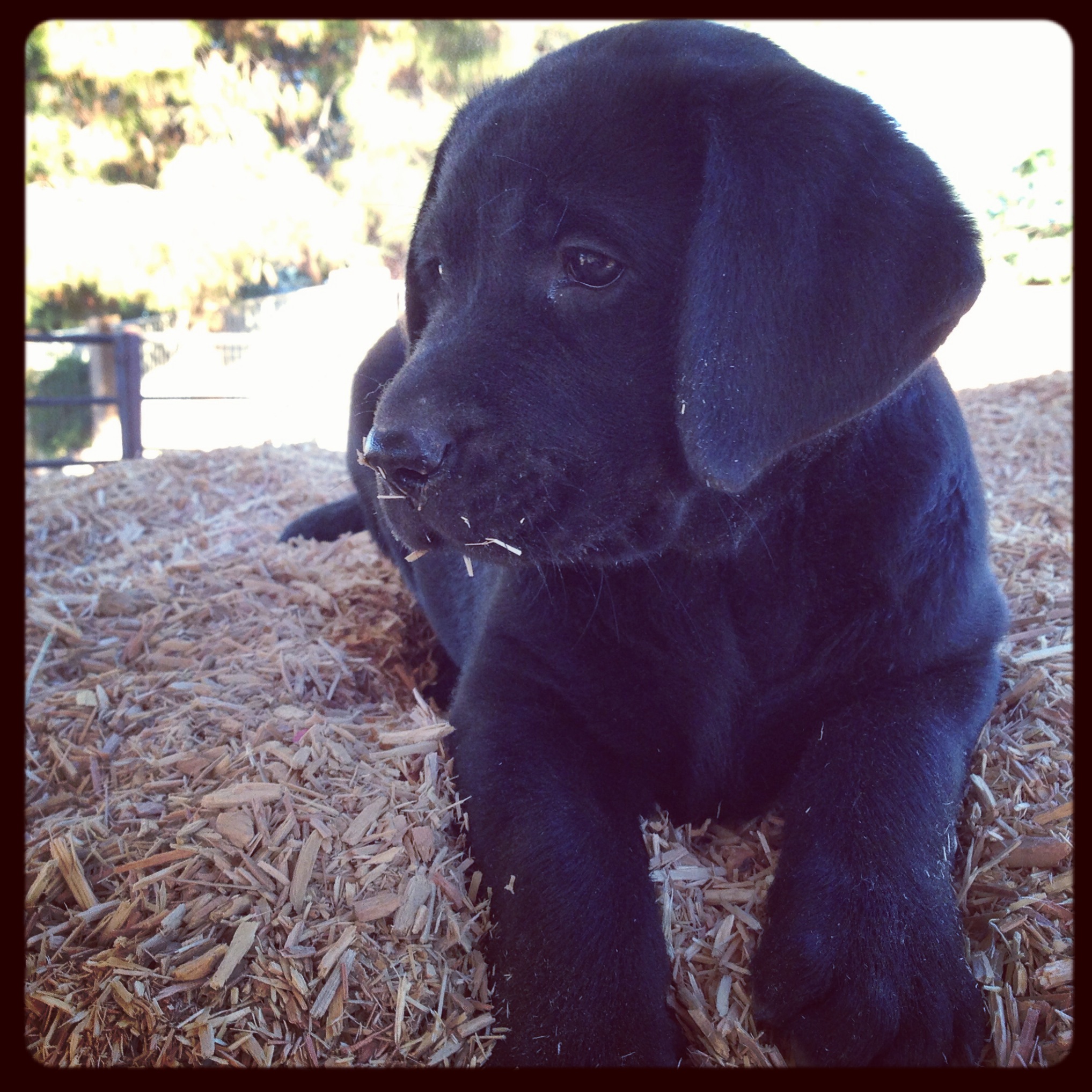 The horses have gotten hairy. They got a post-Halloween treat.
The horses have gotten hairy. They got a post-Halloween treat.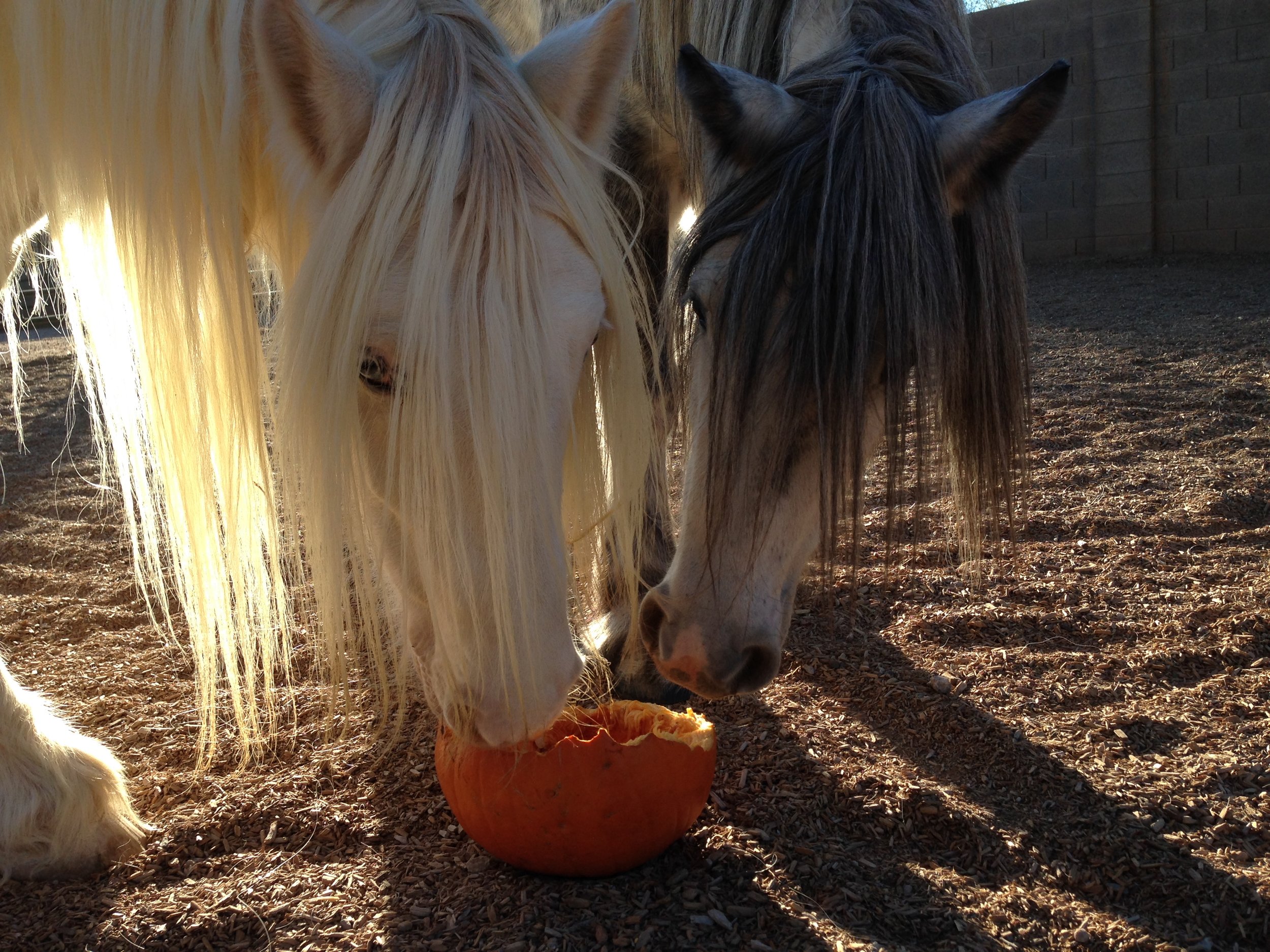 Keira is still for sale. It's strange, I think she must be waiting for the perfect home. I've had several people interested in her, and a few offers, but they all fell through for various reasons. All she needs is time and attention. She's super smart and sweet, and responds well to training (see video on her page). I'm so surprised she hasn't sold yet, because she's pretty close to perfect. But that's just my opinion ;)
Keira is still for sale. It's strange, I think she must be waiting for the perfect home. I've had several people interested in her, and a few offers, but they all fell through for various reasons. All she needs is time and attention. She's super smart and sweet, and responds well to training (see video on her page). I'm so surprised she hasn't sold yet, because she's pretty close to perfect. But that's just my opinion ;)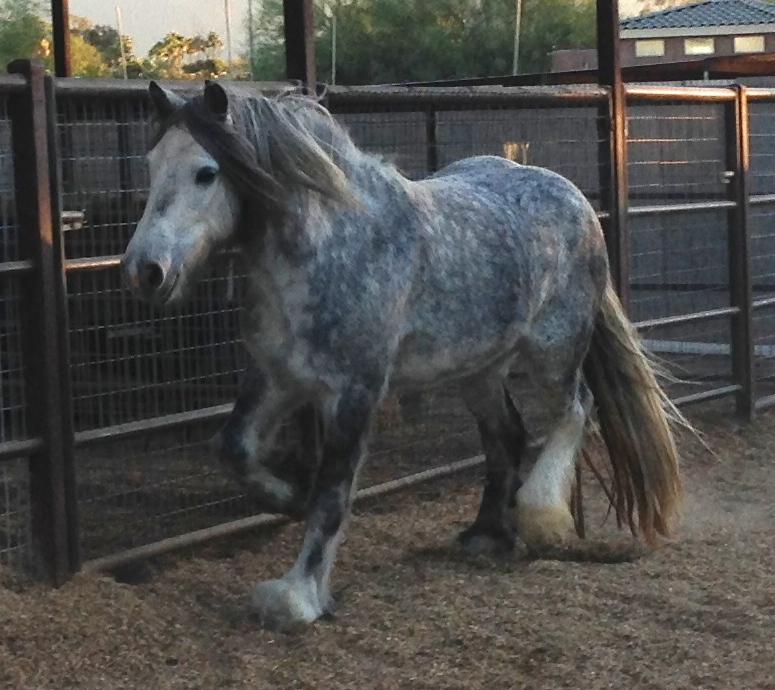 I gave my first class lecture
I gave my first class lecture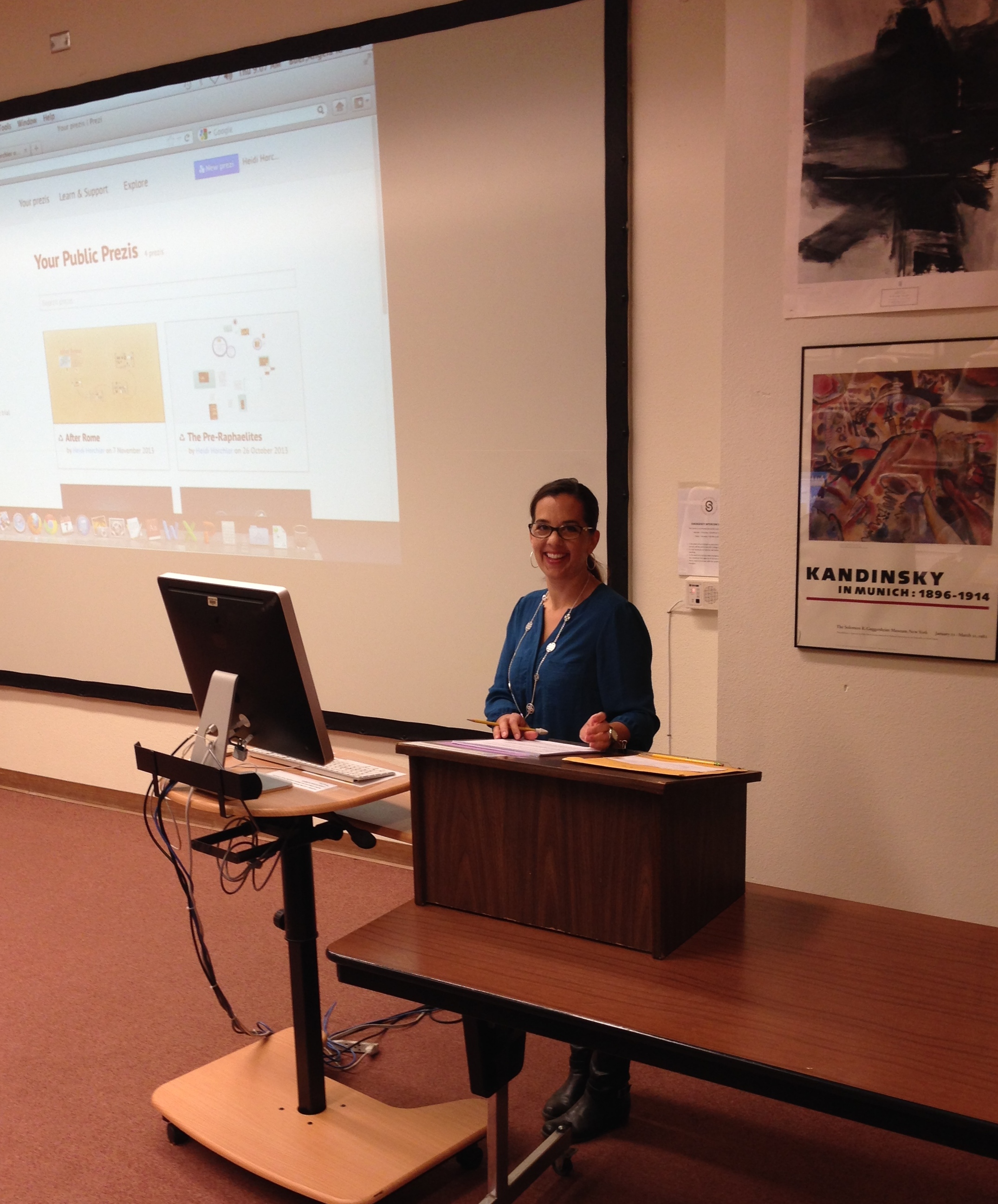 and we've had some rain.
and we've had some rain.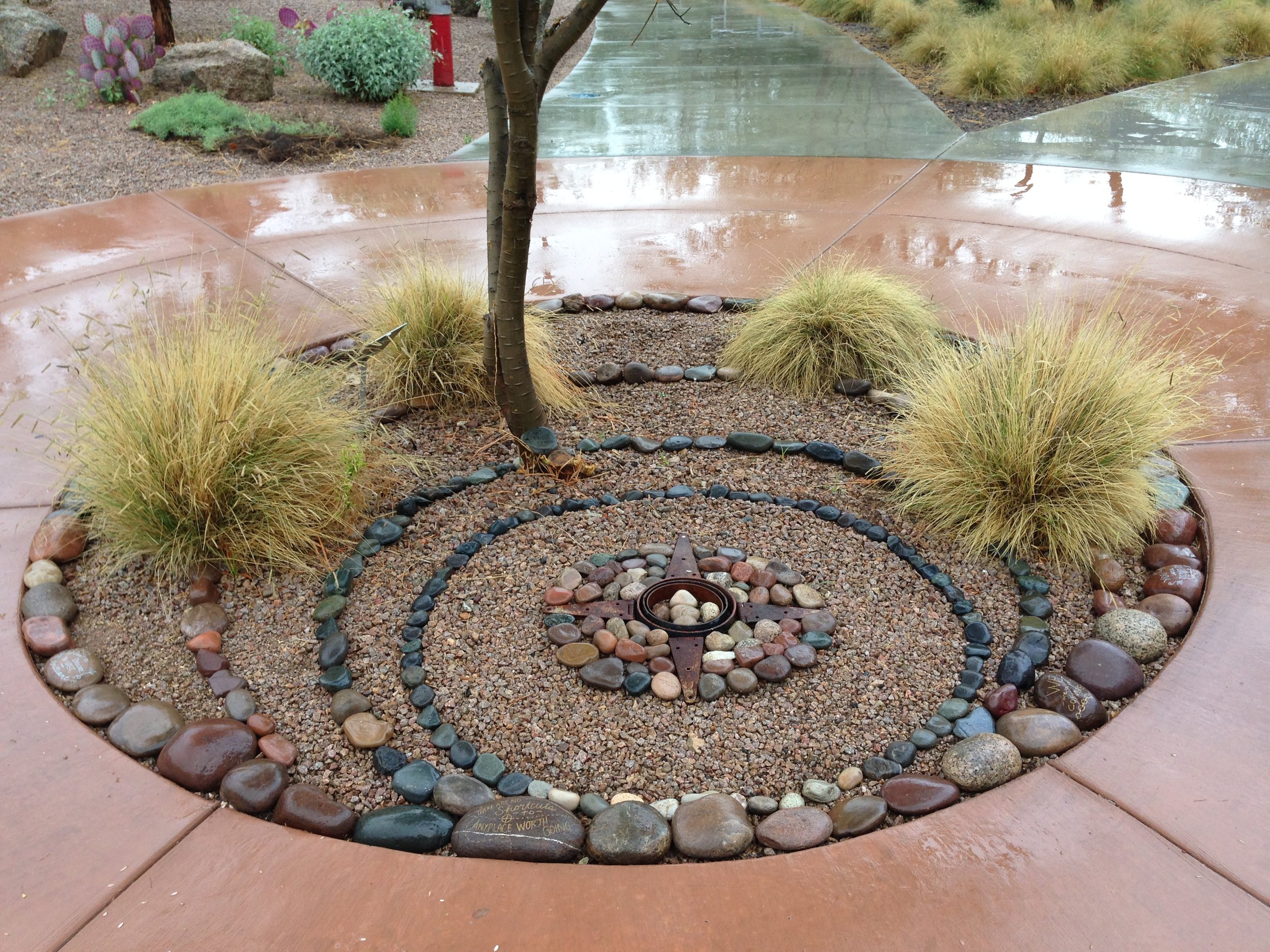 Coming up, I've got a post on a popular author, a round-up of my projects for the semester, an out-of-town writing conference (so exciting!), and after Christmas, I get to go visit my family. Please continue to keep my sister-in-law and our parents in your thoughts. This is our first holiday without John, and he is greatly missed.
Coming up, I've got a post on a popular author, a round-up of my projects for the semester, an out-of-town writing conference (so exciting!), and after Christmas, I get to go visit my family. Please continue to keep my sister-in-law and our parents in your thoughts. This is our first holiday without John, and he is greatly missed. Here and now, it's holiday time in the desert, cool and crisp in the morning, sunny in the afternoon.I'm thankful for it all - my family, our health & home, the opportunities we have.And to you, for taking the time to visit.
Here and now, it's holiday time in the desert, cool and crisp in the morning, sunny in the afternoon.I'm thankful for it all - my family, our health & home, the opportunities we have.And to you, for taking the time to visit. Much love,Heidi...If you'd like to do more online browsing, please stop by my friends' sites:Pb Crazyr. mccormack writestaysteele.comstrategicbongoTracyJoyCreative
Much love,Heidi...If you'd like to do more online browsing, please stop by my friends' sites:Pb Crazyr. mccormack writestaysteele.comstrategicbongoTracyJoyCreative
Back to School: Projects
Have a look through my first semester of college!
What I learned at Barnes & Noble Today
It's a guilty pleasure, using valuable writing time to languish in a bookstore for a couple of hours. But then again, the boost it gave to my creative spirit was worth it.
- Time flies when you are looking at books.
- There are way more books to read than I will ever have time for in my life.
- For fiction books, all you need to read is the first page to know if you'll like the book.
- My fantasy-adventure story is still relevant. The "does it matter?" slump/doubt has been completely erased, and fed with new inspiration. Thanks to the teen & young reader's section, and re-visiting some of the classics.
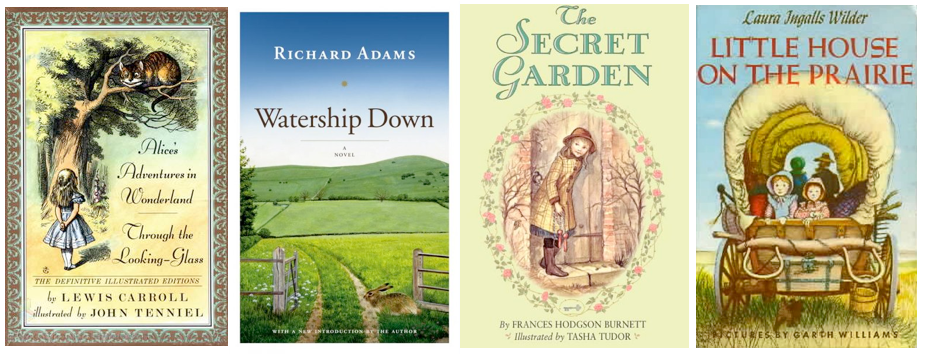
- My read-aloud bedtime book is very relevant, and I can do my own illustrations. Even though I'm totally getting into unleashing my artistic side, I've been overwhelmed by my lack of experience. I keep thinking: How can I illustrate this story while fooling everyone into thinking I know what I'm doing?
With the recent nudging of a very good friend, some inspiration from Neil Himself (watch this video, and if you already have, watch it again), and today's hours spent in the children's section, now I know: art is art. Everyone has a different approach, and like Mr. Gaiman says, no one can tell my story but me. No one can create the art that's in my head but me.
So.
Off I go.
Meet the Writer - Tom Leveen
Yes. I just compared up-and-coming YA author Tom Leveen to the Martin Scorsese of 80's teen angst: John Hughes.
An author interview on the craft of writing.
Featured Writer: Tom Leveen
Book: manicpixiedreamgirl, Contemporary YA
In celebration of Tom's latest book, and because I LOVE MY READERS :D I am giving away a signed copy of manicpixiedreamgirl! Read on, and enter for your chance!!I said it when I read Party, Tom Leveen's debut novel, and I'll say it again: I will be very very shocked if we don't see a TV or movie adaptation of his work sometime in the near future. While Party could easily be adapted into an MTV series (each of eleven chapters is told from a different character's point-of-view, all on the same night - at a high school party), and Zero has an indie-film feel, manicpixiedreamgirl is like today's version of a John Hughes film.Yes. I just compared up-and-coming YA author Tom Leveen to the Martin Scorsese of 80's teen angst.And it's apropos, considering, in Tom's own description of himself freshman year, he had "that whole John Bender thing going," or at least that's the look he was going for at the time. But as all of us former freshmen know, the look you want to have is much further from the persona you actually project. We want to be badass, confident and sexy; when in actuality we are awkward, nerdy, and to most of the world, still "kids."In manicpixiedreamgirl's Tyler—loosely biographical—Tom captures these feelings to a T. Internally, the rush of what you wish was your reality, all the hopes, dreams, and feelings flowing like a fast-moving river; the image of yourself looking fabulous, walking up to your crush and reciting some impressive commentary on Whatever Is Relevant At The Time. But externally, you can barely look them in the eye, and what you really say—the still-puddle of one-syllable responses: "yup," "nope," "uh..." John Bender reduced to Brian Johnson.I first introduced you to Tom in this guest post for Will Write for Coffee. When I met him, Tom had just released his first book, Party, and gave a presentation at our regional SCBWI conference. I had loaned out my copy of Party to a friend, and had stupidly forgotten my wallet in my other purse and wasn't able to buy a copy at the conference. Being a geek, I like to have signed copies from authors I've met. I asked Tom if I could order a signed copy online. He did the absolute coolest thing right then and there—checked to make sure no one was looking, held his finger in a "shh," and slipped me a copy from his messenger bag, which I then sheepishly brought to the autograph table about 10 minutes later. He's been a rock star in my mind since.Even better, after I'd asked him to do this interview, he was scheduled to appear at out local Indie, Changing Hands Bookstore, for the release of manicpixiedreamgirl. I dragged my 15-year-old son and his friend along, and listened to them complain all the way about how boring it would be. I had to bribe them with Jamba Juice just to go with me. (Really, five bucks for a fruit shake?) I forced my son to actually sit down with me during the presentation, rather than let him wander around the store wreaking havoc. What a heinous mother I am.About two seconds into Tom's presentation, my son and his friend were laughing hysterically, and I was laughing so hard I was crying. He is so animated and enthusiastic about what he does, and grateful for his ability to do it, it's infectious. And by the time he's done relating Tyler's story to his own evolution, you are pretty much just as in love with his wife Joy as he is. Seriously, if your school or organization is thinking of an author visit - don't even look anywhere else - Tom will entertain and motivate like none other. And if Tom isn't enough, his son Toby will definitely do the trick.It's an honor and a privilege to introduce you.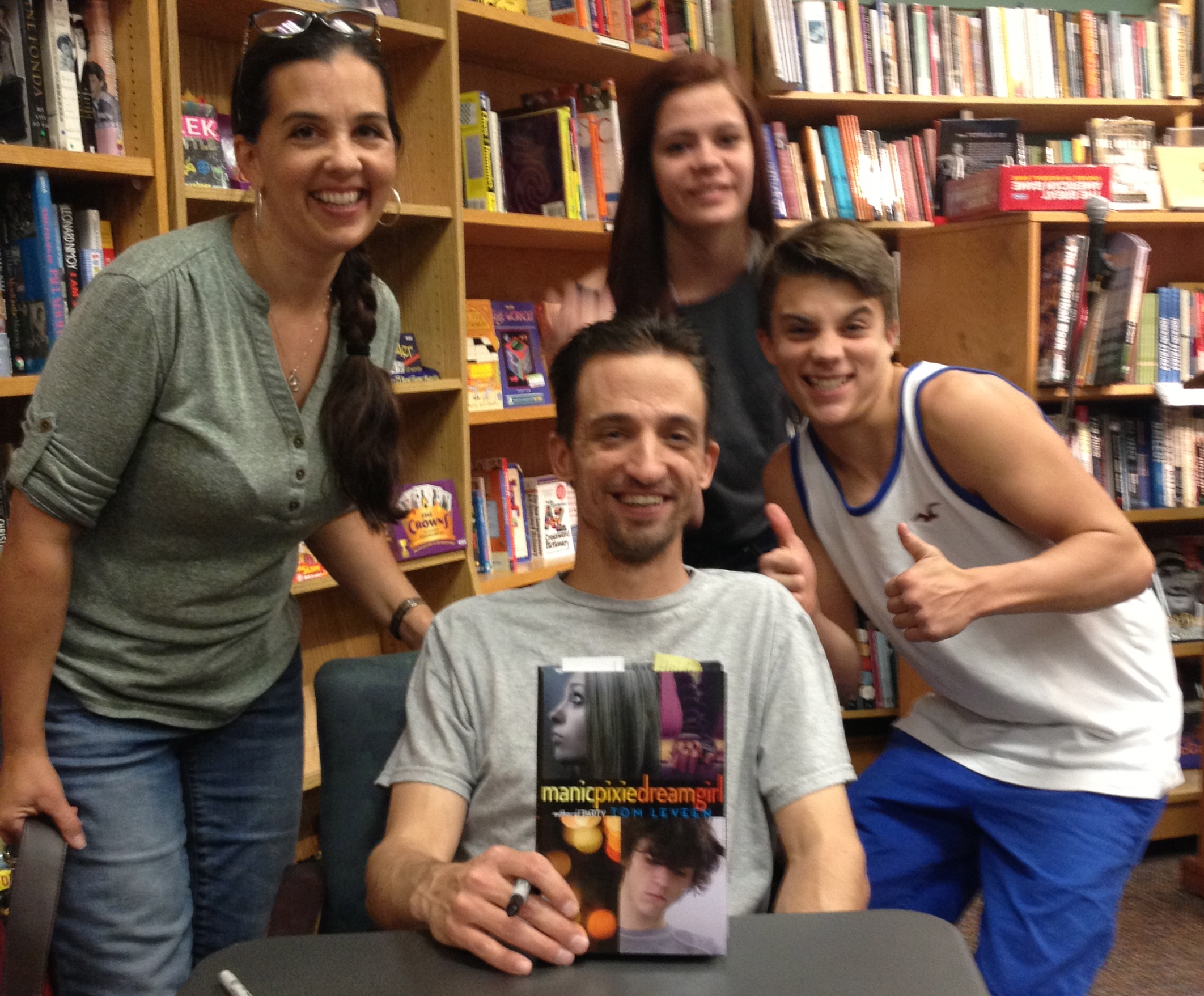
Meet the Writer: Tom Leveen
On craft:
How old were you when you started writing?I wrote my first story in second grade, so, about seven years old I think. My teacher made me rewrite it and read it aloud to the first graders. At first I thought I was being punished for something, but once I got up in front of the class, I knew I wanted to do this for the rest of my life: tell stories and be in front of an audience. So that’s worked out well.Where do you write?I write in an indie coffee shop not far from my house, and also in my home office.
When do you write?New stuff—brand new, no revision-type stuff—I generally do in the mornings. I used to stay up all night and write, and I miss doing that, but having a toddler has that effect. I use afternoons and evenings to do editing or revision, as well as other business stuff. Like answering interview questions!What helps you write—music, pictures, maps, journals, etc.—what gets you into that mindset?A routine.I recommend this to all writers. If you can get into a pattern, your brain starts to make associations. Like at my coffee shop, there’s a certain table and certain chair I always use, and within a few minutes of being there and getting set up, I can feel my brain (usually) start to click over to the job at hand, which is continuing that day’s story.Beyond that, internet research helps me a lot. The more I dig into a topic and click around on websites, the more ideas I get. I do usually make playlists for my stories, too, but I don’t listen to music while I write anymore. Sometimes when I’m making copyedits, but that’s it.What are some things that stand in your way? logistically as well as creatively?See above!No, really, the internet is without doubt the writer’s best friend, apart from time. But it’s also a curse, because man, you start off with just needing to know some quick obscure fact, like the capital of Guam, and then an hour’s gone by and you haven’t written a word. And by “you” I mean “me,” of course.Creatively what makes me stumble is doubt coupled with certainty. For whatever reason, the stuff that I feel most excited about turns out to be my worst writing, and the stuff I’m sure sucks is inevitably what my agent picks up on and wants to read more of. So it gets very confusing in my head sometimes.What do you do when you "hit a wall?"It depends. I’ve gotten better at being honest with myself and how I’m feeling, be it physical or mental. There are some days like, “You know what? This ain’t gettin’ done. It’s just not happening.” When I feel like that, then I pack it in and do something else for the rest of the day, and try again tomorrow. Then there are other times I hit a wall, but I can still feel like the words are there, the story is there; I just have to figure it out. In those cases, a walk helps. Pacing around the house. Talking out loud. Anything to let my mind wander for a bit. Usually within ten to thirty minutes the dam breaks.Beyond that, I will often just open a new story and start something new or work on something old. Let my subconscious figure it out. Do you use an outline—do you know exactly how the arc will play out—or do you just let the story develop as you write? If so, how do you outline? (notecards, etc.)Hm…good question. I guess both.What tends to happen, lately, is I free write a first draft, or at least half a first draft, and then go back and give it an outline. Sometimes I’ll use the Hero’s Journey as a template, not necessarily point by point, but just to see if there is in fact, you know—a plot. (There isn’t always, especially in that first draft.) My outlines usually just consist of a Word doc with notes (often longer than the book itself, it turns out), and sometimes an Excel doc so I can move things around and keep the plot points, character names and locations, etc., organized.In terms of the arc, I don’t usually know exactly how things will turn out, though on some stories, I discover the ending about halfway through the writing. Zero’s ending has been the same since the first draft in 1993. For manicpixiedreamgirl, I knew most of where I wanted it to end up. But with Party – which went through more drafts than the other two – I never did know for sure how to tie it up until just before we pitched it.How do you draft/revise? (i.e. do you just get it out in one big "dump," then revise, revise revise, or do you revise and edit as you go)I try hard to get the first draft out all in one go. Usually what happens is I’ll do a bit of revision as go, though. If I stop to revise too much, the book never gets done. And there’s no point in revising a story that had no middle or end. I think I’ve gotten better about completing those first drafts. They are awful, but that’s what first drafts are for!What are some tools that you use? (reference guides, manuals, websites—a favorite pen/notebook/computer)Well, I use the internet pretty extensively for research, whether it’s just a quick fact check or more in-depth. I often use videos, too—documentaries, usually, or travelogues. I do all of my composing on my desktop and an obsolete netbook. Come to think of it, the desktop is obsolete too, but I can’t stomach the newer versions of Word. I want my old 2003 version, thanks.Lately I’ve also appreciated using a handheld recorder or the sound recording option on my cell phone to speak quick notes or lines of dialogue before I forget them. That’s been hugely helpful.Beyond that, I don’t really have anything special to use while writing. I don’t think…Do you use critique groups? How did you find them?I do not, at the moment, but I did before I was published. I highly recommend the forums at www.absolutewrite.com, without whom I would never have gotten my first agent. No question.I haven’t really had a formal critique group since college. I think there is value in them, but I also thing aspiring writers need to know what to look for—namely, people (or just one or two good beta readers) who will not only be honest, but know what to be honest about.I’ve taken some creative writing classes that I really enjoyed attending, for instance, but in hindsight realized: I didn’t learn a damn thing! The feedback was nice and encouraging, and I made a few changes that helped the story…but a bunch of people saying “I liked this; I didn’t like this” is not the same as a knowledgeable person saying, “Your pacing is too slow in chapter two. Your secondary characters are flat and uninteresting. The plot is too convoluted. Cut chapter four entirely.” Things like that. Concrete ideas and suggestions that turn a decent book into a marketable book.I don’t know how to find those. But if anyone in the group has published, that helps. But the real hard part is listening to criticism and knowing when the criticism is right. I always recommend checking local libraries and indie bookstores for groups.
Do you use an outline—do you know exactly how the arc will play out—or do you just let the story develop as you write? If so, how do you outline? (notecards, etc.)Hm…good question. I guess both.What tends to happen, lately, is I free write a first draft, or at least half a first draft, and then go back and give it an outline. Sometimes I’ll use the Hero’s Journey as a template, not necessarily point by point, but just to see if there is in fact, you know—a plot. (There isn’t always, especially in that first draft.) My outlines usually just consist of a Word doc with notes (often longer than the book itself, it turns out), and sometimes an Excel doc so I can move things around and keep the plot points, character names and locations, etc., organized.In terms of the arc, I don’t usually know exactly how things will turn out, though on some stories, I discover the ending about halfway through the writing. Zero’s ending has been the same since the first draft in 1993. For manicpixiedreamgirl, I knew most of where I wanted it to end up. But with Party – which went through more drafts than the other two – I never did know for sure how to tie it up until just before we pitched it.How do you draft/revise? (i.e. do you just get it out in one big "dump," then revise, revise revise, or do you revise and edit as you go)I try hard to get the first draft out all in one go. Usually what happens is I’ll do a bit of revision as go, though. If I stop to revise too much, the book never gets done. And there’s no point in revising a story that had no middle or end. I think I’ve gotten better about completing those first drafts. They are awful, but that’s what first drafts are for!What are some tools that you use? (reference guides, manuals, websites—a favorite pen/notebook/computer)Well, I use the internet pretty extensively for research, whether it’s just a quick fact check or more in-depth. I often use videos, too—documentaries, usually, or travelogues. I do all of my composing on my desktop and an obsolete netbook. Come to think of it, the desktop is obsolete too, but I can’t stomach the newer versions of Word. I want my old 2003 version, thanks.Lately I’ve also appreciated using a handheld recorder or the sound recording option on my cell phone to speak quick notes or lines of dialogue before I forget them. That’s been hugely helpful.Beyond that, I don’t really have anything special to use while writing. I don’t think…Do you use critique groups? How did you find them?I do not, at the moment, but I did before I was published. I highly recommend the forums at www.absolutewrite.com, without whom I would never have gotten my first agent. No question.I haven’t really had a formal critique group since college. I think there is value in them, but I also thing aspiring writers need to know what to look for—namely, people (or just one or two good beta readers) who will not only be honest, but know what to be honest about.I’ve taken some creative writing classes that I really enjoyed attending, for instance, but in hindsight realized: I didn’t learn a damn thing! The feedback was nice and encouraging, and I made a few changes that helped the story…but a bunch of people saying “I liked this; I didn’t like this” is not the same as a knowledgeable person saying, “Your pacing is too slow in chapter two. Your secondary characters are flat and uninteresting. The plot is too convoluted. Cut chapter four entirely.” Things like that. Concrete ideas and suggestions that turn a decent book into a marketable book.I don’t know how to find those. But if anyone in the group has published, that helps. But the real hard part is listening to criticism and knowing when the criticism is right. I always recommend checking local libraries and indie bookstores for groups.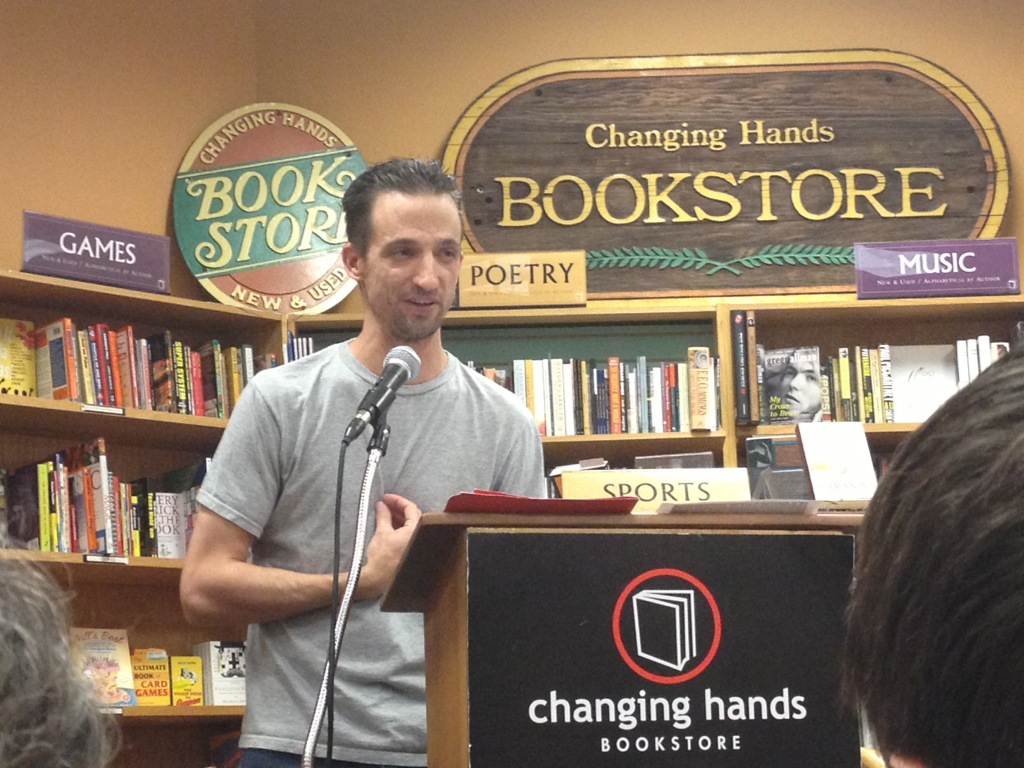
On your current project:
What was your inspiration for this book?Real life! Sort of.I actually already had an outline of manicpixiedreamgirl that formed the spine of a one-man play I wrote and directed a few years out of high school, which itself was loosely based on real events. But manicpixiedreamgirl is not autobiographical; it’s just emotionally true to what I experienced.What kind of research did you do for this book? And, were you surprised by something that you learned in your research?I didn’t need to do much research with manicpixiedreamgirl, because it dealt with writing and theatre, two things I know a lot about. And since the story already had a framework from the play, there wasn’t much to look into.On the other hand, for Sick (Oct. 1, 2013, Abrams/Amulet), I had to do a ton of medical research. Gross, disgusting medical research. I was surprised that my initial concept for the “zombies” in the novel (they are not undead, though the characters have a whole debate about that) was reasonably medically based, or at least could be.How good did it feel to write that last line?For manicpixiedreamgirl? Very good. Like closure. Much like Zero, this one had been with me a long time, and it was nice to put it to bed.
On the business of publishing:
How did you find your agent/editor?I used AgentQuery.com and resources on AbsoluteWrite. I may have even used a print version of Writer’s Market, come to think of it. I built an Excel sheet with the agency’s name, agent’s name, when I submitted, and what if any response I got. I got picked up after about forty rejections by Andrea Brown Literary Agency, and I’ve been there ever since. How has self-publishing shaped your career as a writer? / What is your opinion of self-publishing?I haven’t yet done it, so I can’t speak with any authority. I will underline the “yet,” though, as I am already in the early stages of planning some self-published work.My opinion of self-pub is this: One, it’s not going away. Two, to paraphrase Jeff Goldblum in Jurassic Park: “Writers can get so preoccupied with whether or not they could that they didn’t stop to think if they should.”I’m less of a doomsayer about traditional publishing and agents than some of my best writer friends, but there’s no doubt the industry has changed and will continue to change. But I will also say that my most valuable instruction came from my agents and editors. I always recommend that writers give the traditional route a try first, if only for the experience of revision (and revision and revision and revision…) that goes into a good, marketable novel. Being able to write a good query and condense that novel into 200 words or less is a good skill to have for someone going the indie route.I try to say this to every writing class I teach: Writing fiction is a business. And self-publishing is twice or more the work traditional publishing is because you’re doing it all alone. Yes, there are examples of big breakthroughs, but they are in the minority.My friend Erin Jade Lange (author of Butter) recently said at a conference, “You have to love writing more than showers.” She’s dead right. You have to love this more than just about anything else on earth to make a real go of it. The man-hours it takes to really, truly put out a great novel is daunting. Or should be, if you’re think about it enough. Finishing up your NaNoWriMo book and plugging it into Smashwords on December 1 is not how to do it.Sound advice to all the NaNos out there! What can you share with our readers about marketing? (i.e. what, if any, support did you have from your publisher? Costs involved? Things that worked best/weren't worth it, etc.)Ya know, this is my major weakness. I’m still learning. I think postcards are a great idea, I carry those around with me. Business cards are still useful. Having an online presence is essential, even if you don’t want one.Really the biggest thing was making ARCs and e-galleys available to the book bloggers out there. That’s where a lot of interest gets generated.But when it comes to MG and YA authors, there’s no beating getting yourself in front of students. You don’t need a gimmick or anything; just be yourself and talk about things that matter to you in a way that will matter to them. I think I sell about as many books based on my writing classes and presentations as I do what any journal has to say about the novel itself.(As I stated above, I can attest to Tom's presentation skills. Not only have I seen him talk about his books, but I've taken his "Say Words" writer's workshop. He helps writers portray realistic teen dialogue. And, the class that Tom had been working with at Estella Mountain HS came all the way across town just to celebrate his book release. Think he speaks to kids? Yeah.)
About You:
What is a trick that you've learned along the way that has made the writing process easier?None that I am aware of…Okay, no, just kidding. For me, (relative) silence and having a schedule. Those two things have helped more than anything else. Some authors call it “B.I.C.” which means, Butt In Chair. It means there’s no substitute for sitting down and writing. Now, I myself often stand while at my coffee shop, because they have these great, tall bar tables. But you get the drift. Even if the only time you can write is Thursday morning from five a.m. to seven a.m., then by cracky, that’s when you will write. And the more you do that, the easier it gets.What writers inspire you?The late John Bellairs (The Mummy, The Will, and The Crypt) influenced me a lot. So did early Stephen King stories and novels, and most of Robert Cormier’s books (The Chocolate War, etc.) I kind of want to be Laurie Halse Anderson when I grow up . . . or at least have the range of influence she does. I’d put A.S. King in there, too. These women are at the forefront of tangibly changing the lives of adolescents, and that’s what I want more than anything.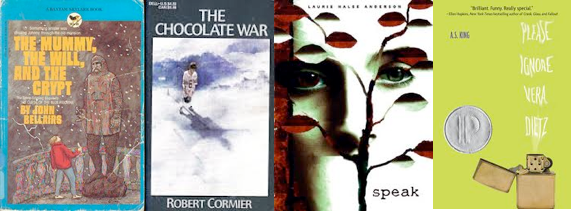 Really the writers who inspire me are the writers who I’ve become friends with since this whole thing started. There’s a whole clutch of YA and MG writers here in the Phoenix and wider Arizona area, and they are truly awesome people. I learn – present tense – a lot from them.What do you like to read for enjoyment?Lately I have been reading a lot of nonfiction. It started when a good friend of mine recommended the popular book Born To Run. I really enjoyed that. Then she recommended another that I fell in love with Animal Vegetable Miracle by Barbara Kingsolver. A third followed. So now anything she recommends to me, I will read.Then I began reading up on Gandhi while doing research, and that led to a whole list of must-reads. So these days, if I’m not re-reading some middle-grade novel from the eighties that I grew up with (kind of like comfort food, only, in words), I’m reading one or more nonfiction books on any number of topics.We all know that learning from our mistakes is part of the process of becoming who we are. As a writer, what's one lesson you've learned that you would like to pass on to others?Writing fiction is a business. Sorry to go all serious on you, but yeah – the instant you decide you want someone to pay you for writing fiction, you are a small business owner. Act like it.I'm so glad you said that. I think more writers need to realize that being an author is WAY MORE than writing a book.What's next for you?Next is Sick (Abrams/Amulet), which releases October 1, 2013. After that is Random (Simon Pulse) in Summer 2014. I’m getting some side projects worked up, slowly. Mostly I just keep looking for places to present and to teach. It’s the best part of all this.I can imagine. After seeing you speak several times, it shows that you really enjoy teaching others about writing, especially kids. Thank you so much, Tom! I hope everyone has learned more about what it takes to be a writer. Readers, see below for more of Tom's books, and a chance to win a signed hardcover copy of manicpixiedreamgirl!Tom's Books:
Really the writers who inspire me are the writers who I’ve become friends with since this whole thing started. There’s a whole clutch of YA and MG writers here in the Phoenix and wider Arizona area, and they are truly awesome people. I learn – present tense – a lot from them.What do you like to read for enjoyment?Lately I have been reading a lot of nonfiction. It started when a good friend of mine recommended the popular book Born To Run. I really enjoyed that. Then she recommended another that I fell in love with Animal Vegetable Miracle by Barbara Kingsolver. A third followed. So now anything she recommends to me, I will read.Then I began reading up on Gandhi while doing research, and that led to a whole list of must-reads. So these days, if I’m not re-reading some middle-grade novel from the eighties that I grew up with (kind of like comfort food, only, in words), I’m reading one or more nonfiction books on any number of topics.We all know that learning from our mistakes is part of the process of becoming who we are. As a writer, what's one lesson you've learned that you would like to pass on to others?Writing fiction is a business. Sorry to go all serious on you, but yeah – the instant you decide you want someone to pay you for writing fiction, you are a small business owner. Act like it.I'm so glad you said that. I think more writers need to realize that being an author is WAY MORE than writing a book.What's next for you?Next is Sick (Abrams/Amulet), which releases October 1, 2013. After that is Random (Simon Pulse) in Summer 2014. I’m getting some side projects worked up, slowly. Mostly I just keep looking for places to present and to teach. It’s the best part of all this.I can imagine. After seeing you speak several times, it shows that you really enjoy teaching others about writing, especially kids. Thank you so much, Tom! I hope everyone has learned more about what it takes to be a writer. Readers, see below for more of Tom's books, and a chance to win a signed hardcover copy of manicpixiedreamgirl!Tom's Books:
Party
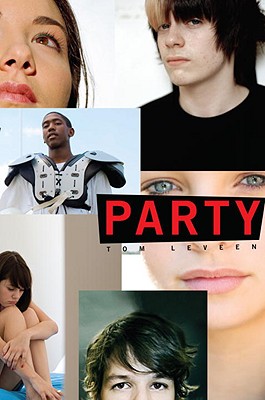
Zero
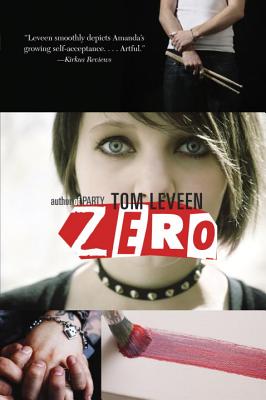
manicpixiedreamgirl
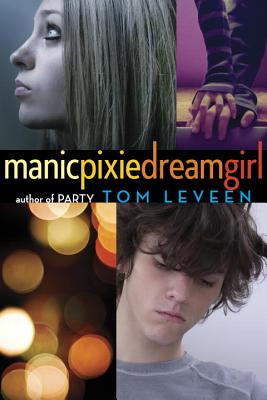 For a chance to win a signed hardcover copy of Tom's newest book, manicpixiedreamgirl, leave a comment about the interview, below! Winner will be chosen at random in one week and notified by email!! Good Luck!Tom's website: www.tomleveen.comTwitter: @tomleveenFacebook: Tom LeveenAnother great interview with Tom: Assembly on Literature for Adolescents of the NCTESee Tom at Phoenix ComiCon! Phoenix New Times review of MPDGLast but not least...What's the funniest thing you've seen online lately? The funniest thing was actually something I had to go back and look up not long ago: A piece from The Daily Show about the Navy SEALs who took out the pirates while on a boat.
For a chance to win a signed hardcover copy of Tom's newest book, manicpixiedreamgirl, leave a comment about the interview, below! Winner will be chosen at random in one week and notified by email!! Good Luck!Tom's website: www.tomleveen.comTwitter: @tomleveenFacebook: Tom LeveenAnother great interview with Tom: Assembly on Literature for Adolescents of the NCTESee Tom at Phoenix ComiCon! Phoenix New Times review of MPDGLast but not least...What's the funniest thing you've seen online lately? The funniest thing was actually something I had to go back and look up not long ago: A piece from The Daily Show about the Navy SEALs who took out the pirates while on a boat.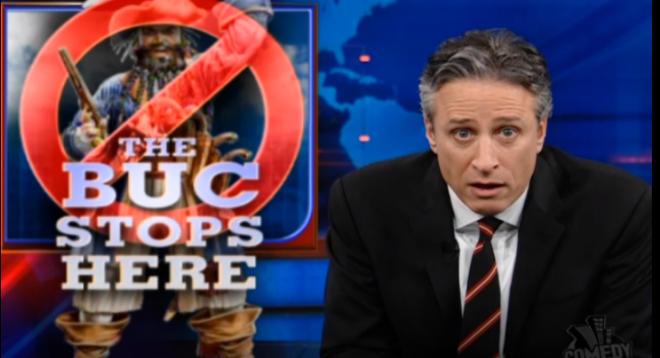 photo of Tom Leveen used by permission © John Groseclose www.photographybanned.comThanks for reading!Heidi
photo of Tom Leveen used by permission © John Groseclose www.photographybanned.comThanks for reading!Heidi
Sample Chapter - Ruby and the Unicorn ch. 12
Ruby could see why they called it a Fairy Ring. The moonlight within the ring flickered and shimmered like glitter in one of her grandma’s snow-globes. Mysterious and magical, it drew her in.
It's been awhile since I've posted any progress on my book, and with going back to school, it's been a bit on the backburner (again), but with some recent encouragement from writing friends, and a Unicorn-loving little girl, I think it's time to revisit Ruby.
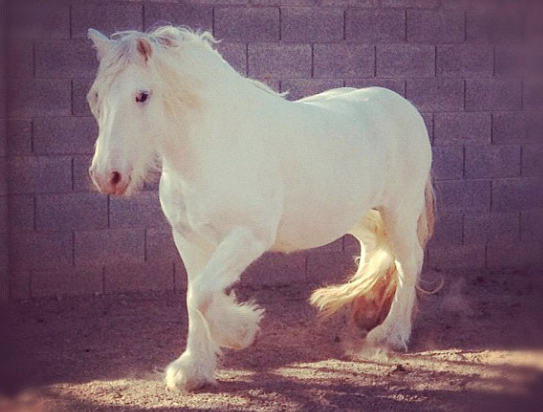
Chroicoragh, the Unicorn in my backyard, inspired me to write this book. Ruby is a 13-year-old girl, growing up in the middle-of-nowhere, Middle America. She might seem familiar to you. Here's my "elevator pitch":
Her parents are breaking up. The hunky farm boy down the road doesn't notice her. She's having strange dreams of hummingbirds, and all she can think about is getting a horse. But when she discovers a Unicorn in her neighbor's barn, Ruby Fortuna goes on the adventure of a lifetime.
An elevator pitch is something you could use if you ever are stuck in an elevator with, say, Faye Bender or Jennifer Laughran, or George Lucas, and they just happen to say: "Oh, you wrote a book? What's it about?" Then you give them your pitch, and by the time you are stepping off the elevator, they're shaking your hand and going, "Have your people call my people." Then 12 months later you are at the book release/movie premiere/Newbery Awards, saying, "Thank you, thank you, it all started with a serendipitous elevator ride..."But first, one must finish the book. :) Working on it! Until then, a teaser:
RUBY AND THE UNICORN
Chapter 12
Dodder’s Field sat on a low hill above the river. The small cemetery dated back to the days of the town’s founding fathers, and some of the limestone grave markers dated over 150 years old. Elm and walnut trees stood guard over peaceful grounds, seldom visited, but well-kept. Graceful stems embraced granite monuments of residents past.Moonlight shone down through the trees, giving the place an eerie otherworldly glister. Bad enough being in a cemetery at all hours of the night, but the strange glow trickling through branches and and reflecting off headstones made it seem they had stepped into another time. Though the air felt balmy, Ruby shivered as they entered the hallowed grounds. David looked around, scanning the shadows. Chroicoragh went forward, and sidestepped walking over a grave, out of respect for the mortal remains within.Ruby, taking note of the plots, looked down and realized her boots and legs were not getting wet anymore from rain soaked grass.“Hey, look. It’s dry here,” she said, and startled herself by how loud her voice sounded in the stillness of the graveyard.David paused to glance around him.“Huh, you’re right. Must not’ve rained here. That’s weird.” He was careful to use a more subdued voice.“Really weird,” stated Ruby, “especially seeing as how big that storm was.”“So,” David began, “this all started with a hummingbird?”“I think so,” Ruby replied.The two had been discussing the day’s events, and David was still trying to put the pieces together. Ruby had told him about her dream and then seeing the hummingbird when she woke up, and then later, in Molly’s barn, with Chroicoragh. And she told him all about the storm, and the lightning, and discovering the Unicorn.When David had asked her why she’d been out at Molly’s in the storm, she told him about her parents’ fight, and that creep, Mr. Miller, and of the ruined photograph. She didn’t say anything about seeing Bobby and Missy and the other kids in the car. She’d been embarrassed and humiliated, and besides which, she didn’t want her best friend David to know she had a crush on Bobby, his bossy big brother. It would’ve been too weird.“Well, I wonder what the bird has to do with any of it,” David pondered.“I don’t know,” said Ruby, “I never really thought about it. I just thought it was strange to see a hummingbird. Have you ever seen one around here? My grandparents had some around their ranch out west, but I’ve never never seen one here.”“Nope, me neither. Why don’t you ask her?” David said, thumbing in Chroicoragh’s direction.Ruby perked. The thought hadn’t occurred to her, and she’d almost forgotten about her ability to communicate with the Unicorn, since the creature hadn’t spoken to her since they’d left David’s house. Chroicoragh seemed to be aware of Ruby’s thoughts, because the girl then heard the soft lilting voice in her head:Child, sometimes ‘tis better to listen than to speak.“What do you mean?” Asked Ruby.The boy has a good heart, he will suit us well on our path. As we walked, I did not interrupt your tale so that I may better attend to the essence of your companion. “Where your mouth may make you blind, your ears may make you see” she quoted. “What’s that from? It sounds familiar,” Ruby asked.‘Tis wisdom of the Ancients, replied Chroicoragh, passing a large lichen-covered mausoleum.“Where your mouth may make you blind, your ears may make you see?”“What?” Said David.Ruby repeated the phrase, and pushed a fern out of her way.“What does that mean?” He asked.It is a lesson. Remember it well, the mare cautioned.“I’m not sure,” started Ruby, “but I think it’s the same thing my dad says to me sometimes when I’m arguing with him. Only he says it ‘Sit down and shut up.’”Yes. One cannot hear what he speaks over. “Anyway, Chroicoragh, do you know anything about the hummingbird?”Dappled moon-shadows darted grey and white on the soft grass as they walked, and shafts of shimmery light stood like columns in a cathedral.Humming bird? The mare questioned. What is a ‘humming-bird’?“The little bird that was flying around your head today, in Molly’s barn.”I saw only the sprite, Chroicoragh answered.“Sprite?” Said Ruby.“Sprite?” echoed David, “you mean like 7-Up? Ouch!” he said. He had run into a blackberry bush, and its thorny brambles stuck to his shirt.“No, ssh,” said Ruby to David, “I’m trying to hear her.”“What Sprite? Like a fairy?” Asked Ruby.“Oh, yeah,” said David to himself, “shoulda known that. Duh.”One of the fair folk, yes, Child. Siofran, Lord Chamberlain of the High Court. A wood-sprite; an honorable breed.“Oh. Sounds important.”Yes. Very important, Chroicoragh replied, but said no more.Ruby noticed they had almost reached the far edge of the cemetery. She turned to David.“Where did you see it? The fairy ring.”He got his bearings.“Well, there’s the Pierces’ plot, over here, and the Ayers monument is that way...where’s the tree with the ‘No Hunting’ sign? It marks the back of Schultz’s property. That’s where the fence is down and you can cut through.”“How’d you find this place anyway?” Ruby asked him.“Debbie showed me.”“Debbie Twist?” Ruby said, in disgust.“Yeah. Old Schultz is their grandpa. What?” He asked, noticing the look on Ruby’s face.“Ew. I don’t see why you guys are always hanging around those Twists. I can’t stand them. They’re so phony,” Ruby tilted her chin up in defense.“Oh, come on, Debbie and Missy aren’t that bad. Besides, our parents have been friends forever. We’re just used to seeing them, that’s all. Oh, there it is,” he said, heading for a large elm, an old metal sign nailed to it side, and rusty barbed wire enveloped in its skin. The fence had deteriorated enough to let the three of them pass through, single file. First David, then Ruby, and Chroicoragh following behind.As Ruby stepped from the sanctuary of the graveyard to the woods beyond, she thought she heard light notes of laughter, like a giggle.She trailed after David as he wound his way through the overgrowth, backtracking and correcting his path along the way, studying the trees around him, trying to find a particular spot.We are near, Ruby heard Chroicoragh’s voice, but there are others.“Others?” Ruby stopped, and reached out to grab David’s shirt, “wait up.”He stopped, and the tinkle of laughter floated to them again.“Wait a minute,” David said, “that’s where it is. But who’s over there? Did you hear that?” He asked Ruby.She nodded, holding her finger to her lips in a “ssh” motion. Then she waved her hand, pushing toward the ground, signaling to go slow. She wanted to find out whoever was in the woods before letting her own presence be known, and especially didn’t want any strangers seeing two kids out by the cemetery at night with a Unicorn. Try explaining that, she thought.With that thought in Ruby’s mind, Chroicoragh understood, and hung back just enough to be able to see the children, without being seen herself.David inched forward, crouching low behind ferns, and a fallen tree. Ruby crept up beside him, and peered into the grove.A circle of oak trees formed the border of a clearing, carpeted with thick moss. In the moss dotted with acorns, another perfect circle formed, a ring made of hundreds of mushrooms, some tall, some short, broad and button-like. Ruby could see why they called it a Fairy Ring. The moonlight within the ring flickered and shimmered like glitter in one of her grandma’s snow-globes. Mysterious and magical, it drew her in.The sound of voices reminded her to remain cautious, and she pulled her focus away from the ring. Across the clearing on the opposite edge near the trees, lay a young couple canoodling on an old blanket. The boy wore cut off shorts, and tube socks. He kissed the girl, oblivious to anything else, and his hand groped beneath her blouse. Suddenly Ruby’s face felt warm. She avoided looking over at David, afraid he would notice her spying, even though she knew he saw the same thing.The girl arched her back, and spoke softly. A ray of light illuminated the view, and Ruby’s heart caught in her throat.Missy Twist....and Bobby.
END OF CHAPTER 12
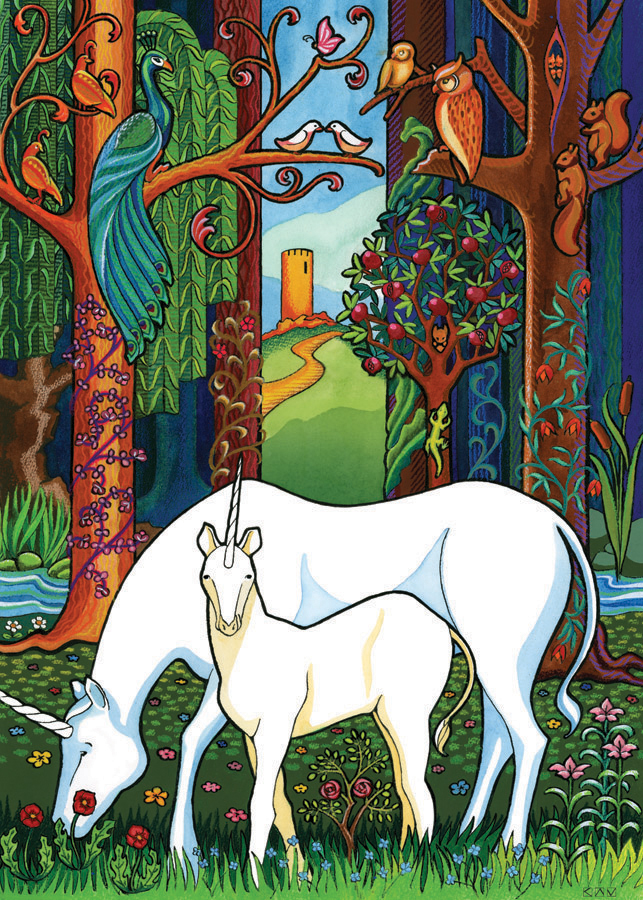 I'm kind of scared to be putting this out there, so be gentle with me. Let me know what you think in the comments.Would YOU keep reading?
I'm kind of scared to be putting this out there, so be gentle with me. Let me know what you think in the comments.Would YOU keep reading?
Free Publicity? No Way! (Ok, but you have to buy me shoes)
Do you have a guest post for Mommy? Do you want your farm or book (or other) to be featured on my site? Now's your chance! This can all be yours for the low low price of a pair of Oscar de La Renta shoes!
If you have a blog, website, are a newly published author or some other type of quasi-professional needing free publicity, and would like your farm or book or thing featured, please send your website and email address to: wcgypsy(at)me.com or use contact form below. You will be contacted when space becomes available. I am also interested in emerging artists, and would be happy to consider adding a "gallery" category to the blog.If you have a strong dislike for swearing and brutal honesty, you probably won't like my site.Writers: If you have an idea for a guest post, please send me a brief pitch and a link to your blog so I can see what your writing is like. With your post, you will get a link back to your site, social media promotion for the week it is posted and I expect the same from you. We help each other out. wcgypsy(at)me.com Make sure your idea fits in my blog somehow. No religion-themed writing accepted.Only those with a website or blog will be considered. (If all you have is a Facebook fan page, step up your game and get serious. Facebook is essential for social media, but it does not substitute for your own website. There are tons of free hosting platforms. I recommend Wordpress.com or Tumblr. My site is run on a self-hosted Wordpress.org platform which I don't recommend unless you: 1. really know your computer shit, in which case you already know about wordpress.org; or, 2. you are completely crazy, like me.) (Update: I no longer use wordpress.org for this site, but wordpress.com. I use Squarespace for my art portfolio site.)I do not do paid promotions, I recommend things that I personally like and do not hire out my opinion. Anything and everything on my site that links to another site is either because it is information that I myself find useful; or I am giving credit to a source; or I know the author or business owner PERSONALLY and by talking about their craft, service or linking to their business, I am giving them my personal support.If you like what you read or would like to thank me for linking to you or talking about you, Please reciprocate by sending people to my site.Here is a link: http://westceltgypsy.com(To share a link, right-click on the link, choose "copy" from the drop-down menu, open up a new email message, and in the body of the message, right-click again, choose "paste" from the drop-down menu, and a copy of the link should appear. Then put "Check out this awesome website!" in the subject line, and mail it to as many people as you know. You can also paste the link into your facebook status or tweet about it or PIN ALL THE THINGS!)Also, I wear size 7 ½ shoes.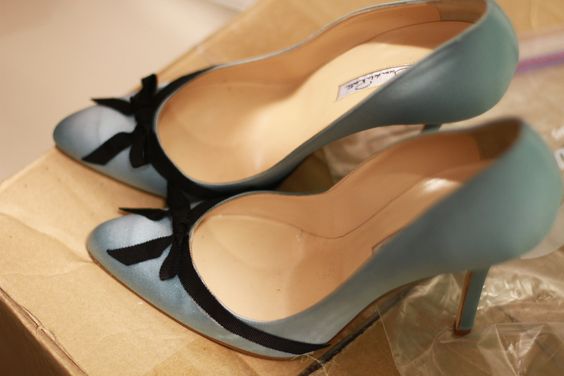
[contact-form subject="I want free publicity, and BTW, your blog rocks." to="wcgypsy@me.com"] [contact-field label="Name" type="name" required="true" /] [contact-field label="Email (will remain private)" type="email" required="true" /] [contact-field label="Website" type="url" /] [contact-field label="Comment" type="textarea" required="true" /] [/contact-form]
Bear with me
like your lives are so empty and meaningless without my mindless blathering...
So...thank you to my readers. It's been almost two months since my last post, and I can see by my stats that I still have readers, so, really - Thank You.
I have been working on my latest post for a while - it's a tough one, and not quite ready. But I felt I should at least check in with you and give you something. I don't know why...like your lives are so empty and meaningless with out my mindless blathering...
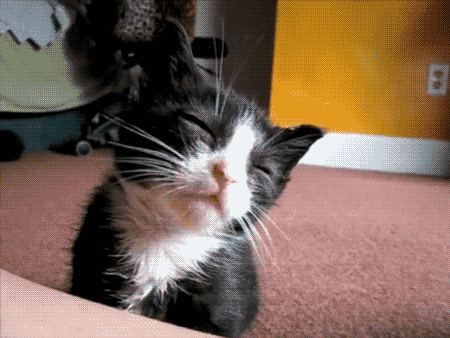
The past month has been filled with life-altering change. One I'll address later but the other (and both changes happened within a 24-hour period of each other) is that I am now a full-time college student. I'll be talking a lot about that, but in the meantime, until the new post is ready I thought I'd give you a few things to read.For my bookish readers, I must recommend two sites by my very dear friends and critique partners. (If you don't know what a critique partner is: they are the very special people who you somehow trust enough to read your precious, precious manuscript-in-progress and love it when they point out to you the crappy parts that need fixing.)PBookCrazy.com - Crazy about Picture Books
My friend Dawn is a picture book NUT, and will soon have her own manuscript gracing many an elementary students' shelves. Her writing is so full of energy, character, and heart that kids will love it as much as Mo Willems or even Dr. Seuss. This is her ode to her chosen medium.RMcCormackWrites.blogspot.com - Rhonda McCormack's author site You first met my friend Rhonda in my interview here. She is really getting some steam underway with the release of her YA mystery, Wildflowers. If you haven't stopped by her site yet, now's a good time, because she's having a giveaway! Check it out.And if you're new to my site, I thought I'd pull a few favorites from the archives:Focus, in which I discuss the useless information that may one day come in handy if you're ever on Jeopardy.
You first met my friend Rhonda in my interview here. She is really getting some steam underway with the release of her YA mystery, Wildflowers. If you haven't stopped by her site yet, now's a good time, because she's having a giveaway! Check it out.And if you're new to my site, I thought I'd pull a few favorites from the archives:Focus, in which I discuss the useless information that may one day come in handy if you're ever on Jeopardy.
Colicky Babies and Rookie Mistakes, in which I discuss horse colic, and show an embarrassing photo of myself, circa 1982.
What's in a Name? Part I, in which I correlate Brock Lesnar, Maddox Jolie-Pitt, the storybook Heidi, and a vintage perfume commercial.No, really. So, enjoy reading, and bear with me. I'll have something new soon.Thanks for stopping by.Heidi
So, enjoy reading, and bear with me. I'll have something new soon.Thanks for stopping by.Heidi
Why Do You Write?
I have been working on my book for FOUR YEARS. Four years. God, I hate to say it.
One of the first pieces of advice I received as a writer was, "don't tell anyone you're a writer," this person said, "unless you actually get paid for it."I thought this was a great idea, because as soon as you tell someone you're a writer, they start asking questions.
Wow. A writer? Really?
Well what kind of stuff do you write?
You've piqued their interest. They want to know more. You answer:
I have a blog and I write about my horses, my family, and writing. And I have a few articles published online.Oh.
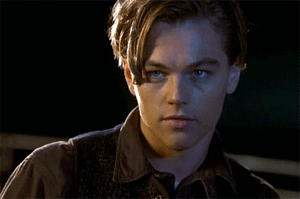 You realize they are unimpressed - you pull out the big guns. You confess:
You realize they are unimpressed - you pull out the big guns. You confess:
And...I'm working on a book.
Oh yeah, what's it about?
You tell them that it's a middle-grade fantasy adventure, set partly in this world and partly in a magical world.Their faces belie the thought going through their head: a children's book? So you decide, well, you've already lost them, why not keep going? You throw in:Oh, yeah, there's a Unicorn it it, too. And fairies.
So you decide, well, you've already lost them, why not keep going? You throw in:Oh, yeah, there's a Unicorn it it, too. And fairies. Then they give you that face, without even thinking of it. That Oh-my-god-did-she-just-say-she's writing-a-book-about-Unicorns?That face.The kind of face I have when my uncle talks about aliens.
Then they give you that face, without even thinking of it. That Oh-my-god-did-she-just-say-she's writing-a-book-about-Unicorns?That face.The kind of face I have when my uncle talks about aliens.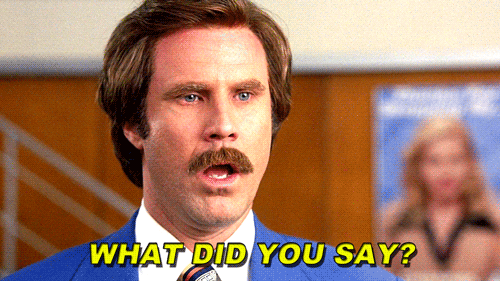 You've lost them, and now they are trying to think of ways to get out of the conversation. They nod, smile, wish you good luck, and they're on their way.Basically people aren't impressed with the fact that you write unless you make a living as a writer.Problem is, it's kind of a hard thing to get into. The ultimate Catch 22: You can't make a living as a writer without first writing for free (i.e., working on a manuscript before you can sell it), but while you are writing for free, you aren't really considered a "writer."It takes a lot of time and a lot of work, and if you aren't currently being paid for it, that means you are unemployed. OR, if you are employed, you are probably doing something like stocking magazines, or working in a laundry or waiting tables, or whatever, then coming home and taking care of your family, cooking dinner, doing laundry, driving kids to soccer practice, all the while daydreaming about what your characters are doing in that scene that you might be able to get to if you wake up an hour early tomorrow morning.
You've lost them, and now they are trying to think of ways to get out of the conversation. They nod, smile, wish you good luck, and they're on their way.Basically people aren't impressed with the fact that you write unless you make a living as a writer.Problem is, it's kind of a hard thing to get into. The ultimate Catch 22: You can't make a living as a writer without first writing for free (i.e., working on a manuscript before you can sell it), but while you are writing for free, you aren't really considered a "writer."It takes a lot of time and a lot of work, and if you aren't currently being paid for it, that means you are unemployed. OR, if you are employed, you are probably doing something like stocking magazines, or working in a laundry or waiting tables, or whatever, then coming home and taking care of your family, cooking dinner, doing laundry, driving kids to soccer practice, all the while daydreaming about what your characters are doing in that scene that you might be able to get to if you wake up an hour early tomorrow morning. But if you are lucky enough to quit your day job for a couple of months, others in your life will assume you have all this time on your hands because:
But if you are lucky enough to quit your day job for a couple of months, others in your life will assume you have all this time on your hands because:
You Don't Do Anything All Day.
And then, because you "don't work," you will get all of the extra side-chores to do, like getting that thingamabob fixed and calling the plumber and oh, yeah, can you (Fill in the Blank) for me??And then when you're not there they say to each other:
She calls herself a writer. She hasn't written anything!What she really needs to do is go get her hair done.Yeah, or update her wardrobe.Is she gaining weight?Are people even buying books anymore?
Or some such drivel. (It's not that you're paranoid, it's just you've heard them talk before. Or maybe you are paranoid. Either way.) Either way, I really didn't talk much about my writing, and then when I did, I let others make me feel ashamed for doing something so impractical.That was my mistake. Then for whatever reason, I just started owning it. I'm a writer. I write things. I hope to one day get paid for it, but for now I consider this as me building my resume.
Either way, I really didn't talk much about my writing, and then when I did, I let others make me feel ashamed for doing something so impractical.That was my mistake. Then for whatever reason, I just started owning it. I'm a writer. I write things. I hope to one day get paid for it, but for now I consider this as me building my resume.
And, yes, here's the horrible, shameful, awful truth:I have been working on my book for FOUR YEARS. Four years. God, I hate to say it. I'm truly embarrassed to admit it. I'm even thinking twice about revealing the truth as I type this. But I'm trying this new thing where I'm just open and honest. It's hard, because I'm so afraid of being judged--but I'm also sick of trying to make everyone on the planet happy except me.And, I like it when people are open and honest, even when it's horribly embarrassing. I LOVE this scene from Love Actually, and wish more people would be this candid:http://youtu.be/yVcieIZb3_UEverything else in my life, I have quit before I accomplished what I'd wanted to. And every time I think it would be easier if I just left this book in a drawer, I can't. I can't quit. I don't care if I don't finish it until I'm 85, I will keep writing this story until it's done. I don't even care if it's a piece of crap. Then I will just start revising.Do I think I'm writing the great American teen novel, and that I will have Rowlings-esque leagues of fans clamoring for autographs?No, But I do know that I'm following the 2nd piece of writing advice I ever got:
Write the book you wish existed.
I mean, somewhere along the line, someone had to tell Stephanie Meyers she was crazy for writing about young vampires in love.I would have read this book (my book, I mean) when I was in this place. The place between being a kid and being a teen. Ready for listening in on adult conversations, for making your own decisions, and ready for that first kiss. For adventure.But I like my magic a little more like the Renaissance Fair than Tales From the Crypt. I was scared to shit of Dracula when I was a kid. There's no way I would have read a book about vampires.
And I know there are tons of other readers out there who prefer their magic on the "happy" side. (Ever heard of Bronies??)And dude, seriously, when was the last time you heard someone say:
"I HATE UNICORNS!"You haven't, becauseEVERYONE LOVES UNICORNS.
http://giphy.com/embed/VRcgZakrc21ji?html5=trueWhen I finish my book I'll send NPH a signed copy. Hopefully he'll still be alive by then. Meanwhile, I will be working on my book (and going back to school, but more on that later).
Meanwhile, I will be working on my book (and going back to school, but more on that later). Some thoughts that keep me positive and motivated:
Some thoughts that keep me positive and motivated:
- It took JK Rowling 7 years to write Harry Potter.
- It took JRR Tolkien 12 years to write The Lord of the Rings.
- It took Jane Austen 16 years to write Pride and Prejudice.
Not that I'm comparing myself or my story to these fine people and their timeless books!It just makes me feel a little better.But that doesn't answer the question - why do I write?I can't help it. I get so many ideas in my head that if I didn't get them out, I think it would explode. That and the fact that I think everyone needs to hear what I have to say because I'm so farging brilliant. So here I am, slaving away, creating the miracle of literature, bestowing upon you the gift that is my genius.You're welcome. ---More Unicorn love HERE.So why is my book still unfinished? I went back to college.
---More Unicorn love HERE.So why is my book still unfinished? I went back to college.
Meet the Writer - Rhonda McCormack
an interview on the craft of writing and the changing landscape of publishing with debut YA author Rhonda McCormack
An author interview on the craft of writing, and on the changing landscape of publishing.
Featured Writer: Rhonda McCormack
Book: Wildflowers, Ecotopian mystery YA (more info below)
Buy it:
Intro, from Heidi:
I am very happy and proud to introduce you to my dear friend, Rhonda. The moment I met her, it was like flashing back to seventh grade, where you end up sitting next to someone at lunch just because they smiled at you and seemed nice and not bitchy (like those other girls) and you just become instant friends right then and there. Except it wasn't seventh grade, it was my very first grown-up writing event, our regional SCBWI conference. But still, I have the feeling that had she been eating PB &J for lunch, she'd have been happy to split it with me. Since then, Rhonda has been one of my most trusted critique partners, and just one of the many friends I've made through SCBWI. I'm planning an upcoming post extolling the virtues of attending a conference for newbies, but for now you can read this from last year.Rhonda's stories are varied but they all have that magical quality that every author strives for: a main character to whom everyone can relate. She speaks to the misunderstood, the ones trying to make a difference, and the ones hoping that someone will notice (or not!). She has one of the most dedicated work ethics I know, cranking out page after page, revising and editing to perfection. And usually, she's working on a few projects all at once and - oh, in her spare time (ha ha) she is an accomplished painter.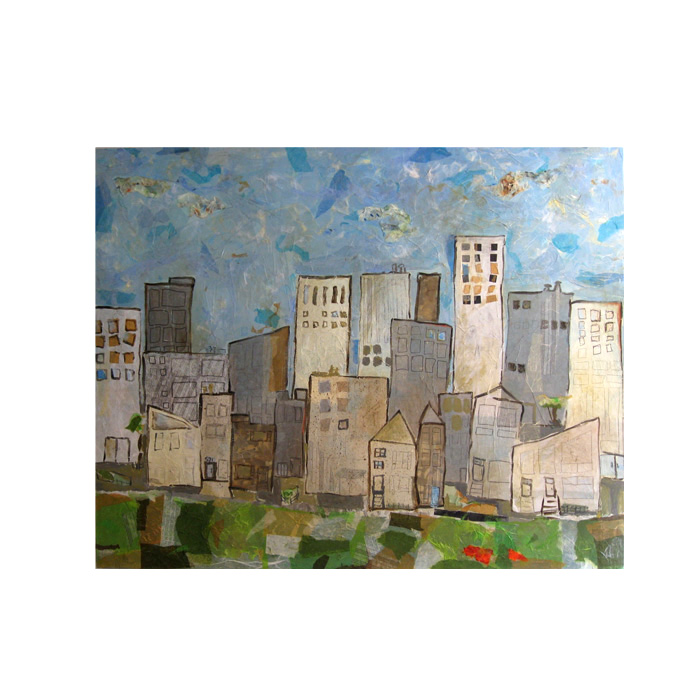 So to say Rhonda is a good influence on me is an understatement. She's the one who always pushes me to want to do better, a creative yin to my yang—or is it yang to my yin? At any rate, when you are a creative person, you soon realize that there are people in your life who are either vampires, those who suck out all of your creative energy and throw all sorts of negativity at you and make you feel bad; and then there are the sages and muses, those friends who inspire, support and help nurture the seeds of your creativity, and celebrate with you when it comes into bloom. I've gotten to that point in my life where I shut down the vampires and open up to the sages.The latest inspiring thing that Rhonda has done is to jump head-first into the world of self-publishing. Now, hang, on a minute, don't judge. Self-pubbing isn't what it used to be. In fact, just 4 short years ago when I first started this writing journey, the only people who self published were (for the most part) amateur writers looking to get their life story in print to hand down to their grandchildren. You would also see a lot of erotica and science fiction. And the problem with these types of books wasn't that the stories themselves were bad, but that they lacked the professionalism, the polish of a literary powerhouse team that you get when you have an agent, an editor, book designer and art director all working together to make the writer's piece really stand out, and be the best it can be. Not to mention the dollars behind a traditional publishing house that would go into marketing the book once finished.A lot of self-pubbed titles end up only being edited by the writer themselves, which we all know can be a HUGE mistake. The covers are done quickly with desktop software, and the end product ends up a bit...meh. Don't ever believe the line "You can't judge a book by its cover," because that is exactly the first thing that every reader does. But as Rhonda describes below, the self-pubbers of today would be nowhere without the writers before us paving the way.
So to say Rhonda is a good influence on me is an understatement. She's the one who always pushes me to want to do better, a creative yin to my yang—or is it yang to my yin? At any rate, when you are a creative person, you soon realize that there are people in your life who are either vampires, those who suck out all of your creative energy and throw all sorts of negativity at you and make you feel bad; and then there are the sages and muses, those friends who inspire, support and help nurture the seeds of your creativity, and celebrate with you when it comes into bloom. I've gotten to that point in my life where I shut down the vampires and open up to the sages.The latest inspiring thing that Rhonda has done is to jump head-first into the world of self-publishing. Now, hang, on a minute, don't judge. Self-pubbing isn't what it used to be. In fact, just 4 short years ago when I first started this writing journey, the only people who self published were (for the most part) amateur writers looking to get their life story in print to hand down to their grandchildren. You would also see a lot of erotica and science fiction. And the problem with these types of books wasn't that the stories themselves were bad, but that they lacked the professionalism, the polish of a literary powerhouse team that you get when you have an agent, an editor, book designer and art director all working together to make the writer's piece really stand out, and be the best it can be. Not to mention the dollars behind a traditional publishing house that would go into marketing the book once finished.A lot of self-pubbed titles end up only being edited by the writer themselves, which we all know can be a HUGE mistake. The covers are done quickly with desktop software, and the end product ends up a bit...meh. Don't ever believe the line "You can't judge a book by its cover," because that is exactly the first thing that every reader does. But as Rhonda describes below, the self-pubbers of today would be nowhere without the writers before us paving the way.
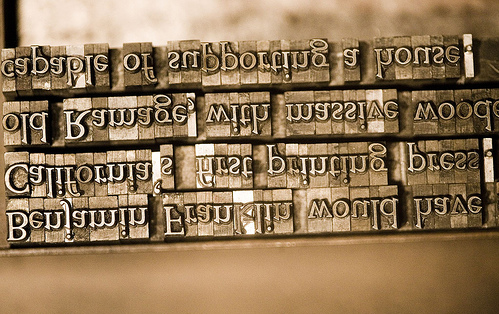
The landscape of publishing is changing, and fast. Now, done right, self-publishing can be the impetus to a successful writing career. Take my friend Anne Tibbets for example. She started out with a short fantasy novella, pumped it up on Smashwords, Goodreads, dozens of book blogs, and got some recognition for herself. When she was ready to send out her next book, she already had readers waiting for it, continued her forward momentum of readership and good reviews, and when she was ready to send out her next project, it got signed with an agent. It's all in how you present yourself, and it's a LOT about self-marketing. Even if you get signed with a traditional publisher, you will be expected to do your own share of marketing. And hopefully you will have an awesome friend like me who will feature you on their blog :DI am more than happy to be a cog in the marketing machine for Rhonda's debut YA novel, Wildflowers, especially having had a front-seat-view to its evolution. Wildflowers is the first of three books (unrelated) that Rhonda will be releasing under her publishing house, Row Press. She is currently working on her fourth book, a contemporary dystopian fantasy.
On craft:
-
How old were you when you started writing?
I was three when I started writing…in my head. I made up elaborate stories that I play-acted out with blocks and dolls and imaginary friends. Around age four I began to come up with tangible products. I started with greeting cards. They said things like: Get Well Soon. And, You Are Neat. Then, I wrote and illustratedThe Lonely Chrismas Tree, which was my first Indie published piece.
-
Where do you write?
Everywhere. In notebooks and journals and on a computer. On scraps of paper and in margins of books (ones I own, of course). But mostly, I write from the inside. Whole stories unfold in this crazy collaboration between my head and my heart. And when it comes time to get large chunks of a novel down, I take those words I've written "inside" and put pen to paper or fingers to keyboard to move ideas around.
-
When do you write?
I left teaching to write full time and putting together a writing schedule has been an interesting evolution. I've learned that, hands down, early morning is my favorite time to write. If I'm really engrossed or challenged, I'll stay hunched over a keyboard or notebook all day. This tends to lead to a stiff body (and hence a stiff mind), so I make myself knock off early. In the fall, I've noticed that I don't mind starting in the late afternoon, as the day cools and the light changes. Only with recent projects have I written into the evening hours. I'm not a night owl, and I'm always impressed when I hear about writers who write after a long day of doing other things.I think the Where and When Do You Write questions are important, and each writer must commit to understanding their creative voice's preferences. In knowing when and where our creative tap turns with ease and the words flow in steady rhythm, we make room for our art…and it responds in kind, making room for us. There will be messy moments, where creative flow can be untimely, arrive unannounced, and require the entire world to stop in order for us to find a spot a get the words out. If we honor all those moments the best we can and write where and when it feels good, our creative voice does seem to cooperate more on cue.
-
What helps you write—music, pictures, maps, journals, etc.—what gets you into that mindset?
Music and art definitely inspire me, and I find lots of interesting ideas come up when I'm traveling. I dream many of my stories, or parts of them. I also rely deeply on personal experience. I was lucky enough to grow up in a time when kids had more freedom to roam, and my childhood moments include both wonderfully awful and awfully wonderful people, places, and things. When it comes time to sit down and really do the work, though, I just need a clean work space, my imagination, and quiet.
-
What are some things that stand in your way? logistically as well as creatively?
For me, time and creativity seem to always be at odds with one another. I just read Full Catastrophe Living by Jon Kabat-Zinn and am slowly learning that time is not my issue. It's the awareness that I bring to a project that makes the clock disappear. Also, I tend to want to follow the rules, and for an artisan this can create some intense inner conflict. Truly, the answer to this question is that I stand in my own way, both logistically and creatively. Thanks for asking the question and making me nail down an answer. I may have just had an Ah-ha moment.
-
What do you do when you "hit a wall?"
Creatively, I rarely hit a wall. It's the physical stuff—like hunger, needing rest or exercise, or feeling unwell—that brings me to a halt. And being in the midst of a project I love can disconnect me from my physical needs. When this happens, my reaction is to the work itself. Meaning, I blame the work when I feel stuck or misguided, and I may even begin to loathe what I'm writing or painting. When I get to this place, I know it's my inner-critic playing this weird game of criticizing my ideas in order to protect the physical me. We're always told to dismiss, ignore, and shun the inner critic, when really it can send us important messages. And if I get the message that I've hit the wall, I know I need to move. I mean this literally and figuratively. Getting away from the project, taking a walk and changing the scenery can make a big difference. But sometimes I need to move to a new state-of-mind, or move my emotions with some journaling, or move my attention to other needs.
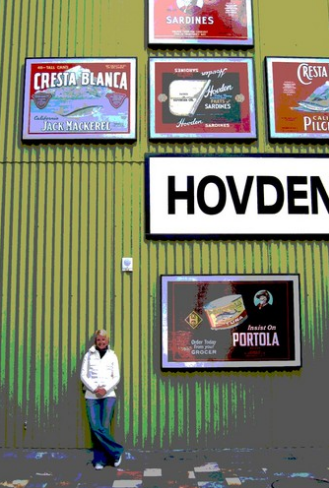
-
Do you use an outline—do you know exactly how the arc will play out—or do you just let the story develop as you write? If so, how do you outline? (notecards, etc.)
Outlining? What's that? I kid, of course. I know what outlining is, I just don't do it in a traditional way. As I've mentioned, I write in my head and have a strong ability to hold onto an entire storyline before anything gets written down. But the written bits eventually end up in a pile, and like a puzzle, I begin to lay out and fit together the pieces of paper that have the ideas on them. Spread out on the desk, I move the written parts down and begin to type up a somewhat structured piece. Some people use a big bulletin board with index cards (old school is cool) or a software program like Scrivener, which I hear is pretty cool (too).Here's the funny thing about that structured-piece-serving-as-outline: For me, it almost becomes irrelevant as I write because in their natural setting the characters take over the plot. The characters' stories just unwind themselves onto the page. Still, there comes a time with almost every novel when I print out the entire work and physically cut it to pieces, and again, reassemble it like a puzzle. I'm very tactile and visual, and I can "see" the story better this way. I can feel the pacing, recognize the missteps and holes, and because this process is done early in the revision stage, it becomes more of an outline than that original, non-traditional one. Big things happen at this point. And it gives me a powerful second wind.
-
How do you draft/revise? (i.e. do you just get it out in one big "dump," then revise, revise revise, or do you revise and edit as you go)
I'll admit that I've taught myself a big lesson in regards to how I draft the initial manuscript. I spent many years editing as I went along because…I'm a perfectionist. The thing is, Anne Lamott was right about the beauty in allowing the original draft to be The Shitty First Draft. Something happens in that SFD; all the tangents and bizarre ideas and general garbage are released and processed, but a momentum is also built, for the story, the characters, and amazing, random concepts can be revealed in that draft. This idea of "dumping" is behind Julia Cameron's prescription for morning pages in The Artist's Way and the Propreoceptive Writing Method (Writing the Mind Alive by Linda Trichter Metcalf and Tobin Simon), but it can be extended to the first draft. Without the SFD, which is essentially an information dump, editing had me caught in a cycle of distraction. I was bound and restricted to catching every mistake and nuance, and I constantly wanted to go back and rewrite. Or research. It would take months to get a few chapters tightened up. And to what end? Most of those beginning chapters would need revision once I could see the scope of the entire story, which could only happen with A FULL, FINISHED DRAFT. I (slowly) came to realize that my creative self is most happy when I make every minute valuable, and non-precision is the key…at least at first. There's plenty of time for perfection later in the process, but up front, I gotta write my SFD.
-
What are some tools that you use?
The Synonym Finder, Chicago Manual of Style, Woe Is I, Google, a dictionary, fresh air and space to think.
-
Do you use critique groups? How did you find them?
One-on-one or small group critique works best for me. I've got a handful of trusted (honest, thoughtful, knowledgeable) people I turn to, including a professional editor who came from traditional publishing. Critique groups can be found through local libraries, writing organizations, like SCBWI, and at conferences. Critique is important and can be fun, though it may take a few tries to find out what format works best for you. Ask around, sit in on meetings, and then go for it. Trading one chapter to start and building up until you and your partner(s) know you're a good fit. I'll mention that self-critique is valuable, too. Reading work out loud is one of the best ways to catch grammar AND content issues.
On your current project:
-
What was your inspiration for this book?
Wildflowers was inspired by a dream. In fact, I dreamt many parts of chapters 21 and 23. As more of the story revealed itself to me, I was inspired by those who survived and helped during and after Hurricane Katrina, by the environmental awareness movement, by the desert. Also, years ago, I had written a picture book that I thought would make an adventurous scene in a novel, and the brother and sister team in that story became a natural fit for the characters in the young adult novel. Grown-up, of course. From there, I was inspired by all the people (kids and adults) I've met who adapt and grow, and in spite of tough times or choices, find and live their truth.
-
Wildflowers is described as an "Ecotopian" mystery. Can you elaborate on that?
Dystopian is a popular genre these days, and it describes a fictional place where the population lives in fear and feels dehumanized, often by the rules of an larger authority, class, or government. Think Hunger Games. When I first began submitting Wildflowers, I knew labeling it dystopian wouldn't capture the hybrid elements of the book. It's a mix of the environmental disaster, futuristic, coming of age, and mystery genres. So I came up with the term "ecotopian". After adding the "mystery" tag, I received positive feedback about the label from editors and agents, who felt it was an accurate representation of the work. The Lawrence, Kansas Library recently put out a great flow chart to show the diversity in dystopian titles. Click the picture to see it:
-
What kind of research did you do for this book? And, were you surprised by something that you learned in your research?
I researched environmental disasters and technologies relating to earth, air, and water. I also researched horticulture, desert plants, maps of the West, dystopian and, what I call ecotopian novels. What surprised me was how I had to keep reminding myself that the book was fiction. At times, with the data I'd collected, it felt like I had to include every possibility of what could happen with natural disasters and climate change. In order to maintain the entertainment value of the story, it became more important to be mostly-accurate. I took inspiration from how the environment works. It's a big cycle, where one thing is connected to another in such a way that it becomes a whole. Interestingly, this same thing came up with the mystery elements and how they influenced character development. It shouldn't have, but it surprised me how much writing I had to do to have the characters evolve with the clues and discoveries. This was the only way to create one whole unit of story. In fiction, we ask the reader for space to suspend belief, but in exchange, we must deliver on our promise to describe a believable moment in time.
-
This is one of the most beautiful covers I've seen, especially for a self published title. Can you describe how it came to be?
Thank you! As an artist, I wanted to be involved with the entire creation of the book. I use collage in most of my large pieces, and I just had a gut feeling that that same technique would work for the cover. Once I put together the first sample to send to my graphic designer and critique partners, I knew it was "right". It took me a few hours to resource and create a design for the front, spine, and back. Using my own photographs of local desert wildflowers and piecing together many photos of family members to get the silhouettes at the right maturity level, I finally got a working copy. It took several weeks and lots of back and forth with the designer (thanks Firehed) to get the colors, textures, layout, and fonts correct. For my first go at it, I feel good about the results. To see how far it came, here's the initial sample created for the front:
On the business of publishing:
-
How has self-publishing shaped your career as a writer? OR What is your opinion of self-publishing?
It's an amazing time for publishing of all kinds, and I think there's room for everyone. For me, dedication to craft is the most important tool to take with you into the self-publishing world. The stigma attached to self-publishing has always been about one question: Is it well-crafted? In the beginning, when folks had a vision to see their words in print, but were turned down in the traditional publishing marketplace, few knew (or accepted) the value of critique, editing, formatting, or design. There was a level of professionalism missing from many of the self-published titles. But here's the thing, why squash creative expression? In fact, those not-so-professional books paved the way for more knowledge, better printing options, and on the backs of the early self-publishing pioneers, the self-publishing marketplace was carried and made into the Indie market of today. Independent or Indie publishing is when one or more author-publishers self-publish a title, and it's become like the Indie film community. It's become a place for unique voices, ideas, artistic expression, niche topics, and man, there's a lot of freedom out here. With that comes some responsibility, I think.
Indie authors need to look at their work like art and take time to polish all aspects of the work, learning from mistakes and honoring the time it takes to present a beautiful, fun, value-added product. The exciting thing is, we're seeing traditionally published authors creating projects just for this market, and we're seeing Indie authors who are willing to cross over and publish traditionally. It's a craft bonanza, and writers, illustrators, and even industry professionals are feeling empowered by the creative possibilities. It's likely we'll see many twists and turns in both marketplaces, but what we know for sure is that The Big Six are jumping in the game by putting their smaller acquisitions and out-of-print titles for sale in the eBook market, and there are many new, boutique publishing houses and agencies offering to support and work with Indie authors whose titles are print-on-demand (POD) and/or eBooks. I've also heard that there's a green movement to create less hard-cover and mass produced books in the future. Instead, most new releases would be POD. The draw is financial as well as environmental for the big, traditional houses. Whatever the case, it's a fascinating time to be a writer…and a reader.
-
What can you share with our readers about marketing?
Over and over again, I've heard the same thing about marketing, and now that I'm embarking on a marketing tour of my own, I believe it to be true. All that matters is word of mouth. Do anything and everything to generate talk about your book and you'll know you've done all you could.
-
Can you tell us the story behind your publishing name, Row Press?
Leaving the path toward traditional publishing happened quickly for me, but I still had mixed emotions about self-publishing and all things Indie. And it hadn't occurred to me that I may want to designate myself as an author-publisher, and not just an author. I learned about this from Kris Tualla's book Becoming an Authorpreneur, and for me, it was simply a way to honor the entire creative endeavor. When it came time to name my new, little press, I remembered a moment with a vintage friend in Seattle. We were out at a flea market and came upon this amazing vendor who sold parts and bits from bigger mechanisms and products. Watch faces, game pieces, and…type writer keys. When we found the keys labeled "Row" and "Storm", my friend scooped them up as inspirational reminders. "When things get stormy, just keep rowing," she said. A year or so later, when the waters in my life had gotten a bit rough, she sent me those keys to cheer me on. Since then, I've learned the importance of keeping my creative boat afloat.
-
What other social media tools have you used to help the reader experience Wildflowers?
Social media is a complex entity, and my advice for anyone is to use only those outlets that call to you creatively. I've picked Twitter, Pinterest, and iTunes to do some world building with Wildflowers. Twitter isn't about mass self-promotion, but it is a fun way to share information that speaks to my interests as an author and artist as well as supports the themes and topics in my books. As for Pinterest, I love it as a place to do some visual storytelling. I love what others do with their boards, and I find Pinterest to be artistic in a way that other sites haven't mastered. As an author, I can create a whole new view into my novels there. I also wanted to create a soundtrack for my books, so I turned to iTunes as the place to share the songs that inspire certain scenes or the feelings in a scene. I don't write with music playing, but it does provide inspiration when I'm brainstorming concepts. I guess my goal is to give the reader a complete experience. (links below)
About You:
-
What is a trick that you've learned along the way that has made the writing process easier?
No tricks. Just be dedicated to the craft and follow the unique spirit of your story.
-
What writers inspire you?
Marilynne Robinson with Housekeeping. Kathi Appelt with The Underneath. Lois Lowry with Anastasia Krupnik. Lane Smith with It's a Book. There's more…so many more.
-
We all know that learning from our mistakes is part of the process of becoming who we are. As a writer, what's one lesson you've learned that you would like to pass on to others?
Deserves repeating: Just be dedicated to the craft and follow the unique spirit of your story.
-
What's next for you?
I'm releasing Roll, a young adult novel (for any aged reader), in the first quarter of 2013, and I'm collaborating on a non-fiction wellness/inspirational title that will be traditionally published. It's due out in Fall 2013 or Winter 2014.And...
-
What's the funniest thing you've seen or heard online lately?
Voice mail accident hilarious: http://www.funnieststuff.net/viewmovie.php?id=2998
- Thanks, Rhonda! That really was funny!
Find Rhonda online:
- R McCormack Writes
- Small Yellow Songbird (a wellness blog)
- Twitter @rmackwrites
- Wildflowers playlist on iTunes
Wildflowers:
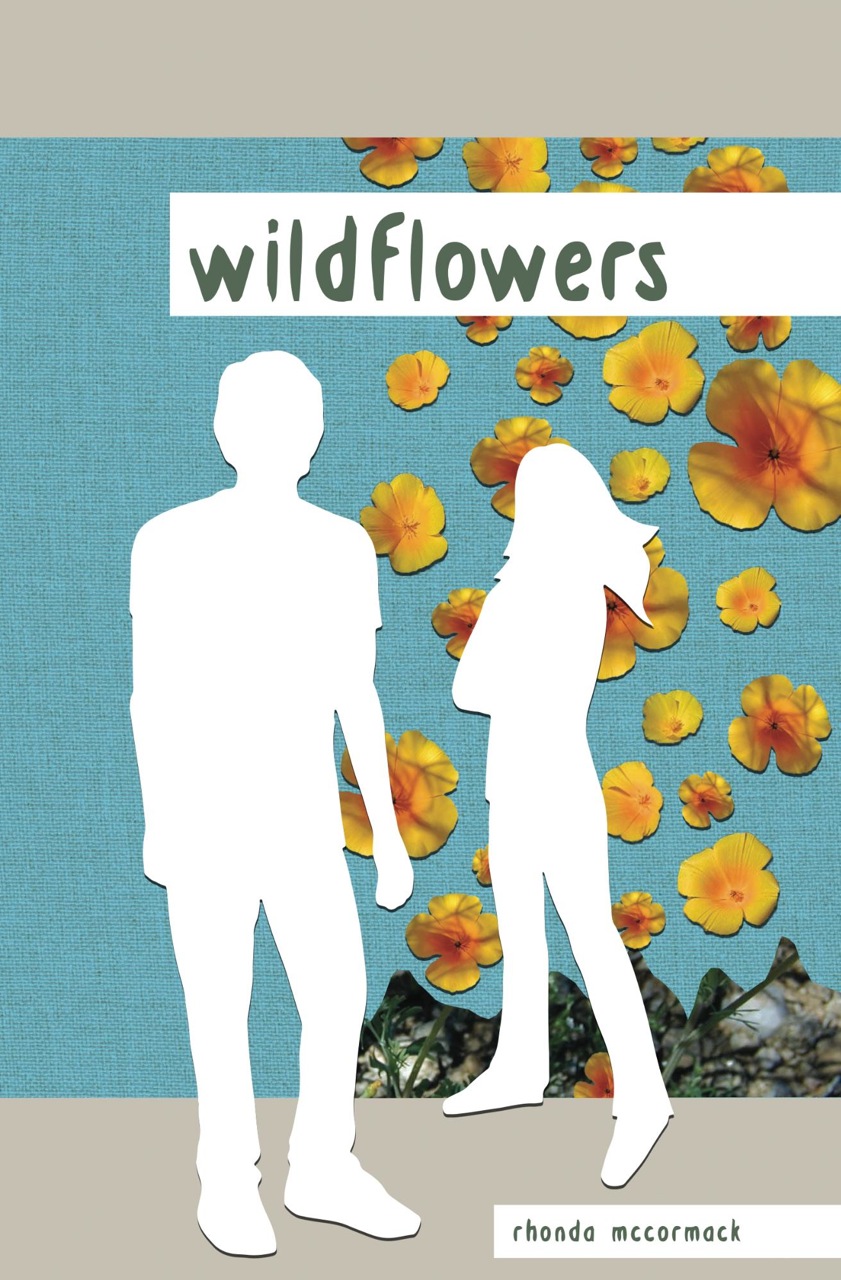 In the three years since Keifer and Abi Michaels were evacuated from their desert home, the world has been ever-changing, and they don’t agree on the details of the past. But when Keifer uncovers a confusing family secret, Abi is his only ally. Now, they must sneak into the Restricted Zone and navigate a maze of clues in order to unravel the truth. The journey will transform them…and the entire western landscape.Thanks for reading! Please feel free to comment below.
In the three years since Keifer and Abi Michaels were evacuated from their desert home, the world has been ever-changing, and they don’t agree on the details of the past. But when Keifer uncovers a confusing family secret, Abi is his only ally. Now, they must sneak into the Restricted Zone and navigate a maze of clues in order to unravel the truth. The journey will transform them…and the entire western landscape.Thanks for reading! Please feel free to comment below.
Make Good Art
Please watch Neil Himself, and Make Good Art. I hope this inspires you as much as it did me.http://vimeo.com/42372767?utm_source=Ypulse+Updates&utm_campaign=ba9e633306-YDU5_25_2012&utm_medium=email
Gypsy Stallion Showcase (and) Why Am I Selling My Horse?
When I make my millions, I'll need to invest in some top quality bloodstock. Let's go stallion shopping!
-- NEWS! I can now offer a FREE Breeding as part of Keira's sale! See her page for more info! --
 We are currently downsizing our herd—meaning, we are going from two horses to one :) Keira is for sale. I hope to find her a happy, loving, forever home, hopefully one with lots of little girls to pet her and brush her and put ribbons in her hair.
We are currently downsizing our herd—meaning, we are going from two horses to one :) Keira is for sale. I hope to find her a happy, loving, forever home, hopefully one with lots of little girls to pet her and brush her and put ribbons in her hair. The reasons we are down-sizing are many, but it has nothing to do with WANTING to sell Keira. I love her to pieces, and it will break my heart to see her go. But our horse journey has changed drastically in the past 7 years, since Chroicoragh first trotted into our lives. Back then, we had dreams of building a modest herd, taking them to all-breed shows; entering them in the Parada del Sol and other parades; training them to drive a cart; and eventually have our own breeding stallion and move to a 200-acre farm somewhere and happily live out our days breeding adorable Gypsy Horse babies.But then the economy took a dump, we came very close to losing our house, like many Americans, and to top it off, we ended up having a very long, expensive, and complicated battle with the school district in regards to my youngest son.
The reasons we are down-sizing are many, but it has nothing to do with WANTING to sell Keira. I love her to pieces, and it will break my heart to see her go. But our horse journey has changed drastically in the past 7 years, since Chroicoragh first trotted into our lives. Back then, we had dreams of building a modest herd, taking them to all-breed shows; entering them in the Parada del Sol and other parades; training them to drive a cart; and eventually have our own breeding stallion and move to a 200-acre farm somewhere and happily live out our days breeding adorable Gypsy Horse babies.But then the economy took a dump, we came very close to losing our house, like many Americans, and to top it off, we ended up having a very long, expensive, and complicated battle with the school district in regards to my youngest son. That fight, for the most part, is now done. I will not go into details here and now, but I may at a later date, and hopefully a much more public format. They say the pen is mightier than the sword...and I would LOVE to slay some public school dragons. Anywho...our lives, jobs, and family have gone in a different direction than when we started. And now with our oldest son in college (how is that friggin possible?? I'm not nearly old enough to have a kid in college!), our youngest finally in high school, and with my husband and I looking down the road to our not-too-distant future, some rearranging and simplifying is in order.And I wish I could say it had nothing to do with finances. We are trying our best to provide our kids with an education that they will not have to be paying for in the form of student loans for the next 30 years. Our oldest is pursuing a degree in International Business with a double minor in Spanish and German. His dream job is to work for Porsche, BMW, or some big fancy car company. (He loves horses, too, as long as they are under the hood!) He will be headed to Germany in the spring to fulfill his study abroad requirement for his degree, and hopes to land an internship at one of the car companies while he's there. (I know, he's crazy smart and motivated, neither of which he gets from me)Since I left my job, my current focus is to finish my book, and then find some sort of career that will help prepare us for our golden years. Now, ideally, this job will be promoting and selling my book and going on international book tours (there's a little Law of Attraction for you!). But it never hurts to have more than one feather in your cap, so I am preparing myself to either A.) Go back to school and get my degree, or B.) Pursue another career to be named at a later date.
That fight, for the most part, is now done. I will not go into details here and now, but I may at a later date, and hopefully a much more public format. They say the pen is mightier than the sword...and I would LOVE to slay some public school dragons. Anywho...our lives, jobs, and family have gone in a different direction than when we started. And now with our oldest son in college (how is that friggin possible?? I'm not nearly old enough to have a kid in college!), our youngest finally in high school, and with my husband and I looking down the road to our not-too-distant future, some rearranging and simplifying is in order.And I wish I could say it had nothing to do with finances. We are trying our best to provide our kids with an education that they will not have to be paying for in the form of student loans for the next 30 years. Our oldest is pursuing a degree in International Business with a double minor in Spanish and German. His dream job is to work for Porsche, BMW, or some big fancy car company. (He loves horses, too, as long as they are under the hood!) He will be headed to Germany in the spring to fulfill his study abroad requirement for his degree, and hopes to land an internship at one of the car companies while he's there. (I know, he's crazy smart and motivated, neither of which he gets from me)Since I left my job, my current focus is to finish my book, and then find some sort of career that will help prepare us for our golden years. Now, ideally, this job will be promoting and selling my book and going on international book tours (there's a little Law of Attraction for you!). But it never hurts to have more than one feather in your cap, so I am preparing myself to either A.) Go back to school and get my degree, or B.) Pursue another career to be named at a later date. If it's one thing I've learned, it's that after 16+ years of being a stay-at-home mom, then 3+ years of schlepping magazines, you are pretty much screwed when it comes to looking for a real job. I have no degree, no skills, no experience; I must be a flipping idiot. How do I even make it through the day?
If it's one thing I've learned, it's that after 16+ years of being a stay-at-home mom, then 3+ years of schlepping magazines, you are pretty much screwed when it comes to looking for a real job. I have no degree, no skills, no experience; I must be a flipping idiot. How do I even make it through the day? So, back to the point...what was my point again? We are going through lots of changes around here. But just because we will be a one-horse-herd family, doesn't mean I haven't stopped dreaming about my 200-acre Gypsy Horse farm with lots of babies and a beautiful stallion! I mean, going back to my whole LoA thing, when I sell my book, and get back from book tour, I might need to invest my earnings in some real estate, right?So, let's just go with it! I've just gotten back from my months-long excursion, traveling the world, and signing lots of copies of my book (yes it can happen! here's my inspiration). I just sold the movie rights to Harvey Weinstein, and I've got to invest my big check so Uncle Sam doesn't take it all.
So, back to the point...what was my point again? We are going through lots of changes around here. But just because we will be a one-horse-herd family, doesn't mean I haven't stopped dreaming about my 200-acre Gypsy Horse farm with lots of babies and a beautiful stallion! I mean, going back to my whole LoA thing, when I sell my book, and get back from book tour, I might need to invest my earnings in some real estate, right?So, let's just go with it! I've just gotten back from my months-long excursion, traveling the world, and signing lots of copies of my book (yes it can happen! here's my inspiration). I just sold the movie rights to Harvey Weinstein, and I've got to invest my big check so Uncle Sam doesn't take it all.
Time to go stallion shopping!
If I could stock my stable with a dream-boy lineup, this is who I would pick:(click on stallion's NAME to go to their home pages)
Platinum:
I've already proclaimed my love for this guy. I believe he's been sold, but have no idea where he ended up. If you know, please reply below!
♘ ♘ ♘
The Midget Stallion:
I've had a crush on him for a long time, and finally got to meet him this summer in Tennessee. He's absolutely adorable in person: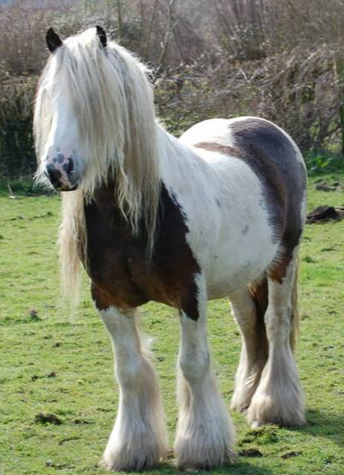 I wish I could have gotten some good photos of him, but it had been raining for days and all the big boys were in their stalls. He throws gorgeous foals, and I got to see some of the cuties.
I wish I could have gotten some good photos of him, but it had been raining for days and all the big boys were in their stalls. He throws gorgeous foals, and I got to see some of the cuties.
♘ ♘ ♘
Silky Boy:
 Here is Keira's ½ brother, Silky Boy, so named because his hair is so soft and silky, just like Keira's. A top stallion in England. He and Keira are both sired by Lenny's Horse.
Here is Keira's ½ brother, Silky Boy, so named because his hair is so soft and silky, just like Keira's. A top stallion in England. He and Keira are both sired by Lenny's Horse.
♘ ♘ ♘
Sundance Kid:
Ummm...Hello? I think if Brad Pitt were a Gypsy, he would look like this. If I was 12 again, I'd want this poster on my wall.
♘ ♘ ♘
The Viking:
Can you say "Presence?" I think if The Viking and Chroicoragh had a baby, it would literally glow.
♘ ♘ ♘
Darrig:
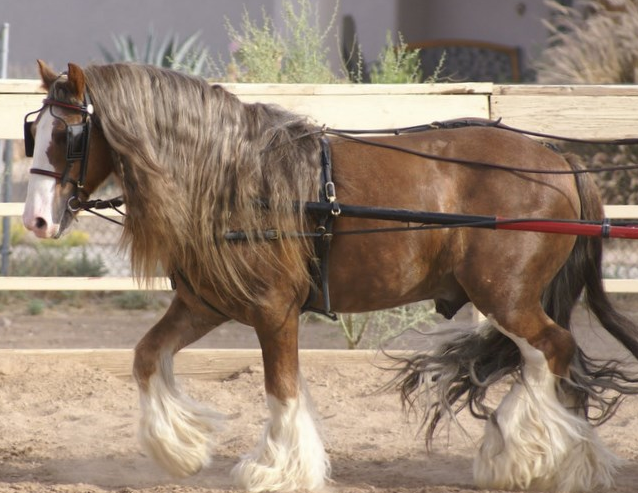 Darrig is one of those horses. He just has some sort of personality - I have no idea why I like him so much, I just do. Must be that Gypsy magic. He's a gorgeous chestnut and he's built like a tank.
Darrig is one of those horses. He just has some sort of personality - I have no idea why I like him so much, I just do. Must be that Gypsy magic. He's a gorgeous chestnut and he's built like a tank.
♘ ♘ ♘
Blue Bobbi:
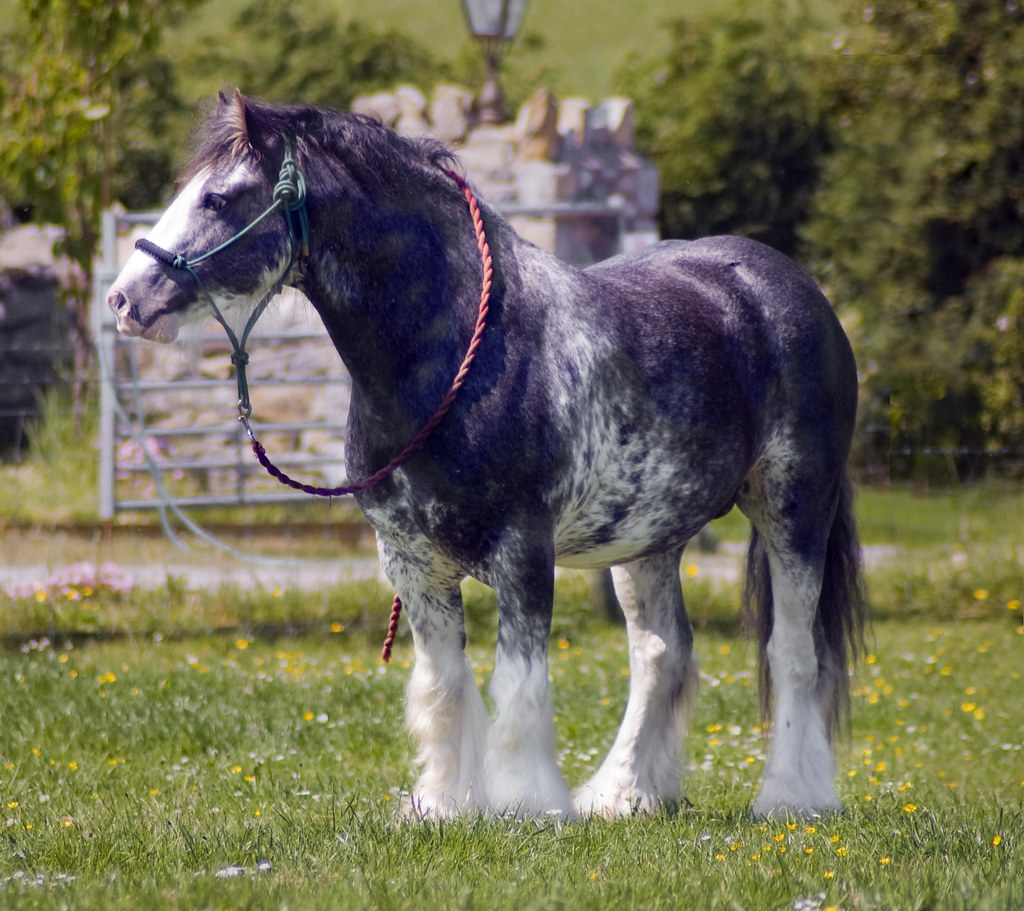 Look at this guy! I think I have a new crush...♡
Look at this guy! I think I have a new crush...♡
♘ ♘ ♘
The Hustler:
The Hustler is another awesome stallion imported from Clononeen farms. I just love his coloring.
♘ ♘ ♘
Starbuck:
Umm....yeah, do I even need to say anything about this stallion? I mean I think if Sundance Kid is the Brad Pitt of Gypsy Horses, then Starbuck must be the George Clooney. And I loooves me some George Clooney... :)
♘ ♘ ♘
Here are a few that are new to me, but I could easily fall in love with them.
Sir:
Sir has a beautiful head, nice conformation and hair. A bit of a sleeper, I hadn't heard of him before this post but I have a feeling he'll have a great career.
♘ ♘ ♘
Lucky
If I had to guess, I'd say Lucky got his name from the lucky "Gypsy Kiss" on his forehead. A Gypsy Kiss is a small dark spot in the blaze of a white faced horse. Please click on his picture to see more photos on his page.
♘ ♘ ♘
Sir Tristan:
He is just too pretty! Two blue eyes, too! He throws lovely foals.
♘ ♘ ♘
Phantom Knight:
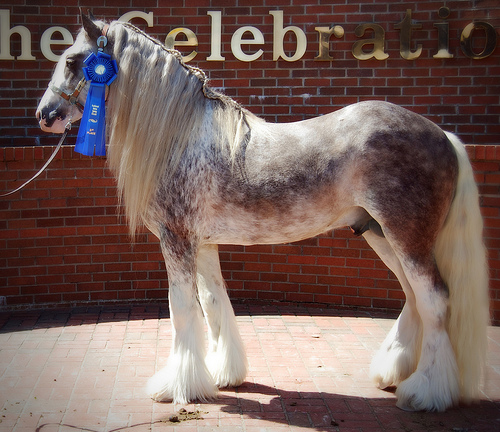 Phantom Knight, a very unusual colored Silver Dapple stallion owned by Mike Nenni in Florida.It's very easy to get distracted by a horse's color, but if you look beyond that—on each of these wonderful stallions—you will see the best in conformation. A Gypsy Horse breeder will breed first for temperament, next for conformation, hair and the gorgeous coloring is just the icing on the cake.If you are in the market for stallion service for your mares, or are simply in the market for Gypsy Horse in general, I highly suggest visiting some of these stallions' homes on the web. RESEARCH. Look at bloodlines, previous foals, and the quality of the farm's broodmares.
Phantom Knight, a very unusual colored Silver Dapple stallion owned by Mike Nenni in Florida.It's very easy to get distracted by a horse's color, but if you look beyond that—on each of these wonderful stallions—you will see the best in conformation. A Gypsy Horse breeder will breed first for temperament, next for conformation, hair and the gorgeous coloring is just the icing on the cake.If you are in the market for stallion service for your mares, or are simply in the market for Gypsy Horse in general, I highly suggest visiting some of these stallions' homes on the web. RESEARCH. Look at bloodlines, previous foals, and the quality of the farm's broodmares.
♘ ♘ ♘
Speaking of icing on the cake, I am excited to announce that as part of Keira's sale, I can offer one FREE BREEDING to either of these two gorgeous stallions! Thanks to Peggy and Steve Owen of Superstition Foothills Ranch for this incredible opportunity!
Please see Keira's page for more info.
♘ ♘ ♘
And, finally, my all-time favorite, the AMAZING Lloyds, also owned by Michael Vines: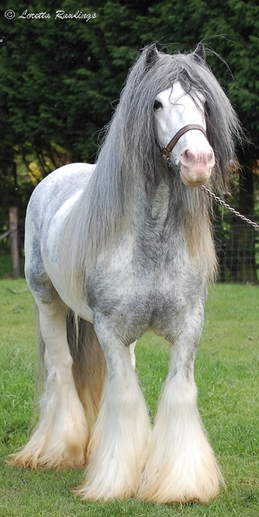 Lloyds is attributed to be Chroicoragh's sire. The DNA tests came back "unconfirmed." Which either means A.) The DNA results were simply incorrect (this has happened before - someone told me that a mare that she bred herself -well, not herself, ha ha - came back with inconclusive DNA results, and have heard other similar stories); or B.) A colt of Lloyds covered Chroicoragh's dam while out to pasture, which has also happened before. In England and Ireland, it is common to turn out a stallion with a band of broodmares, and let nature take its course. If there are young colts in the bunch who decide to take a turn, they can sometimes impregnate the mare.Either way, I'm happy with Chroicoragh, I don't care who her sire is. I'm still convinced it's Lloyds - she and all of her siblings inherited his gorgeous head - I just see too much resemblance there to think otherwise:
Lloyds is attributed to be Chroicoragh's sire. The DNA tests came back "unconfirmed." Which either means A.) The DNA results were simply incorrect (this has happened before - someone told me that a mare that she bred herself -well, not herself, ha ha - came back with inconclusive DNA results, and have heard other similar stories); or B.) A colt of Lloyds covered Chroicoragh's dam while out to pasture, which has also happened before. In England and Ireland, it is common to turn out a stallion with a band of broodmares, and let nature take its course. If there are young colts in the bunch who decide to take a turn, they can sometimes impregnate the mare.Either way, I'm happy with Chroicoragh, I don't care who her sire is. I'm still convinced it's Lloyds - she and all of her siblings inherited his gorgeous head - I just see too much resemblance there to think otherwise:
 When I saw the filly on the left, I did a double take - I thought it was a photo of Chroicoragh that I hadn't seen before. Like I said, it doesn't matter to me if Chroicoragh's sire is Tony the Tiger, I love her all the same.Good luck finding YOUR dream horse! I know I left out many many other great stallions, but I only have so much time! These guys are my personal favorites.Which one is yours? Leave a comment below, I love hearing from you!Thanks for reading,Heidi
When I saw the filly on the left, I did a double take - I thought it was a photo of Chroicoragh that I hadn't seen before. Like I said, it doesn't matter to me if Chroicoragh's sire is Tony the Tiger, I love her all the same.Good luck finding YOUR dream horse! I know I left out many many other great stallions, but I only have so much time! These guys are my personal favorites.Which one is yours? Leave a comment below, I love hearing from you!Thanks for reading,Heidi
P.S. for more great photos, please visit Elizabeth Sescilla's Flickr feed.
Meet the Writer - Anna Questerly
An author interview on the craft of writing.Featured Writer: Anna QuesterlyBooks: The Minstrel's Tale I, II, and IIIYoung adult historical fictionBuy Anna's books:
Intro, from Heidi:I first met Anna at her bookstore, Dog Eared Pages Used Books in Phoenix. It is right next to the kitchen for the caterers where I work, and of course when I see a bookstore I have to go in and check it out. Let me just tell you, if you are ever in the north Phoenix area, and are in need of something to read, you HAVE to go into this store.Dog Eared Pages has that magical quality of looking very small on the outside, but when you walk in - look out! You could seriously get lost in here. And if you do, that's OK, because you will have PLENTY to read while you wait for the search parties. The atmosphere is complete with shelves and stacks of books that twist and turn and reach up to the ceiling. There are weekly discussion groups and writer events as well.When we got to talking and Anna told me about her first book, The Minstrel's Tale, I picked up a copy. I'm a huge fan of historical fiction, and Anna's book does not disappoint. Her characters take you on quite an adventure, weaving the tale of a contemporary American teen with fairy tales, folklore, and little-known facts of 14th-century British monarchy.
On craft:
How old were you when you started writing? I attempted to write since I was about twelve years old. However, I was forty-six by the time I actually finished a story.Where do you write? I have a huge dining room table that I’ve taken over as a writing desk. It’s completely covered with manuscripts in different stages of editing, timelines, character sketches, maps, research material.When do you write? I get up early and write for a couple hours in the morning. Then I get two days off a week to work on my writing. Most of my editing and rewrites get done on those days.What helps you write—music, pictures, maps, journals, etc.—what gets you into that mindset?My magic book. My journal, is how I tap into the creativity, resolve plot issues, and develop characters. I write in it every day, yet I never reread it.What are some things that stand in your way? logistically as well as creatively?What do you do when you "hit a wall?" On days I just don’t want to write or can’t figure out where to go, I promise myself that if I just write 250 words, I’ll call it a day. I think taking the pressure off helps, because on those days I almost always manage to get over 1000 words done and have a good idea where I’m going from there.Do you use an outline—do you know exactly how the arc will play out—or do you just let the story develop as you write? If so, how do you outline? (notecards, etc.) I do a bit of both. Like a roadtrip, I want to know where I’m eventually going, but I like to leave the way open for fun adventures and fortuitous discoveries. I always know my endings before I begin, but leave the path open to get there. It’s more fun that way, since I want to know what’s going to happen next.How do you draft/revise? (i.e. do you just get it out in one big "dump," then revise, revise revise, or do you revise and edit as you go)I write my draft first and then revise-- forever it seemsWhat are some tools that you use? (reference guides, manuals, websites—a favorite pen/notebook/computer)I write historical fiction, so I use a lot of reference books, maps, andbiographies.Do you use critique groups?How did you find them? Yes, my critique partners have improved my writing immeasurably. I found them through writer’s groups at my bookstore, Dog-Eared Pages in Phoenix.
On your current project:
What kind of research did you do for this book? And, were you surprised by something that you learned in your research?I was surprised how much 14th century politics resembles our current political/economical problems. For example; the Peasants Revolt in Britain was similar(although bloodier) to the Occupy Wall Street movement.How good did it feel to write that last line? Bittersweet. I am so happy to have finished, but I’m going to miss those characters.
On the business of publishing:
How did you find your agent/editor? Great question; I actually had to make my own editor. My daughter edits for a living and has been so helpful with my books. I trust her more than anyone else I can think of and probably wouldn’t have dared publish without her help.How has self-publishing shaped your career as a writer? OR What is your opinion of self-publishing? I love the ease of self-publishing. The more I learned of traditional publishing and the problems authors have with their rights, royalties, and marketing, the more certain I am self-publishing was for me. It’s more important than ever to have good editing when you go it alone.What can you share with our readers about marketing? (i.e. what, if any, support did you have from your publisher? Costs involved? Things that worked best/weren't worth it, etc.) The Kindle program that allows me to be paid for books borrowed has been great. I’d recommend it to any author.
About You:
What is a trick that you've learned along the way that has made the writing process easier? I can’t remember where I read it, but it’s one of my favorite lines. If you get a button chair (butt-in-chair), you can write.What writers inspire you? Tolkien, Twain, Dr. Seuss, Steven King, JK Rowling and so many moreWhat do you like to read for enjoyment?Historical fiction, fantasy, horror, sci-fi (pure escapism)We all know that learning from our mistakes is part of the process of becoming who we are. As a writer, what's one lesson you've learned that you would like to pass on to others? How to handle a critique. This was a huge lesson for me. One of my readers pointed out that I had a character in the story I hadn’t introduced. I argued and showed her where I had introduced him in the previous chapter. I was ready to discount her suggestion, thinking she hadn’t read it correctly. While I was discussing it with another writer, he said to me, “Maybe you didn’t make the character memorable enough.” This was a big wake up call. If something isn’t clear to the reader, you can’t blame the reader. As the author it’s my job to make things clear to my readers.What's next for you? Another series. This one will be present day. If Nancy Drew and Indiana Jones had a daughter wouldn’t that be a blast? That’s my main character for the new series.While reading Kris Tualla's book, Becoming and Authorpreneur; Navigating a 21st-Century Career in Publishing, I was pleasantly surprised to see her refer to you in her chapter on the importance of "branding." It must be an honor to be referred to by other authors!It is a wonderful feeling to be referred to by other authors. It’s always an honor to be recognized by one’s peers and Kris Tualla is an amazing author so it was special.Here are the books:  The Minstrel’s TaleAmos Questerly, a wandering minstrel in fourteenth century Europe, takes on a mysterious young apprentice. But his new protégé, Richard, carries a deadly secret. A secret someone is willing to kill for.To reach safety they must earn their way to England by telling exciting stories of magical swords, princesses and dragons, while danger follows on their heels.By the time Amos learns Richard’s secret, it’s clear even England may not be safe. The two, trapped in an adventure as thrilling as any of the Minstrel’s tales, must follow a perilous path that leads straight to the royal palace.
The Minstrel’s TaleAmos Questerly, a wandering minstrel in fourteenth century Europe, takes on a mysterious young apprentice. But his new protégé, Richard, carries a deadly secret. A secret someone is willing to kill for.To reach safety they must earn their way to England by telling exciting stories of magical swords, princesses and dragons, while danger follows on their heels.By the time Amos learns Richard’s secret, it’s clear even England may not be safe. The two, trapped in an adventure as thrilling as any of the Minstrel’s tales, must follow a perilous path that leads straight to the royal palace. 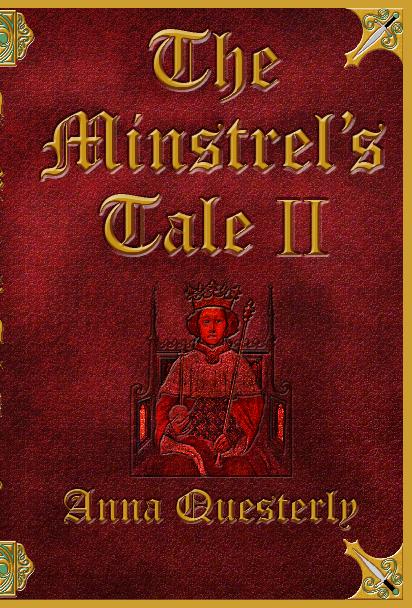 The Minstrel's Tale IIThe Minstrel’s Tale continues…A boy with the power of a king.A wandering minstrel bound by an oath.A secret that unites them.When Minstrel Amos Questerly’s ten-year-old apprentice, Richard, ascends the throne of England, Amos soon finds himself entangled in royal affairs.Determined to return to his wandering ways, the minstrel instead finds himself drawn further into the king’s inner circle where powerful enemies conspire and scheme for control.The country at war, the treasury low, and the young king’s first decision triggers the roiling anger of England’s peasantry to erupt, and plunges London into a revolt that shakes the foundations of a nation.
The Minstrel's Tale IIThe Minstrel’s Tale continues…A boy with the power of a king.A wandering minstrel bound by an oath.A secret that unites them.When Minstrel Amos Questerly’s ten-year-old apprentice, Richard, ascends the throne of England, Amos soon finds himself entangled in royal affairs.Determined to return to his wandering ways, the minstrel instead finds himself drawn further into the king’s inner circle where powerful enemies conspire and scheme for control.The country at war, the treasury low, and the young king’s first decision triggers the roiling anger of England’s peasantry to erupt, and plunges London into a revolt that shakes the foundations of a nation.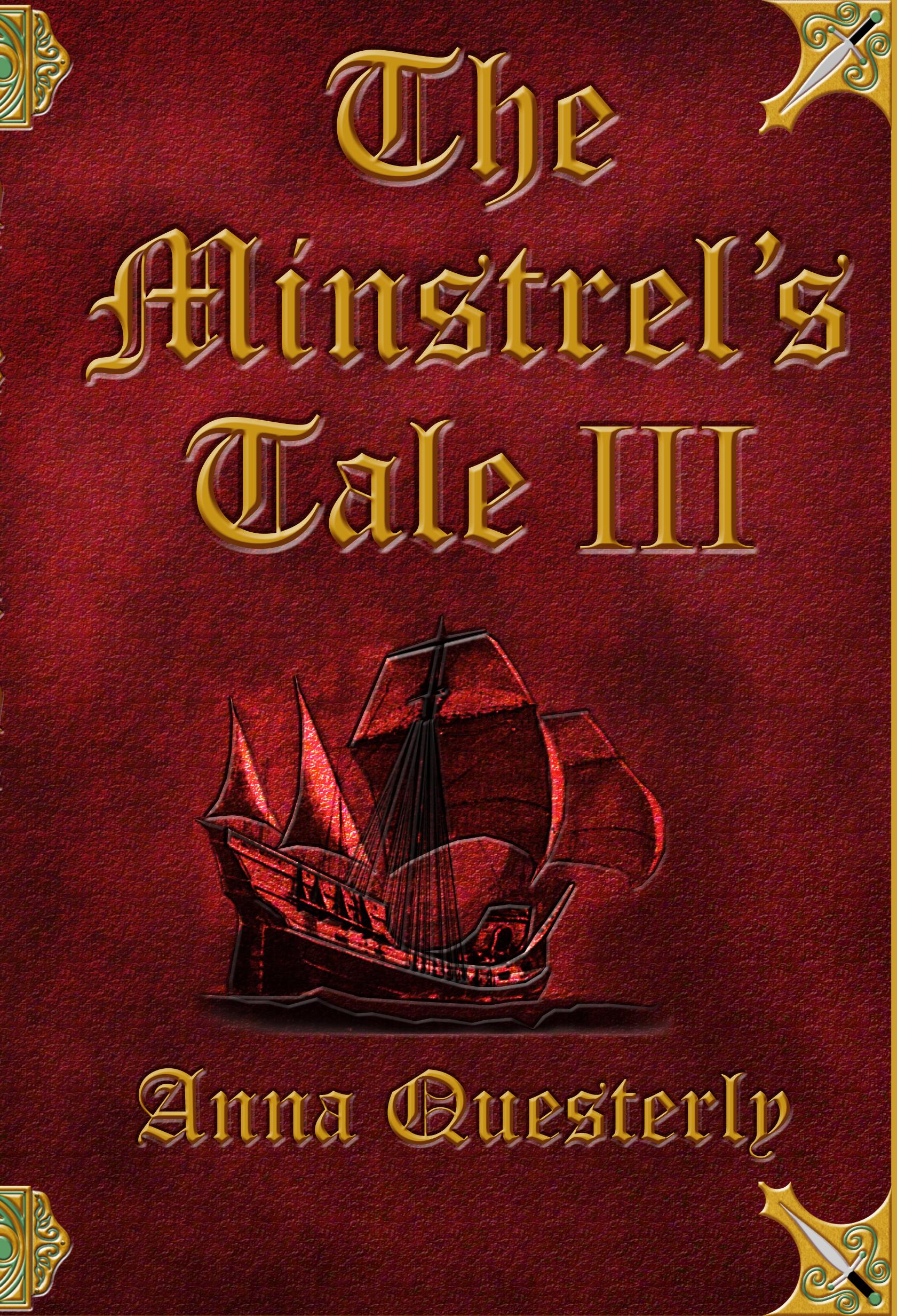 The Minstrel's Tale IIIThe Questerly saga continues...King Richard II, once a friend -- now a powerful enemy, refuses to release Minstrel Amos Questerly from the impregnable Tower of London.A daring plan to rescue Amos leads to more exciting adventures and incredible dangers in this thrilling conclusion to the Minstrel's Tale.
The Minstrel's Tale IIIThe Questerly saga continues...King Richard II, once a friend -- now a powerful enemy, refuses to release Minstrel Amos Questerly from the impregnable Tower of London.A daring plan to rescue Amos leads to more exciting adventures and incredible dangers in this thrilling conclusion to the Minstrel's Tale.
Anna can be found online:
Thanks for taking us on 3 amazing adventures, Anna!
Desert Rain - a picture post
We have FINALLY gotten some much needed rain down here in the desert. It is making for some very humid don't-even-bother-straightening-your-hair days, but things have cooled off ever so slightly and the dust has been kept to a minimum.There is a certain smell that springs from newly damp desert ground, but I suppose it smells just as good as any other place when long overdue rains arrive. I actually put it into the first chapter of my book. Here's a peek:
The western sky was the kind of blue that comes after a cleansing summer rain, and the breeze still smelled of damp sage and pine. Leather reins lay slack in her fingers, resting on the saddlehorn in front of her. Closing her eyes, Ruby breathed in the beautiful day.
You'll have to wait to read more, but I'll try to pop in a few tidbits here and there. Until then, enjoy some recent photos of the girls (click images to enlarge):
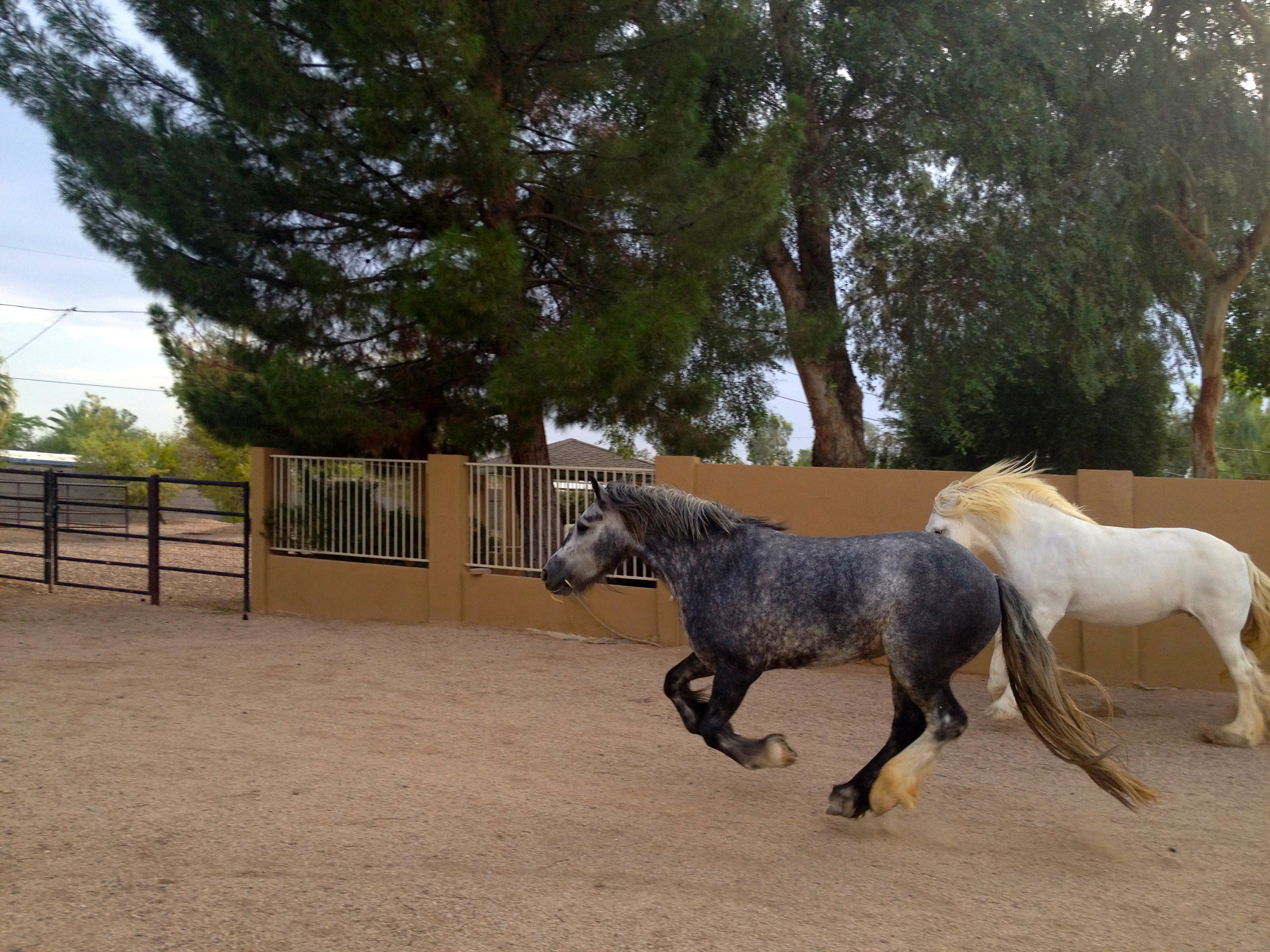
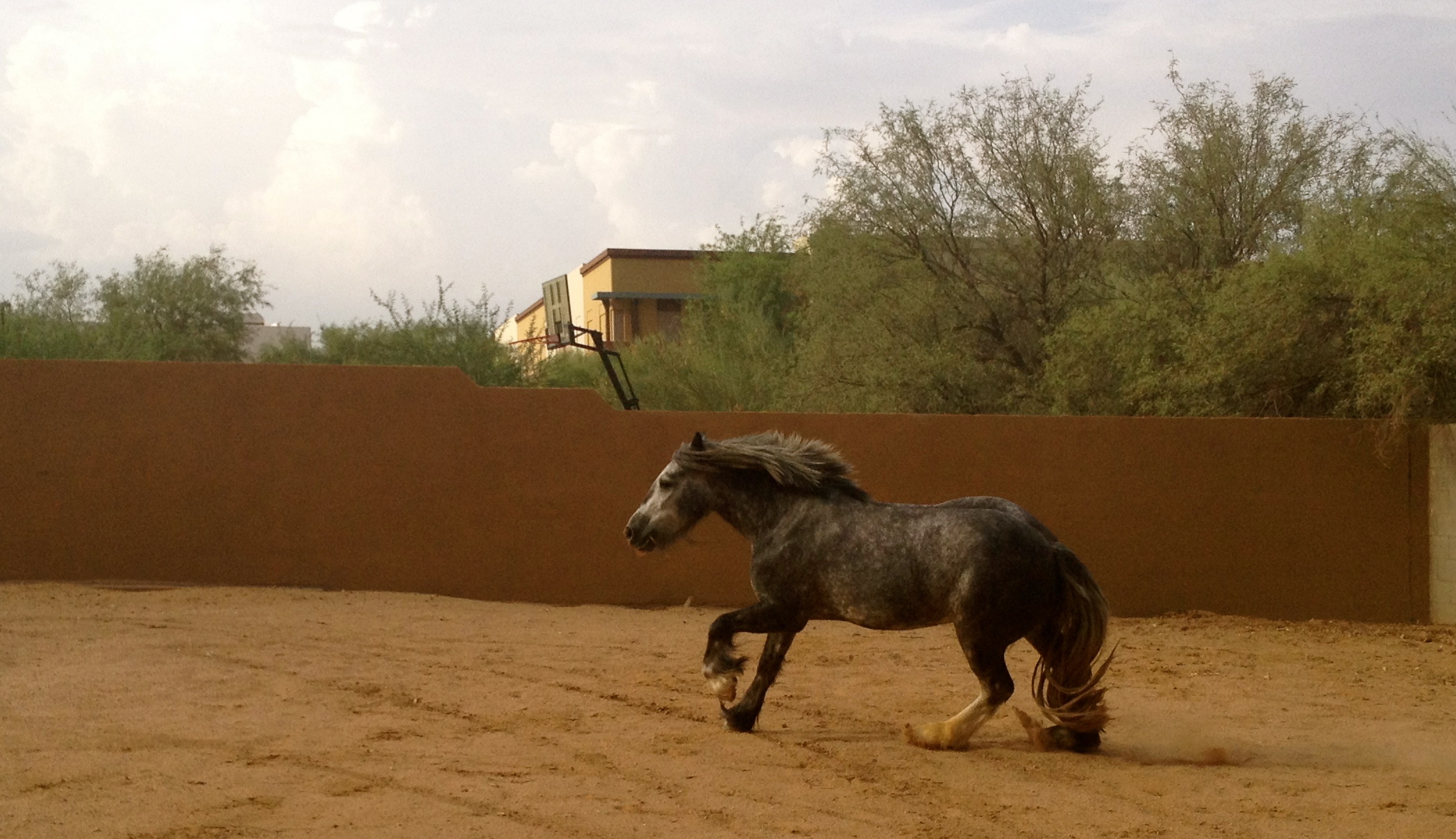

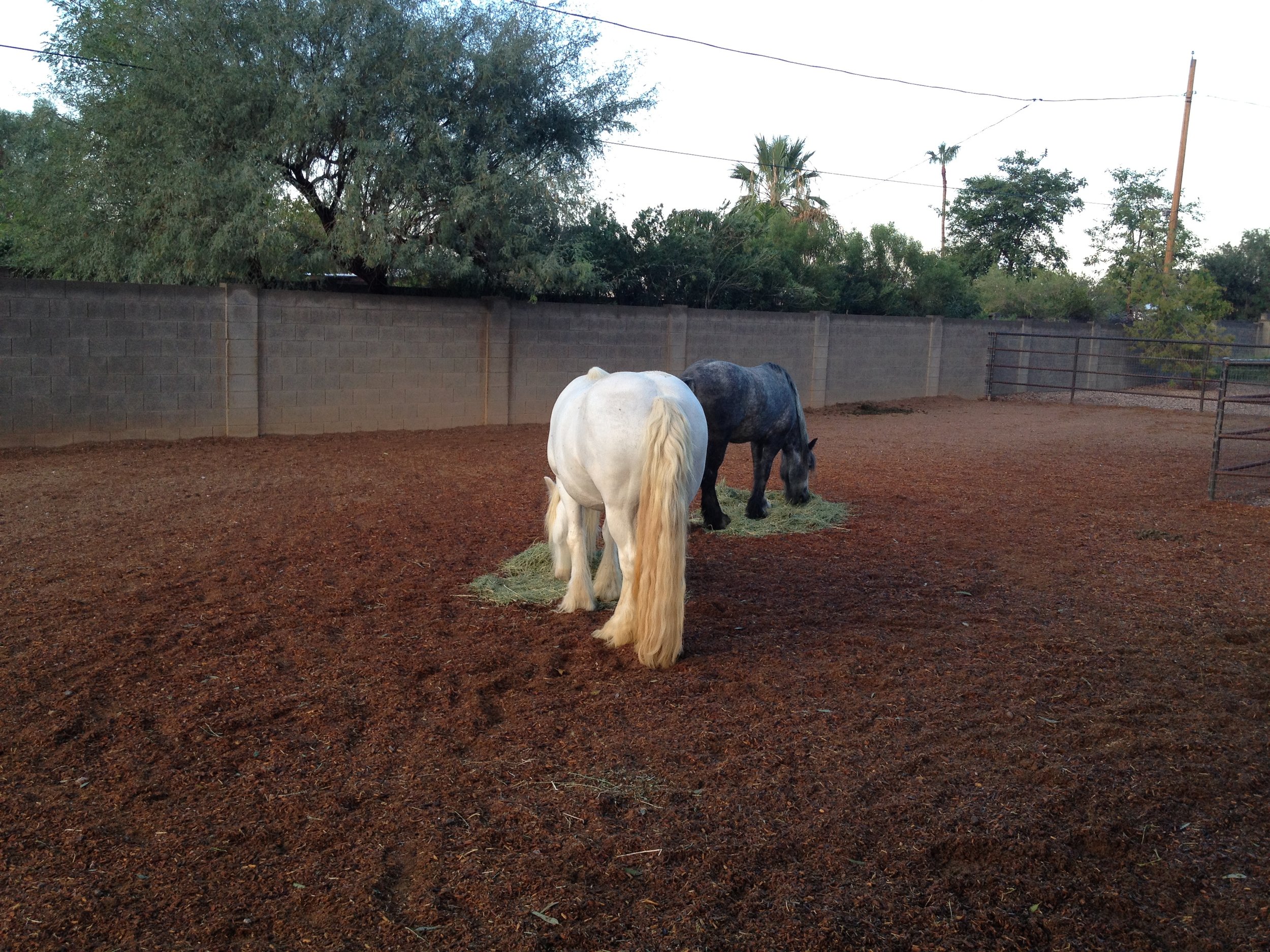

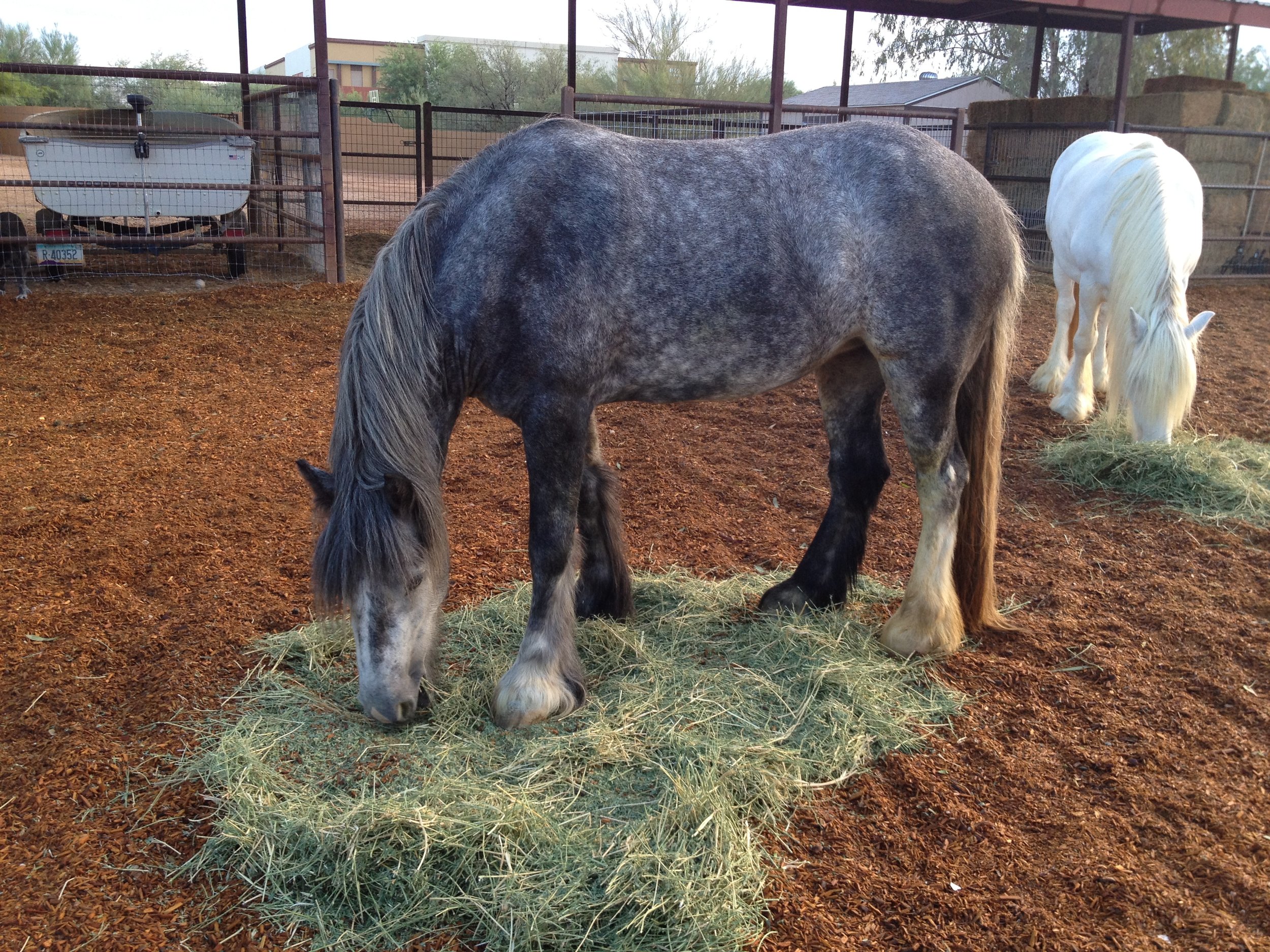
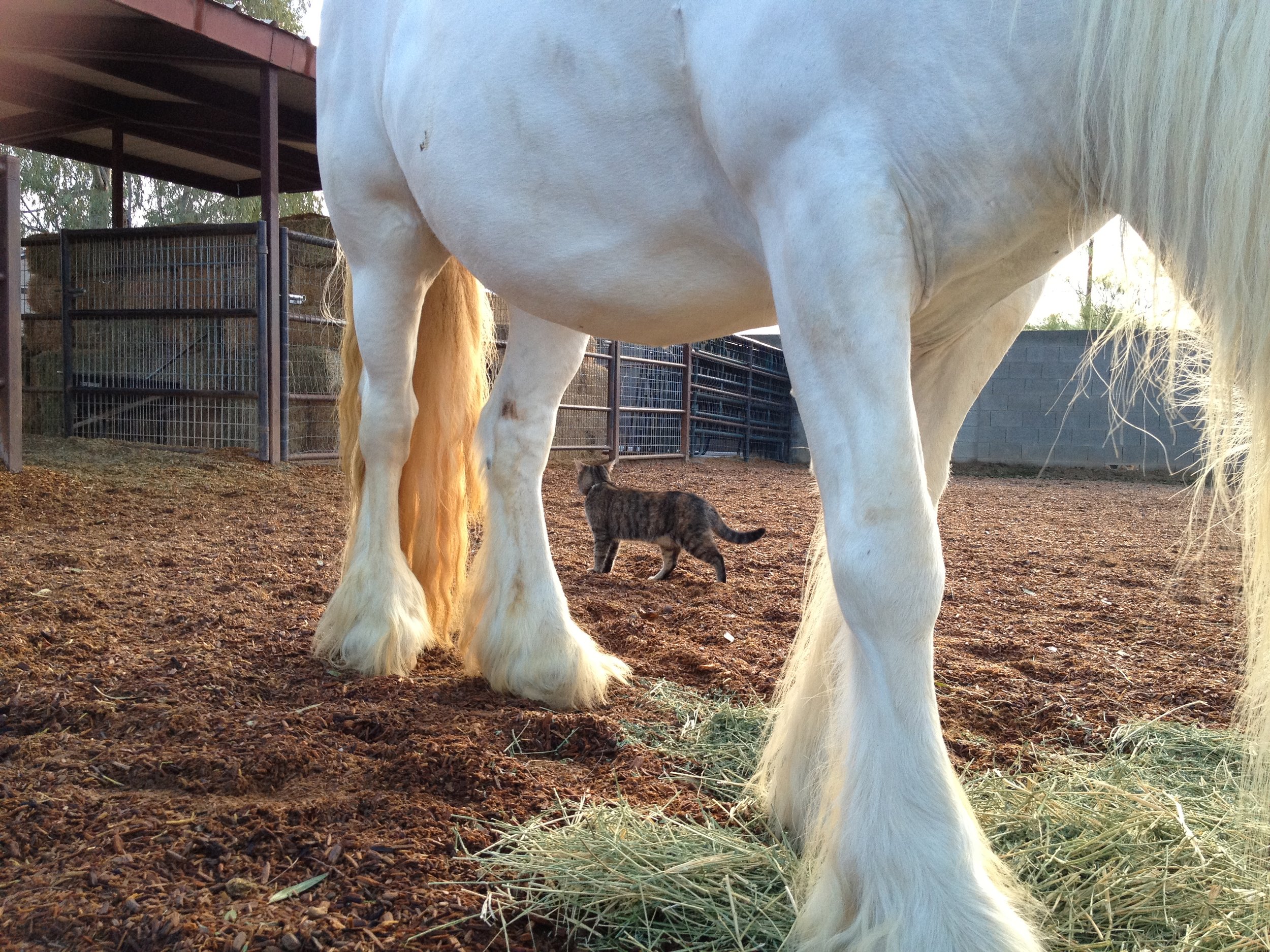


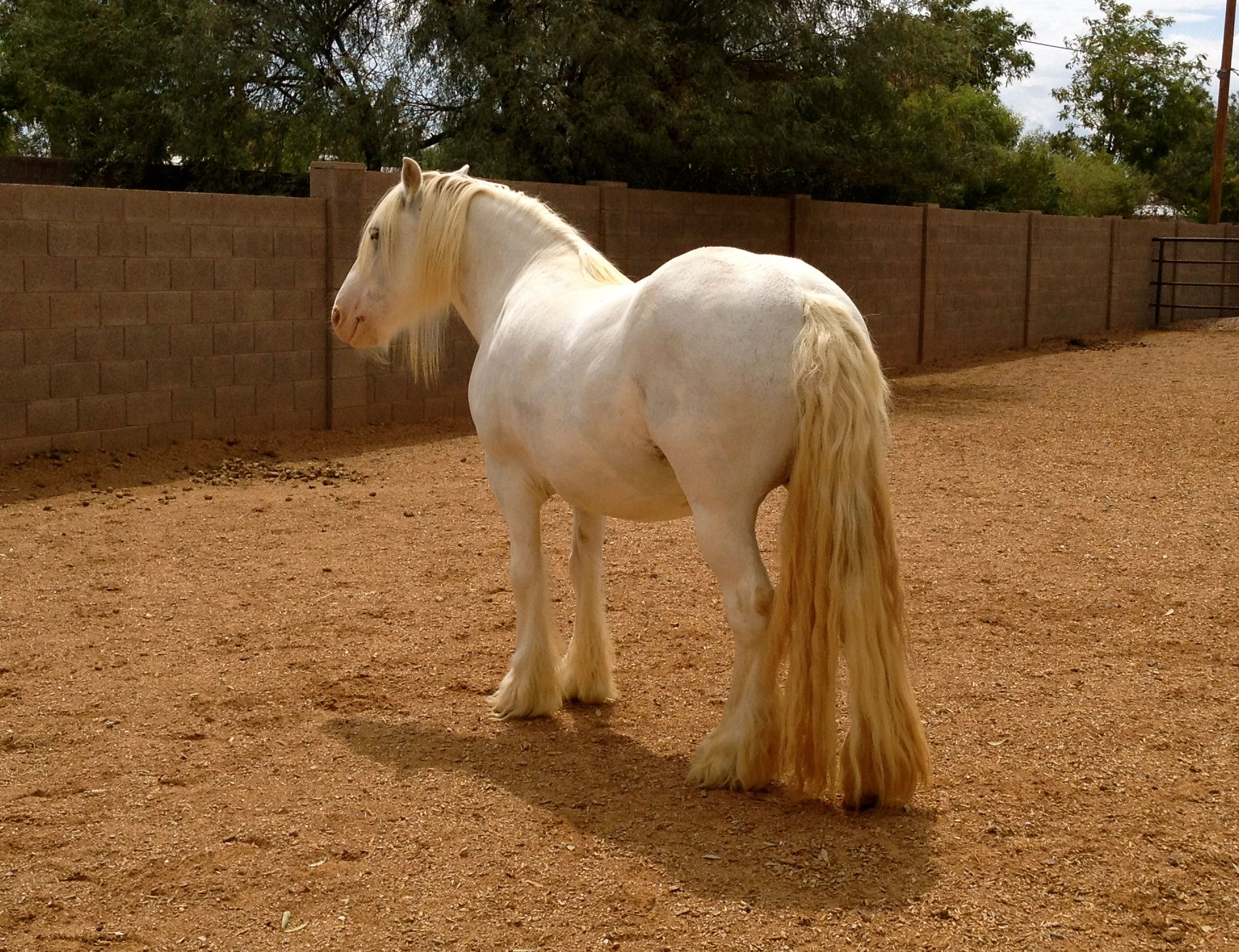



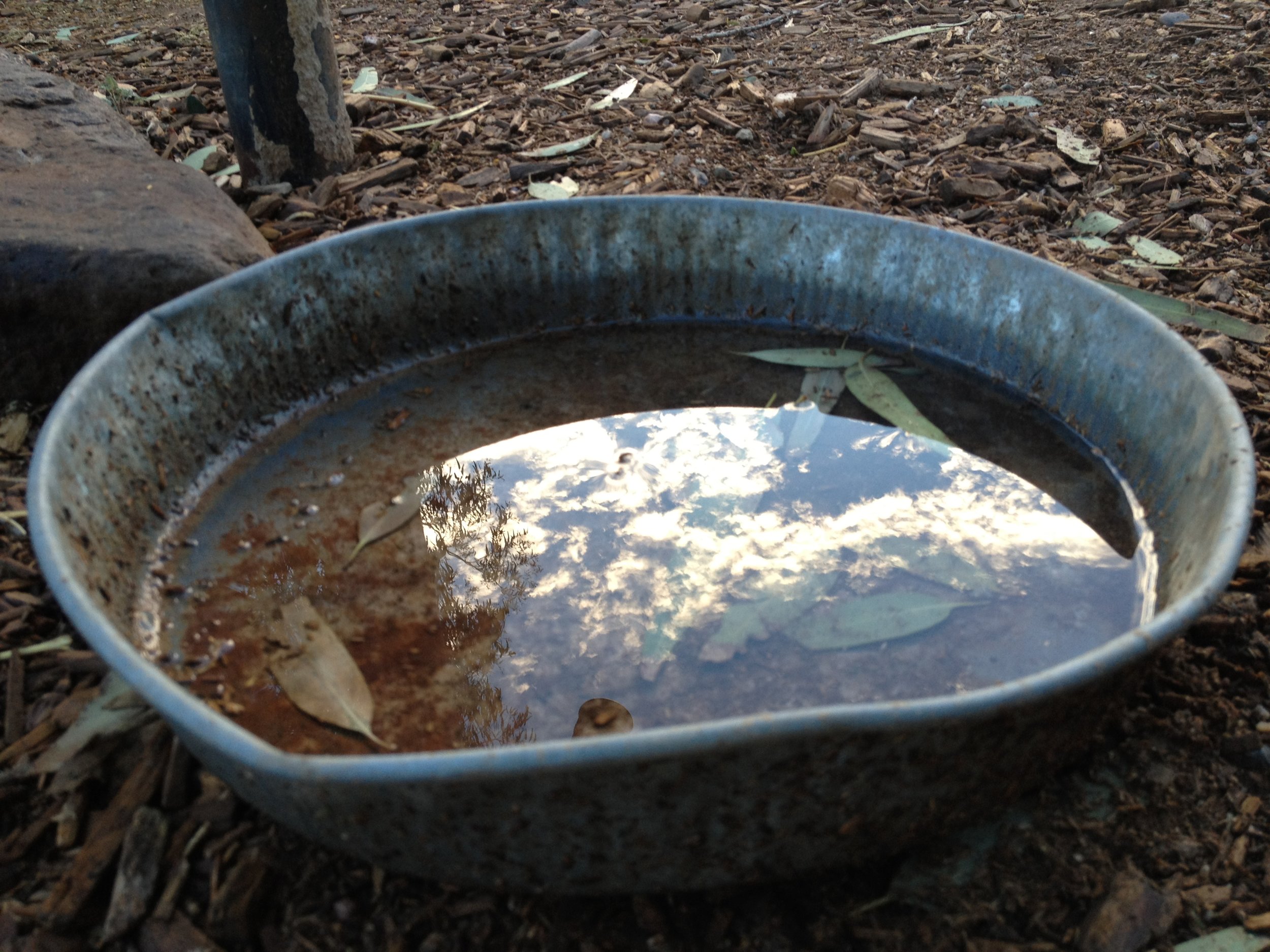

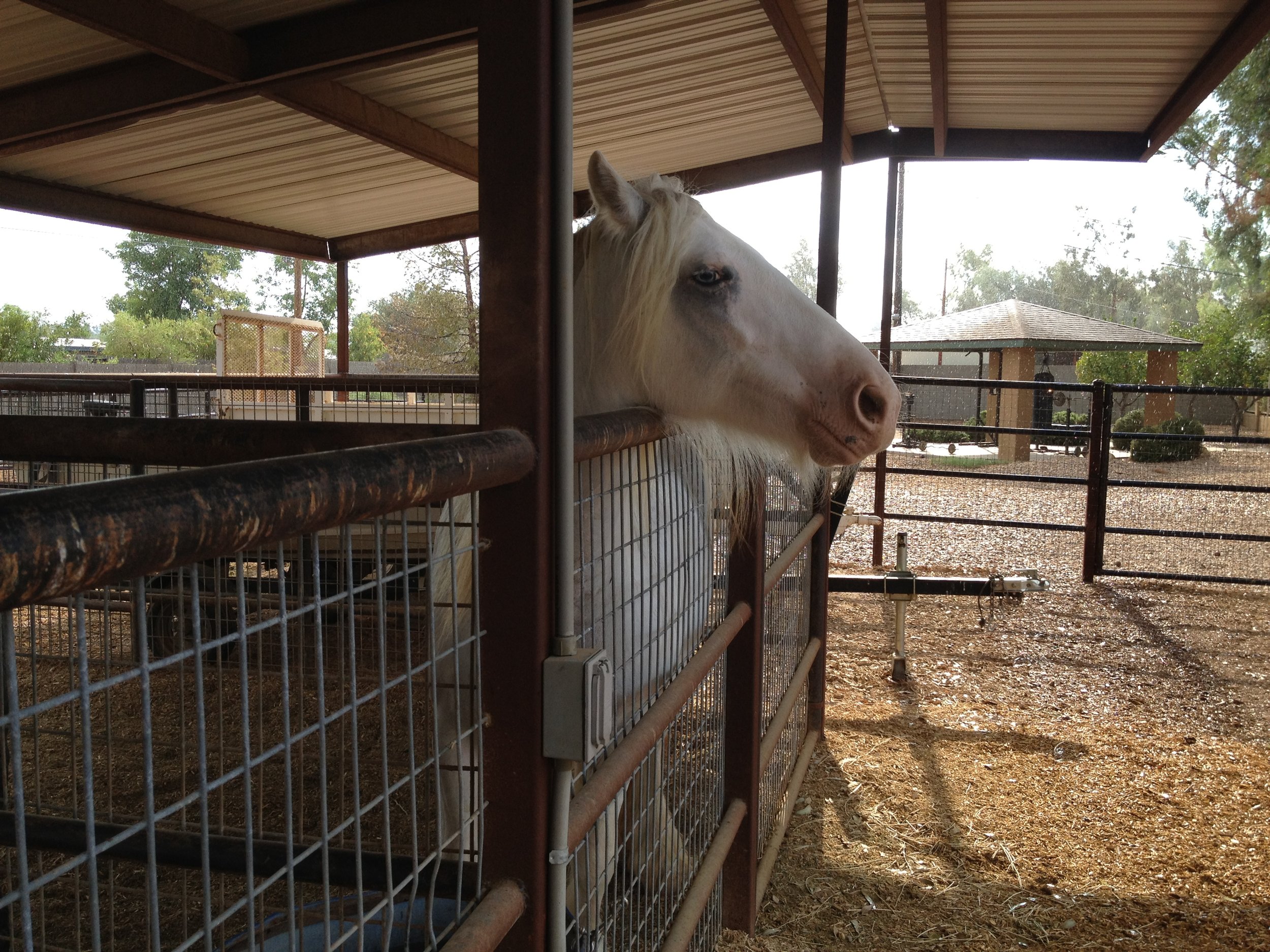 For some more AMAZING Arizona photography, check out this local photographer's page.Thanks for reading,Heidi
For some more AMAZING Arizona photography, check out this local photographer's page.Thanks for reading,Heidi
Meet the Writer - Virginia Nosky
An author interview on the craft of writing.
Featured Writer: Virginia Nosky
Books: The Fall from Paradise Valley; Blue Turquoise, White Shell; Ring of Fire; Pima Road; Kachina
Coming Soon: To a Certain Degree; White River
Buy Virginia's books:
Intro, from Heidi:
Virginia is an award-winning author, and one of my earliest cheerleaders from my beginning days at the library critique group. I have to say, she intimidated me at first, being one of those no-nonsense types who would put a huge "X" over an unnecessary paragraph, scratch corrections over my manuscripts, and has a take-no-prisoners attitude when it comes to punctuation and grammatical errors.I learned a great deal from Virginia. She gives amazing feedback, and I knew I was getting better at this writing thing when I started to see that she drew a star in areas of my work. That was a sign that she liked what I wrote. And if I got a star on the front page—whoa! Look out! A star from Virginia is like a nod of approval from the Queen.If any of you are interested in writing romance, take a cue from Virginia. This lady may look polite and proper, but, man can she steam up some pages! And she writes a hundred times better than E.L.James, so if 50 Shades of Grey left you wanting more, pick up a copy of one of Virginia's books—you won't be disappointed!
Virginia Nosky:
On craft:
How old were you when you began to write?All mixed up in my mind are these little plays my sister and I would put together with neighbor kids. There was very little written down, but these little dramas were full-blown affairs, with beginnings, middle and ends. They were also fully costumed with whatever our fevered imaginations could come up with. I remember playing a Maria Montez role—she was a popular sultry movie star—always, it seemed, in harem type costume. I wore my mother’s tin measuring cups as my bra, over my nonexistent chest. There was a little woods beside our house and once we even built a little fire in a clearing—to dance around. We had a lot of freedom back then. My point is that I spent a great deal of my play time in a world of glamour and exotic situations. My imagination was engaged constantly in other worlds. Making up stuff has always been with me, and I can’t really remember when I started writing it down. I majored in Communication at Ohio State, worked in broadcasting and advertising. Writing is just there, in my life.Where do you write?When my sons went off to college, my husband took one of their bedrooms for an office, and I took the other one. It didn’t happen suddenly…we just sort of moved their stuff out…like squatters.What helps to inspire you? Music, maps, journals.I have never liked background music. Total quiet is best, but I can tune out ambient household noise when I really get into something. Sometimes I would like to screech at interruptions by my sweet family…but I don’t. I can’t come out with “Do you realize I’m trying to get this woman in bed with the guy and now, NOW”…etc. But that scene will be different for the interruption. That’s true of any artist whose train of thought is broken. The piece will change. You can only hope it will be as good or better.What stands in your way? Logistically/creatively?Not much. A busy schedule is the most disruptive. Or some kind of emergency that requires your attention. It’s hard to be creative when you’re troubled about something.What do you do when you hit a wall?Just going back to reread what I’ve already written just gets everything going. The worst thing is to get into a corner, where something doesn’t work. But I find those insomniac hours at night can come up with some amazing solutions. “Sleeping on it” is really good advice.Do you outline? Know how the story will develop?Outline? No. Never. I know how the story begins, how it will end, and there is usually a dramatic scene somewhere in the middle that triggered the whole idea. That’s not to say the story will end like you thought. Stories develop lives of their own, and sometimes the end will be different than you started out. A character will assert herself or himself. But it’s important to know where you’re going when you start out. For that matter the beginning might change a bit. The best advice I ever read was from Tony Hillerman. Don’t spend so much time polishing and polishing the beginning. You’ll make some changes when you’ve finished. He said when he started out, he did that. He wrote the most perfect first chapter in the universe. It was lapidary in its brilliance and it still nestled unread in a dusty drawer. That has stayed with me and saved a lot of grief.How do you revise and edit?I edit as I go. I get ideas as I go along and work with them. Then when the book is finished I go back and do it some more. And, as I mentioned, if I’m stalled, it’s a good way to get going again.Do you have any special tools?I work on a desk top and I have an extensive library. I have books on birds, astronomy, flowers, history, physics, geography, wildlife, minerals, weather, sports, games, food, wine, native plants, survival, Native American healing. I have maps and word books: Roget’s, Word Menu, Synonyms, Reverse Dictionary. I have several grammar books: The Chicago Book of Style; the Oxford Book of Grammar; Strunk & White. I have a French Dictionary, and Spanish, Italian, a Japanese, Navajo, Portuguese. I have books of quotations. One book I love is the Book of Everything. Everything has a name and this book has every screw, spark plug, beam, anchor, sail, knot…well, you name it. And it’s there. I have dozens of books on writing. Then I’ve collected a number of books on Arizona Indian culture, mostly Navajo. If I don’t have an answer in those books, Google is my friend.Do you belong to a critique group?Yes. I belonged for years to the Scottsdale Writers Group at Mustang Library. That’s where I met you. And many lovely people. My most valuable group is an offshoot of that. There are five of us and we read much longer excerpts from each other. Take them home and write serious criticism. I love them. Every serious writer needs readers to bounce their work off of. We all write different things, but that isn’t a problem, and sometimes it’s invaluable.What kind of research do you do?A lot. One thing leads to another. You read that something happened. Then you find you have to know why it happened. I’m working on a sequel to Blue Turquoise, White Shell called White River. But in writing about an important incident in the Navajo history, it took place during the Civil War. And I had to get into that, which I hadn’t meant to. That’s the trouble with history. Nothing happens in a vacuum.Did something surprise you? Not really. Particularly with White River. Oh, fascinating details crop up, but I had immersed myself so much in the first book, I pretty much knew what was going to happen.How does it feel to write the last line?With Kachina, my first book, there was a huge surge of pride that I had done it. But I face the last line now with a sense of uncertainty. Is this the right ending? Also a sense of regret. You do get into the lives of your characters and you can’t stop thinking about them. But you do have to send that baby out into the world. A book isn’t truly finished until somebody reads it. I always sense that it’s the same with an artist. When to lay down the brush.
On the business of publishing:
How did you find an agent?I don’t have one now. But it was endless queries, endless sending out mss. Two of my books I’ve used a Canadian publisher that I met at a conference. Conferences are a great place to meet editors and agents. They’re sort of obligated to look at a little bit of your stuff.Has self-publishing shaped your career?I’ve had all my books come out with traditional publishers. I don’t have a problem with self-publishing and I’ve thought about using it to publish my poetry and short stories. These have been in anthologies, but I may get to it one of these days as the rights devolve to me. One has all that nice control when you do it all yourself.What can you share about marketing? What didn’t work?It’s ongoing, it’s time-consuming and most writers hate it. I do. But publishers don’t do it anymore. Oh, maybe if you’re ever so famous. I’ve tried a bunch of stuff, even hired a publicist, but it was pretty much a waste of money. I have a great gal who helps me with computer things and we’ve become great friends. But it’s just getting your name and work in front of the public on and on and on. Speaking to groups is great, and you can hope that the more you write the more your name will become familiar. All the social media is a must.
About You:
Tricks to make writing easier.It’s not supposed to be easy, but it’s fun most of the time. When you get a good scene going, you soar.What writers inspire you? Updike, because he notices the smallest things. Maybe all the good writers do. Don Delillo, Pat Conroy, T.C.Boyle, Chrisopher Moore, Richard Russo, Barabara Kingsolver. David Sedaris is hilarious, Christopher Buckley. Tony Hillerman, Elmore Leonard so simple…well, on and on.What do you read for enjoyment?All of the above. I’m really all over the map in what I read. I sort of lean to literary, but well- written trash is fun, too.What’s next for you?As I mentioned above, White River has gone off to the publisher. It will probably be out the first of the year. I’ve done some short stories, and have put together some contest work. I’m relaxing doing a little romance that’s been around in my drawer for awhile.Where can we find you? My website is www.virginianosky.com. I have a trailer on YouTube for The Fall From Paradise Valley. I just did a long interview on web radio with Al Cole, a broadcaster out of Boston. All my books are on Amazon, Barnes & Noble, ChampagneBooks.com/store. Some of them are in libraries around town, but they can always be ordered. Poisoned Pen book store has several.Thanks Virginia!For those of you in the Phoenix area, Virginia will be giving a Workshop:"Writing Romantic Scenes" for the Scottsdale Society of Womens Writers on October 31, 5:30-7:30, at the Chaparral Suites Resort in Scottsdale.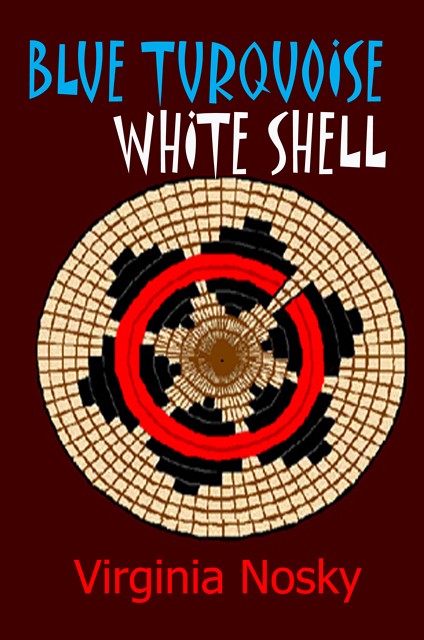 Blue Turquoise, White Shell is a contemporary multicultural romance mixed with historical fiction. It has won three First Place Glyph Awards from the Arizona Book Publishing Association.When a privileged east-coast Med school student agrees to work on the Navajo reservation in exchange for getting her Harvard education paid in full, the last thing she expects is to fall for the tribe's newest congressional Golden Boy, Nicholas Nakai. But what is in her secretive grandfather's past that makes him send Lily to the Rez? You'll have to read to find out!
Blue Turquoise, White Shell is a contemporary multicultural romance mixed with historical fiction. It has won three First Place Glyph Awards from the Arizona Book Publishing Association.When a privileged east-coast Med school student agrees to work on the Navajo reservation in exchange for getting her Harvard education paid in full, the last thing she expects is to fall for the tribe's newest congressional Golden Boy, Nicholas Nakai. But what is in her secretive grandfather's past that makes him send Lily to the Rez? You'll have to read to find out!
Meet the Writer - Deborah J. Ledford
An author interview on the craft of writing, with mystery/thriller writer Deb Ledford.
An author interview on the craft of writing.
Featured Writer: Deborah J. Ledford
Books: Snare, Staccato (more info below)
Buy Deborah's books:
Intro, from Heidi:
I met Deb on my 36th birthday. I had been writing furiously, collecting odd thoughts, dialogue and ideas in various notebooks, and had absolutely no idea what to do with any of it. It was the first time in my life I ever looked at writing as something fun to do instead of a chore, like all of those school book reports. Plus it was about the only thing keeping me sane.At that time, I was coming out of a pretty deep depression, and my therapist (brilliant woman that she is) suggested writing. Just writing. All those ideas floating around in my head, bumping into all the other things that I needed to do, cluttering up the joint—get them out of your head and down on paper! Best advice I ever got.But what to do with these notebooks, now half-filled with half-formed ideas? I looked at my local library flyer and noticed an open writer's group, and the meeting happened to be scheduled on my birthday. I went, as my present to myself. I haven't looked back since.Deborah J. Ledford, affectionately known as Deb by our ramshackle gang of misfit writers, was the moderator then, and for several years she shuffled our papers around the table, monitored everyone's allotted time, and made thousands of edit notes.I learned some of my most valuable writing lessons from Deb, and for that I will be forever grateful:
Get rid of all those WASes and JUSTs!
Just yesterday, I browsed the new releases at Barnes & Noble and picked up a title that I'd been hearing so much buzz about: Chris Colfer's The Land of Stories. It looked promising, and had an impressive imprint (Little, Brown), but after I counted at least 7 "was"es on the first page, I had to put it back. Too bad this promising young talent didn't have Deb to edit his book! It does look like a fun read for middle-grade kids though.I'm honored to have helped Deb edit her two books, Staccato and Snare, and to host her here on my blog. Enjoy the interview! And take notes.
Deb Ledford:
On Craft:
-
How old were you when you started writing?
I can’t really remember not writing. I was a shy girl and always had my nose buried in a book, or a pen in my hand. I began to express myself through artwork, starting out painting oil on canvas, scratchboard and pen and ink. My love for movies and rockin’ dialogue is what got me interested in writing screenplays, which then led to novels and short stories (after Hollywood broke my heart).
-
Where do you write?
At my dining room table. I need a lot of space to spread out my research materials and other items that keep me motivated. I’ve found that a room with 4 walls, facing a wall does not work creatively for me. The space is wide open and the window where I sit looks out on the front yard.
-
When do you write?
My most creative time is in the late afternoon to very late at night. My background is in technical theatre as a professional scenic artist therefore I usually didn’t begin working until after 10:00 PM. I start my day with emails (so many!), then edit other writers’ pages. I find that I need to take a break and begin to switch gears to my own work. Then I’ll read the previous day’s writing and go from there.
-
What helps you write—music, pictures, maps, journals, etc.—what gets you into that mindset?
Music, all the time I’m at the keyboard. The songs or artist depend on the scene as well as the characters I’m working on. If it’s a climax I’ll go with a rock group like The Killers, Within Temptation, Muse, and Evanescence. When I’m working on a Native American location I prefer Robbie Robertson and Robert Mirabal. But I’m hooked on contemporary Broadway Musicals and always have a soundtrack going. My current favorite is Next to Normal, Spring Awakening and Book of Mormon.
-
What are some things that stand in your way? Logistically as well as creatively?
The lack of time to write. This year I’m the current President of the Sisters in Crime Desert Sleuths Chapter which is the Arizona chapter of an international writers organization, and also the lead editor for the 4th anthology, SoWest: Desert Justice, written by member of our group. These tasks take quite a lot of my time, but I’m honored and thrilled to be associated with so many professionals. Our main goal is to be supportive of one another.
-
What do you do when you "hit a wall?"
I try to avoid this! But what works for me is to read what I’ve already written. That usually kick starts me, or at least gives me ideas of what else needs to be implemented.
-
How do you draft/revise? (i.e. do you just get it out in one big "dump," then revise, revise revise, or do you revise and edit as you go)
I write chapter by chapter. Not always consistent with chapters’ timeline. During the “first draft” I focus on one chapter per day. Pound out the highlights, then print it out and make notes on the hardcopy, go back and flesh out those elements, print out again, repeat over and over until I’m quite happy with the chapter. I prefer this method as the version tends to be more of a seventh draft, which is much easier for me to deal with when it comes time to “final” edits of the entire manuscript.I tend to write front to back, but absolutely have to know the first 5 chapters, 2-3 climax points and the ending before I know I’m ready to dive full-force into a new project. It’s also crucial to know the 3-4 lead characters inside and out—complete biography details and most importantly their psychological drive which helps me with their motivation. I need to know that I love the concept and characters because I’ll be living with them for months on end. This process is somewhat the same for writing short stories. I work out 90% of the piece in my head and through notes before I sit down at the keyboard to compose a draft.
-
What are some tools that you use? (reference guides, manuals, websites—a favorite pen/notebook/computer)
I’m also a professional content editor, so I need to stay up on current Industry Standards for formatting and what is “acceptable” when approaching agents and editors. I rely on the Chicago Manual of Style and A Pocket Style Manual by Diana Hacker. PublishersMarketplace.com is the best site for researching agents and editors. I work on an Acer laptop, but hook it up to a full-size keyboard and large monitor.
-
Do you use critique groups? How did you find them?
Until fairly recently I was the moderator of the Scottsdale Writers Group through the public library. I met loads of excellent writers at this group (including you, Heidi!) and am still in touch with them. I’m a current member of a small intense group with four other highly motivated professional writers. Their advice and support is invaluable and I couldn’t do this without them. I highly advise any dedicated writer who intends to submit their work for publication to find a critique group. After reading our own words for the 100th time, we don’t see the problems anymore. Objective, fresh eyes are crucial when polishing your work.
On your current project:
-
What was your inspiration for this book?
I always wanted to be a rock star, which is where the idea for SNARE originated. Sounds a bit silly, but that’s what is fascinating about being a writer—we can do whatever we want. I was a screenwriter and filmmaker in my previous profession and so was able to be creative on many levels. However no other medium, other than writing, can one be not only the writer but also the casting director, location scout, composer, director, editor, costume designer…essentially everything. Which is why research is so important.
-
What kind of research did you do for this book? And, were you surprised by something that you learned in your research?
So much research for STACCATO and SNARE. The first book focused on two world-class pianists and finding the proper classical pieces was instrumental in showing their world. SNARE was much different as the location and mind-set of the Taos Pueblo Indians is what I needed to convey. Once I decided on the Tribe to focus on I came into contact with the communications director on the Taos Pueblo in New Mexico. Floyd “Mountain Walking Cane” Gomez read every word of the manuscript as I composed each draft. He either approved scenes, characters and elements, or told me flat out “No, you cannot use this.” (He told me this a lot!) Elements Floyd wasn’t sure about were cleared by the Taos Pueblo Tribal Council.
-
How good did it feel to write that last line?
I always get a little down when I finish a novel—not that it’s ever truly finished. I allow myself a few days to grieve, then start thinking about the next project which is usually a new short story to keep me sharp.
On the business of publishing:
-
How did you find your agent/editor?
I was very fortunate that my publisher found me. I submitted STACCATO for “The Next Great Crime Writer” competition sponsored by CourtTV (now TruTV) which was featured on Gather.com. STACCATO finished 6th in the first round of more than 350 entries and was in the top ten for the semi-final round. Fortunately for me my publisher found out about this contest and was looking for talent.
-
How has self-publishing shaped your career as a writer? / What is your opinion of self-publishing?
I’m actually not self-published. My publisher, Second Wind Publishing, is a small independent publisher. This has been a good fit for me as I have very specific ideas regarding the overall “look” of my books. Second Wind has allowed me to provide input and final approval of the formatting and cover design for SNARE and STACCATO. Traditional publishers have their own staff to provide these elements. Quite a few of my writer friends have decided to go the self-publishing route—and I highly considered doing so for the third book of my Steven Hawk/Inola Walela series, but I decided to finish the trilogy with Second Wind. I do plan to write novellas in the future featuring characters from my books, as well as fleshing out some of my favorite published, award-winning short stories. I will self-publish these.
-
What can you share with our readers about marketing? (i.e. what, if any, support did you have from your publisher? Costs involved? Things that worked best/weren't worth it, etc.)
It’s never too early to start establishing yourself on the Internet. A website or blog is crucial—somewhere agents/editors can start their legwork on researching you. Yes, you will be vetted, especially when it comes time to a representative requesting your work. It takes loads of time establishing “friends” and followers on Facebook, Twitter and Goodreads, but I highly beginning this process even as you’re writing your first novel. Agents and prospective publishes need to be certain you are capable of promoting your work and the Internet is step one in being recognized.I’m with an independent publisher and a majority of the PR and market falls on my shoulders. This is happening more and more, even with big traditional publishing houses. Unfortunately time away from the keyboard, but the Internet truly is the only way to keep your name out there. Name recognition is huge, especially when you are about to release something new and want to get the word out. Do not over-promote. Blatant Self-Promotion (BSP) is a no-no.However, I do not advise spending too much time marketing online. Stick to your main goal: writing. The more you have written the better your chances of succeeding will be. I spent hundreds, if not thousands of hours promoting my debut novel, STACCATO and don’t believe this benefited me much. I scaled my hours online way back with SNARE.Be supportive of other writers, and find other avenues (rather than Facebook, Twitter, etc) where potential readers may be found. I’m still trying to figure out where to find readers so please give a shout out if any of you out there could provide clues to accomplishing this.
About You:
-
What is a trick that you've learned along the way that has made the writing process easier?
Stay focused. When I’m working on the first draft of a novel I push for 2,000 words per day. Sometimes this takes a few hours, other times eight. This helps me stay in the head of my characters and on top of what needs to happen next.
-
What do you like to read for enjoyment?
Literary fiction continues to be my “candy” and I read everything by Michael Cunningham, Pat Conroy, James Irving, Ann-Marie MacDonald and Isabel Allende. Due to the need to be current with crime fiction I now follow everything by John Hart, Cara Black, Karin Slaughter, Lisa Gardner and Gregg Hurwitz. I also love the British mystery novelist Kate Atkinson, who is quite literary with her lyrical prose. My favorite book continues to be Rebecca by Daphne Du Maurier. Up-and-coming author favorites are historical mysteries by Rebecca Cantrell and Kelli Stanley.
-
We all know that learning from our mistakes is part of the process of becoming who we are. As a writer, what's one lesson you've learned that you would like to pass on to others?
Don’t be shy! I lost out for years because I was so timid, preferring to stay on the periphery and watch rather than put myself out there. Go to writers conferences and approach published authors. Essentially hang out at the bar, which is where agents, editors and authors hang out. If you’re a fan of someone approach them.If you’re a crime writer, join Sisters in Crime (SinC). I’ve met so many big named authors by merely stating, “I’m also a member of Sisters in Crime.” Unlike so many organizations you don’t need to be a published author to join. I research who will be attending the conferences and make a point of seeking out authors I know, or want to know. Establishing these relationships are crucial when you reach the point where you are, or about to be published. Willing authors will provide back cover blurbs, which looks great to your publisher and potential readers. I’m also convinced that my relationship with SinC members is what led to becoming The Hillerman Sky Award Finalist for my latest thriller, SNARE.Also: read, read, read. Not only the genre you write. Debut novels are a great resource in discovering what agents and editors are currently publishing.
-
What's next for you?
Just about to submit Book Three of the Steven Hawk/Inola Walela series to my publisher. CRESCENDO wraps up the series—which is a bit sad. But I’m excited to move on and am about 10,000 words into the first book of a new mystery series. This one will be set entirely in the Taos, N.M. area and will feature a Native American female city cop and a different cast of characters. Also a Young Adult traditional mystery about a boy and girl who set off on their own to solve a rash of arsons in their small Oregon town. Another exciting project is Book Two of Rubicon Ranch. As with the first book, Rubicon Ranch: Riley’s Story, this is a collaboration with other Second Wind authors.What's the funniest thing you've seen online lately? (we'll take a link or image if you've got it)I absolutely love The Red Pen of Doom blog by the brilliant Guy Bergstrom—especially his “Evil Cat” posts. Favorite video is the dog talking about bacon, and the Mishka the Husky saying “I love you.”
Favorite Visual:
-
Where can we find you on the Internet?
My personal website is: www.DeborahJLedford.comYou can find all of my books and short stories at my Amazon Author’s Central page.Personal Facebook PageSTACCATO and SNARE Book Page on FacebookTwitter: @djledfordGoodreads One rock star sensation. Two men want her dead. Three others will risk everything to keep her safe. Who will be caught in a trap?Native American pop singer Katina Salvo embarks on her first live concert appearance. There’s one problem: someone wants to kill her.Katina and her bodyguard, Deputy Steven Hawk, are attacked during her performance, leaving her to wonder—could the assailant be a dangerous man from her youth? Or her estranged father recently released from prison?Performed against the backdrop of the Great Smoky Mountains of North Carolina, and the mysterious Taos Pueblo Indian reservation, SNARE pays homage to Tony Hillerman Native American mysteries and Lisa Gardner thriller novels.Please feel free to comment or leave questions below. Thanks for stopping by!- Heidi
One rock star sensation. Two men want her dead. Three others will risk everything to keep her safe. Who will be caught in a trap?Native American pop singer Katina Salvo embarks on her first live concert appearance. There’s one problem: someone wants to kill her.Katina and her bodyguard, Deputy Steven Hawk, are attacked during her performance, leaving her to wonder—could the assailant be a dangerous man from her youth? Or her estranged father recently released from prison?Performed against the backdrop of the Great Smoky Mountains of North Carolina, and the mysterious Taos Pueblo Indian reservation, SNARE pays homage to Tony Hillerman Native American mysteries and Lisa Gardner thriller novels.Please feel free to comment or leave questions below. Thanks for stopping by!- Heidi
Meet the Writer - Anne Tibbets
An author interview on the craft of writing, with YA writer Anne Tibbets.
An author interview on the craft of writing.
Featured Writer: Anne Tibbets
Book: Shut Up, contemporary YA fiction (more info below)
Buy it:
Intro, from Heidi:
As a new writer, one of the best how-to-be-a-writer sources I found is a fabulous series of author interviews by Steve Bertrand from WGN radio in Chicago. The podcast, Meet the Writers, is sponsored by Barnes & Noble and is available as a free download on iTunes. There is a hefty archive and if you are curious about the art of writing, I highly recommend a listen.Inspired by Steve, and by my writer friends who are newly published, I thought I'd offer a "New Author" interview platform. Most of the authors that get on Steve's show have already done pretty well for themselves, but what about the newbies? The writers that have been dog-earing copies of The Writer's Market, attending conferences, furiously editing and revising, and telling their critique partners, "I owe you one"?And then, after all of the hard work, time, and countless pots of coffee, these writers finally nab that agent or editor. Something clicked! They got a YES! How exciting!!! Now the real work begins. They have to sell. This is quite possibly the hardest part, and why, if you know anyone who's ever written a book, you should buy a copy, if only to be supportive.Because I see firsthand how tough it is to get started, and because there are still so many of us trying to reach that first step into publication, I want to give my friends the opportunity to tell their stories. I'm being selfish, too, because this is also a way for me to learn all of their secrets...Muah ha ha ha!!So, for our very first Meet the New Writer, I'd like to introduce you to my friend Anne Tibbets. If you are a regular reader, you've heard me mention her before (we go back). She's an amazing writer, and—take note—has done an amazing job of using blogging, book bloggers, and social media to self-market her books.
Anne Tibbets:
On craft:
-
How old were you when you started writing?
I started writing professionally in my twenties, although my earliest memory of writing was back in elementary school. After I had graduated college with a degree in Theater, which is pretty useless in the “real world,” I decided I had done enough starving in college and had no desire to be a “starving artist,” so I moved to Los Angeles with the intent on becoming a screenwriter. From what I’d heard, they actually made money. I took odd jobs as secretaries and assistants, even a Page on The Price is Right at one point, and read books on screenwriting, took classes at UCLA Extension, and wrote and wrote and wrote. Nothing I wrote on spec sold. Not a one. Eventually, after years of working in “the biz” I was hired as a writer’s assistant on a syndicated action hour and through the contacts I made there I sold a few scripts. Soon thereafter I had children, and with their arrival I put my screenwriting career on permanent hold and after suffering through the first few years of toddler-hood, I tried my hat at writing children’s books, and through a lot of trial and error, eventually settled on Young Adult.
-
Where do you write?
I have a desk in a downstairs bedroom in my house that we have deemed “The Office.” I’ve tried writing elsewhere but it doesn’t work well. I am determined to learn how to write while in public. But, it takes practice.
-
When do you write?
I do the bulk of my writing during the months of September through June while my kids are in school. From 9 am until I can’t take it anymore, or 2:45 pm, whichever comes first. During the summer months I work when the kids are at day camp and even hire a babysitter once a week to give me just a few hours of writing time, but they aren’t in camp every week so it’s very sporadic – I find if I don’t write, however, I go batty. Summer is a very cranky time for me.
-
What helps you write – music, pictures, maps, journals, etc, - what gets you into that mindset?
I wish I had a magic formula that works every time that would put me into the mindset to write, but I don’t. I have Attention Deficit Disorder so the moment I find one thing that works I tend to get bored of it pretty quickly, so I’m forever trying new ways to creatively stimulate my mind. I read a lot. Almost constantly. I listen to various kinds of music and will search for a “theme song” for each of the books I write. I find it helps to keep me grounded in the emotional tone of the piece.For Fantasy books I create maps and write out battle plans using chess pieces to signify characters so I can keep track of where they are during the battle, and I blog quite a bit about the process, as I am always trying to learn from my numerous mistakes. I’ve tried just about everything, but the #1 thing that keeps me focused is coffee. Lots of coffee, with flavored creamer and about a bucket full of sugar.
-
What are some things that stand in your way? Logistically as well as creatively?
This is going to sound horrible, so I apologize in advance to my offspring, but my kids are my #1 obstacle to writing. They sap my energy, they try my patience, they interrupt me every 6 minutes (I actually timed it one summer), and they demand my attention – it’s their job and they’re doing a bang up job of it. However, if I didn’t have my kids I can’t say I would feel as powerfully as I do about my work, so it balances out. A lack of time is my primary nemesis, and my secondary nemesis is my own distracted self. I lack focus at times and this bites me in the butt constantly.
-
What do you do when you “hit a wall?”
There are many writers out there that insist that in order to be at your peak you must write every day, even if it’s only a few words. In my mind, writing every day is a recipe for burnout. When I hit a wall, I take a few days off. Sometimes, I’ll even take a week off. I live life, I catch up on housework, I pay attention to my family, I regroup – and then, in a week or few days (depending), I start to feel recharged and I’m ready to go back to writing. It works for me. Forcing myself to write when I am so over it only leads to crappy writing and a lot of revision later, so it’s really best for me just to walk away and come back when I’m ready.
-
Do you use an outline – do you know exactly how the arc will play out – or do you just let the story develop as you write? If so, how do you outline? (notecards, etc.)
I always outline. Always. If I didn’t, I would have a hard time keeping on track, and that’s the truth. I rather admire writers who can just sit down and let the story unfold but I need more focus than that to keep me grounded. I usually use bullet points - this happens, then this happens, then this happens – I keep track of plot and character arcs. But it occurs quite a few times while I’m writing that I realize there’s a “hole” in the outline where something is supposed to happen and there isn’t enough build up to it, or as I’m writing I realize it needs to go in a different direction, or that the character is supposed to be a nervous wreck by now and she’s only slightly bothered. In that case, I’ll go back to the outline and rework it to see if the change fits with my original intention. If it doesn’t, then I tend to stick to the outline. It’s my lifeline, but it’s bendable.
-
How do you draft/revise? (ie. Do you just get it out in one big “dump,” then revise, revise, revise, or do you revise and edit as you go?)
I’ve tried this both ways. I’ve dumped an entire book out in one draft, and spent the next year revising it. Others I have written a scene, revised, written another scene, revised both scenes, and then on and on. I have yet to determine a solid structure with this. It honestly depends on how it’s flowing. First thing I do when I have time to write is I will try to work on new scenes, but if I find I’m stuck with the “dumping” process I’ll spend my writing time revising what I’ve got. That’s just how I roll.
-
What are some tools that you use? (reference guides, manuals, websites – a favorite pen/notebook/computer?)
On my desk sit my favorite computer, an old Mac laptop that overheats if I don’t use my cooling tray, my thesaurus, a dictionary, and a “word” book that lists every word in the English language. (Psst, there are times when I’m like – “What’s that word, it starts with a ‘ste’…?” and I have to look it up!). I Google a lot, I search the internet, I watch video clips on YouTube and I cruise book stores and Amazon.com for reference material. And lately I’ve been trying a recording of a waterfall turned up so loud I can’t hear anything else, but the jury is still out on that particular tool.
-
Do you use critique groups? How did you find them?
I have two YA writer buddies that are kind enough to read my work, when they have time. They give awesome notes, and I try to do the same for them. Although that is technically a “Writers Group,” we are not organized, have no regular meeting times, or “rules,” so we don’t call ourselves a “group.” We meet socially every now and then to shoot the breeze, and attend writer’s events together. We met through SCBWI, which, if you are a children’s writer, you MUST join, it’s completely invaluable.
On your current project:
-
What was your inspiration for this book?
Shut Up came to me while I was working on a YA Fantasy. There was a crisis in my family and it called to mind several unpleasant memories that I had buried in the back of my brain from my childhood. They haunted me for days. In an effort to purge them, I wrote them down and put them away, but my mind would not let them go. So I wrote down a few more, then a few more, then a whole lot of them. Then I realized I had the outline of a book, but the memories by themselves were not solid enough to be an entire book, so I tweaked, twisted, warped and fictionalized it, and from that I ended up with the manuscript for Shut Up.
-
What kind of research did you do for this book? And, were you surprised by something that you learned in your research?
Since Shut Up was based on my childhood, there wasn’t much in the way of research that I had to do. I was there, and I knew most of what happened. What I didn’t know, I would call my mother and ask her about. However, after I had changed the book significantly I came to realize the characters had lives of their own and the main character was deeply depressed and suicidal, so I researched childhood depression, the treatment of it, and how the symptoms manifested. If I was surprised by anything it was the fact that even though my mother knew I was writing a book about my childhood, she still answered my questions.
-
How did it feel to write that last line?
I had a horrible time working on this book. I wish I could say it wasn’t, but the subject matter of depression, is well, depressing. I’d work for three weeks, stop a few weeks, and work again. My emotions were all over the place and I often needed alone time to remind myself that I wasn’t Mary, the main character. So, when I wrote that last line on the last revision on that last day, I cried with relief.
On the business of publishing:
-
How did you find your agent/editor?
I found my agent the old fashioned way. I wrote a book and I researched agents, and then I queried her. She did not respond right away, but several months later, at which point she sent me a list of her notes on my manuscript and an offer of representation. I loved her notes so much, and we got along so well on the phone, I accepted. I am lucky to have her, her name is Bree Ogden and she’s at D4EO Literary, and she’s an absolute doll.
-
Has self-publishing shaped your career as a writer? What is your opinion of self-publishing?
This is a double-edged sword. I know that if I hadn’t published Shut Up and my YA Fantasy The Beast Call with Premier Digital Publishing, which is in essence, a company that assists authors with self-publication, those books never would have gotten published at all otherwise, given that I had broken so many industry rules. So, I wouldn’t have a career at all if I hadn’t done that. However, getting the recognition in self-publishing is very, very difficult, especially now that anyone can self-publish.The market is flooded with tons of manuscripts and no matter how good, or bad, no one can voice an opinion about your work if they don’t even know it’s there. Self-publishing isn’t hard, it’s getting the word out that’s hard. And despite my 2,000+ followers on Facebook, and my 1,200+ followers on Twitter and my 13,000 hits on my blog – my sales figures continue to barely exist. So, I’m a little bitter sweet when it comes to self-publishing, at the moment. As of now, I have not made back my investment, but there are a number of self-published authors who have.
-
What can you share with our readers about marketing? (ie. What, if any, support did you have from your publisher? Costs involved? Things that worked best/weren’t worth it, etc.)
When I published The Beast Call and later Shut Up with Premier Digital Publishing, the most marketing support I received was a blog post on the publisher website announcing the book release, and a Tweet. That was all. Every expense, every free copy sent to bloggers and reviewers, my PR firm, my press release, my blog hops, my giveaways, my advertisements on Facebook, JacketFlap and GoodReads, I paid for completely myself. For a small digital and Print-on-Demand publisher, this is not abnormal.The best things that worked (for me) were the blog hops. If you are an author and you are invited to participate in a blog hop – do! Make the time. GoodReads ads are also cheap and effective, whereas Facebook ads will get you ‘Liked’ but does not generate sales. Twitter is fun but not an effective marketing tool unless you are attempting to drum up attention amongst the book blogging community. The only thing I haven’t tried is purchasing print ads in newspapers and magazines, and only because it is very expensive.
About You:
-
What is a trick that you’ve learned along the way that has made the writing process easier?
There’s a trick to make it easier? Ha! When you figure it out will you tell me? The only “trick” I can think of is to write something you love. If you are only writing a certain story because you think it will be popular and sell lots of books then you will get creatively blocked and have a hard time writing the book. Write a story you love, and it flows easier. At least, it does for me.
-
What writers inspire you?
This is going to sound smug and a little stuck up, but my answer is, “not many.” I’m not the kind of person who buys into the ‘celebrity’ aspect of the business. Yes, I loved the Harry Potter series and I think J.K. Rowling is an awesome writer, and would I like to sit with her and have a conversation about process, absolutely! But, would I ask for her autograph and take my picture with her? Probably not. It seems like an awful invasion of her personal space and she’s just a human being, like the rest of us. I positively LOVED The Book Thief, but if I met Markus Zusak, I don’t think I’d turn to jelly. I love his work, not him.So, I guess what my answer is, the books I find inspiring are Persuasion by Jane Austen, The Book Thief by Markus Zusak, The Thirteenth Tale by Diane Setterfield, and The Dark Elf Trilogy by R.A. Salvatore. If I can’t find a good book to read, I revert back to these, because they are just so incredibly crafted, I aspire to write something half as good.
-
What do you like to read for enjoyment?
I go on genre benders. For a while, I was reading only Sci-Fi, then I moved on to Historical Mysteries, then I would hit all the YA Dystopians, and then move on to High Fantasy. I read almost anything, although I must admit, I don’t find biographies or military books that interesting.
-
We all know learning from our mistakes is part of the process of becoming who we are as a writer. What’s one lesson you’ve learned that you would like to pass on to others?
I have been fortunate enough to have received this advice before it could have backfired on me, so I’m passing it along to you in the hopes it will prevent a great catastrophe in yours. The advice: Don’t respond to reviews. A good one, or a bad one. Say no more than ‘thank you’ (unless you are personally friends with the reviewer, and even then I don’t advise it). Don’t do it. You’ll want to. Believe me. But it does nothing but fuel bad publicity and creates terrible author backlash, and no matter if the reviewer was unprofessional, totally missed the plot of your book, or was just a raving a-hole, the one who comes out dirty on the other end is ALWAYS the author.There are a group of penguins in the movie ‘Madagascar’ who are trying to escape the zoo, but they must make the appearance before the zoo crowd and when they do, the Captain penguin always tells his crew, “Smile and wave, boys. Smile and wave.” And I expect the same from you. “Smile, and wave.” So zip your lip, I mean it!
-
What’s next for you?
I have a Social Sci-Fi awaiting approval from my agent and will soon be submitted to traditional publishing editors. I hope to have news within six months. We will see. In the meantime I am working on a YA Horror and having a great time scaring my own pants off.
-
and finally...What’s the funniest thing you’ve seen online lately?

Anne Tibbets Online:
- blog: Will Write for Coffee
- twitter: @writeforcoffee
- A post Anne wrote on how she got her agent, including a look at her successful query letter. Great info!
Bree Ogden:
- blog: This Literary Life
- twitter: @breeogden
- agency bio: D4EO Literary Agency
- formspring
Fell free to keep the conversation going in the comment box below. Thanks for reading.
50 Shades of Grey - Why Readers Will Love It and Writers Will Hate It
I always believed that if you started a book, you had to finish it. Giving up was for pansies.
I first heard of 50 Shades of Grey when one of my customers asked for it, before it had even been released. The book and its sequels, 50 Shades Darker and 50 Shades Freed, have been the biggest literary blockbusters since Harry Potter or Twilight, pushing sales upwards of (reportedly) 10 million copies in six weeks. Since its release, I've had a difficult time keeping copies in stock at the grocery store where I merchandise books, and every week, for every one that sells, more and more copies come in. As the hype grew, so did my curiosity. I had to see what all the fuss was about, so I picked up a copy, along with a young adult fantasy novel as backup. Good thing I got the backup. I can usually tell if I'm going to like a book as soon as I read the first page. Right away, 50 Shades had me rolling my eyes, much like its main character, Anastasia Steele does, a reported 41 times throughout the book with her cohort, Christian Grey.Why readers will love it:
As the hype grew, so did my curiosity. I had to see what all the fuss was about, so I picked up a copy, along with a young adult fantasy novel as backup. Good thing I got the backup. I can usually tell if I'm going to like a book as soon as I read the first page. Right away, 50 Shades had me rolling my eyes, much like its main character, Anastasia Steele does, a reported 41 times throughout the book with her cohort, Christian Grey.Why readers will love it:
- Cinderella-familiar storyline (regular girl meets extraordinary boy who sweeps her off her feet and showers her with expensive things);
- Easy plot & characters to follow. You don't need to hold a timeline of events & a roster in your head like you had to do with The Millennium Series;
- Why, the sex, of course!
Why Writers will hate it:
- It's an easy read—a little too easy. Nothing flows, It doesn't take you away to another place. More like this happened and then that happened and here's what I was wearing, and OMG he is so HOT!!
- It is rife with repetition. If I had to read one more time how she bit her lip or how his pants hang on his hips just so, or how they call each other by their surnames ("Miss Steele;" "Mr. Grey")...I'm tempted to get out my red pen and edit my own paperback copy, just for the hell of it.
- It is rife with two amateur writing mistakes: 1. adverbs—tons of them—which is a rookie error, usually caught by an editor; and 2. Cliché: the aforementioned Cinderella-esque storyline, punctuated by scenes stolen from Pretty Woman (the bathtub scene; the piano scene). And I'm not the only one who noticed. See this article at The Daily Beast for more.
- keep reading for the #1 reason writers will hate 50 Shades of Grey.
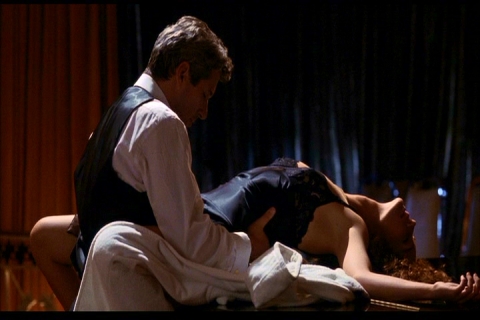 In fact, if I were describing it to someone I'd say it's like Pretty Woman or Cinderella, only Prince Charming is into kinky sex. Really kinky sex. And OMG, he's really hot.I must admit, I got drawn into the steamy scenes—you'd have to be a eunuch not to. But I would find myself halfway through the page saying, "wait, what? That just doesn't happen..." I mean you have to give her props for imagination, but a lot of it just doesn't play realistically. I could go into gory detail, but it would cause major spoilers, and would be a bit TMI, even for me. (Seriously, how many of you out there had multiple O's your first time? Guys, put your hands down.)And—disclosure—I didn't even finish the book. I tried, but I kept getting so frustrated. Not that kind of frustrated either. One of the main things that bothered me is that here you have this main character who is supposed to be a smart, intellectual woman—however young and sexually inexperienced—making really stupid decisions. Dan Brown does the same thing in his books; writes these incredibly intelligent women, who for whatever reason can't seem to do anything for themselves until the dashing Professor Langdon sweeps in to save the day.
In fact, if I were describing it to someone I'd say it's like Pretty Woman or Cinderella, only Prince Charming is into kinky sex. Really kinky sex. And OMG, he's really hot.I must admit, I got drawn into the steamy scenes—you'd have to be a eunuch not to. But I would find myself halfway through the page saying, "wait, what? That just doesn't happen..." I mean you have to give her props for imagination, but a lot of it just doesn't play realistically. I could go into gory detail, but it would cause major spoilers, and would be a bit TMI, even for me. (Seriously, how many of you out there had multiple O's your first time? Guys, put your hands down.)And—disclosure—I didn't even finish the book. I tried, but I kept getting so frustrated. Not that kind of frustrated either. One of the main things that bothered me is that here you have this main character who is supposed to be a smart, intellectual woman—however young and sexually inexperienced—making really stupid decisions. Dan Brown does the same thing in his books; writes these incredibly intelligent women, who for whatever reason can't seem to do anything for themselves until the dashing Professor Langdon sweeps in to save the day. Now, I have to say, pretty much my entire life, if I picked up a book and started reading it, that meant I would be reading it 'til the very end, no matter what. I have no idea where I came up with this philosophy. Probably some sort of teacher-infused guilt, or Norwegian stubbornness from somewhere along the line, but I always believed that if you started a book, you HAD TO FINISH IT.But I've gotten to the point in my life where I've decided not to waste my time trying to read a book I don't like. There are SO many books out there that I would like to read. Why sit and stew and turn pages that frustrate the hell out of you, one after the other, when there is a whole pile of books on your nightstand, just begging for their spines to be cracked?
Now, I have to say, pretty much my entire life, if I picked up a book and started reading it, that meant I would be reading it 'til the very end, no matter what. I have no idea where I came up with this philosophy. Probably some sort of teacher-infused guilt, or Norwegian stubbornness from somewhere along the line, but I always believed that if you started a book, you HAD TO FINISH IT.But I've gotten to the point in my life where I've decided not to waste my time trying to read a book I don't like. There are SO many books out there that I would like to read. Why sit and stew and turn pages that frustrate the hell out of you, one after the other, when there is a whole pile of books on your nightstand, just begging for their spines to be cracked? At the same time I bought 50 Shades, I also picked up a YA softcover by Kristin Cashore, called Fire. Not that I needed any new books—I have a ton on my shelves that I still haven't gotten to yet (like that's ever stopped me from buying a book). But when I got so frustrated with Miss Steele and Mr. Gray, I picked up Fire, just to take a peek.And that's when I realized I didn't need to read all about the Steele/Gray tryst. Because the other book was so. much. better. And it has nothing to do with genre (50 Shades is adult contemporary erotica fiction; Fire is young adult fantasy fiction), it's all about the quality of the writing. See for yourself in the following excerpts (no spoilers):
At the same time I bought 50 Shades, I also picked up a YA softcover by Kristin Cashore, called Fire. Not that I needed any new books—I have a ton on my shelves that I still haven't gotten to yet (like that's ever stopped me from buying a book). But when I got so frustrated with Miss Steele and Mr. Gray, I picked up Fire, just to take a peek.And that's when I realized I didn't need to read all about the Steele/Gray tryst. Because the other book was so. much. better. And it has nothing to do with genre (50 Shades is adult contemporary erotica fiction; Fire is young adult fantasy fiction), it's all about the quality of the writing. See for yourself in the following excerpts (no spoilers):
Excerpt from 5o Shades of Grey, by E.L. James:
"Ready?" he asks. I nod and want to say, For anything, but I can't articulate the words as I'm too nervous, too excited."Taylor." he nods curtly at his driver, and we head into the building, straight to a set of elevators. Elevator! The memory of our kiss this morning comes back to haunt me. I have thought of nothing else all day, daydreaming at the register at Clayton's. Twice Mr. Clayton had to shout my name to bring me back to Earth. To say I've been distracted would be the understatement of the year. Christian glances down at me, a slight smile on his lips. Ha! He's thinking about it.too."It's only three floors," he says dryly, his eyes dancing with amusement. He's telepathic, surely. It's spooky.
Three adverbs! Really? In little more than one paragraph?! Who edited this?? Okay, Heidi, don't sweat the small stuff, don't sweat the small stuff...
Excerpt from Fire, by Kristin Cashore:
It had been easy once, taking Archer into her bed; not so long ago it had been simple. And then, somehow the balance had tipped between them. The marriage proposals, the lovesickness. More and more, the simplest thing was to say no.She would answer him gently. She turned to him and held out her hand. He stood and came to her."I must change into riding clothes and pull a few more things together," she said. "We'll say our goodbyes now. You must go down and tell the prince I'm coming."He stared at his shoes and then into her face, understanding her. He tugged at her headscarf until it slid away and her hair fell around her shoulders. He collected her hair in one hand, bent his face to it, kissed it. He pulled Fire to him and kissed her neck and her mouth, so that her body was left wishing that her mind were not so stingy. Then he broke away and turned to the door, his face the picture of unhappiness.
Now, I'm sorry, but that is some good f*ing writing. Where James over-explains and over-punctuates her character's every thought, lip-bite and groin-pull, Cashore paints a picture for you to observe from a distance, the characters explaining how they feel with their actions. Kind of goes back to the old "show, don't tell" lesson I learned from my library critique group.Okay, okay, so who am I? Right? Who am I to be sitting up here on my high horse, critiquing something that has been so lightning-in-a-bottle successful?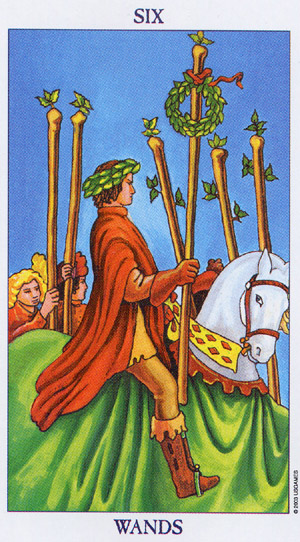 I don't want to knock Ms. James. I don't want to sound as if I think I'm somehow better, or above. I mean, not only did she finish her book, but two more, got them published and is now enjoying great prosperity because of it. I say, good for her! I can't even finish one book, and I'm embarrassed to tell you how long I've been working on it (or not working on it, as the case may be. That's at least part of my problem). And she seems like a pretty cool person. My biggest admiration for her lies in the fact that she negotiated complete control when she sold her movie rights. Now that's a genius, ballsy move. I bow humbly to that. I wonder if she whipped out some handcuffs when talking to Universal, and gave them a little spanking? ;)I wish her all the success in the world. I mean, she's kind of a Cinderella story herself, isn't she? It's a great inspiration to the rest of us schlubs hacking away at our blogs, adding to our page counts and red-penning our own manuscripts. It's proof that with a little talent, and a whole lot of determination, anyone can make it happen. You know what they say, the most successful writers aren't necessarily the best, they are just the ones who didn't quit.And as to that #1 reason writers will hate 50 Shades of Grey? Like most other things creatives hate:
I don't want to knock Ms. James. I don't want to sound as if I think I'm somehow better, or above. I mean, not only did she finish her book, but two more, got them published and is now enjoying great prosperity because of it. I say, good for her! I can't even finish one book, and I'm embarrassed to tell you how long I've been working on it (or not working on it, as the case may be. That's at least part of my problem). And she seems like a pretty cool person. My biggest admiration for her lies in the fact that she negotiated complete control when she sold her movie rights. Now that's a genius, ballsy move. I bow humbly to that. I wonder if she whipped out some handcuffs when talking to Universal, and gave them a little spanking? ;)I wish her all the success in the world. I mean, she's kind of a Cinderella story herself, isn't she? It's a great inspiration to the rest of us schlubs hacking away at our blogs, adding to our page counts and red-penning our own manuscripts. It's proof that with a little talent, and a whole lot of determination, anyone can make it happen. You know what they say, the most successful writers aren't necessarily the best, they are just the ones who didn't quit.And as to that #1 reason writers will hate 50 Shades of Grey? Like most other things creatives hate:
They didn't think of it first.
So...did you read it, or are you avoiding it on principle? Did you love it? Hate it? Read it while hiding in the ladies room? :) Please, let your voice be heard! Converse! Click reply (below).












